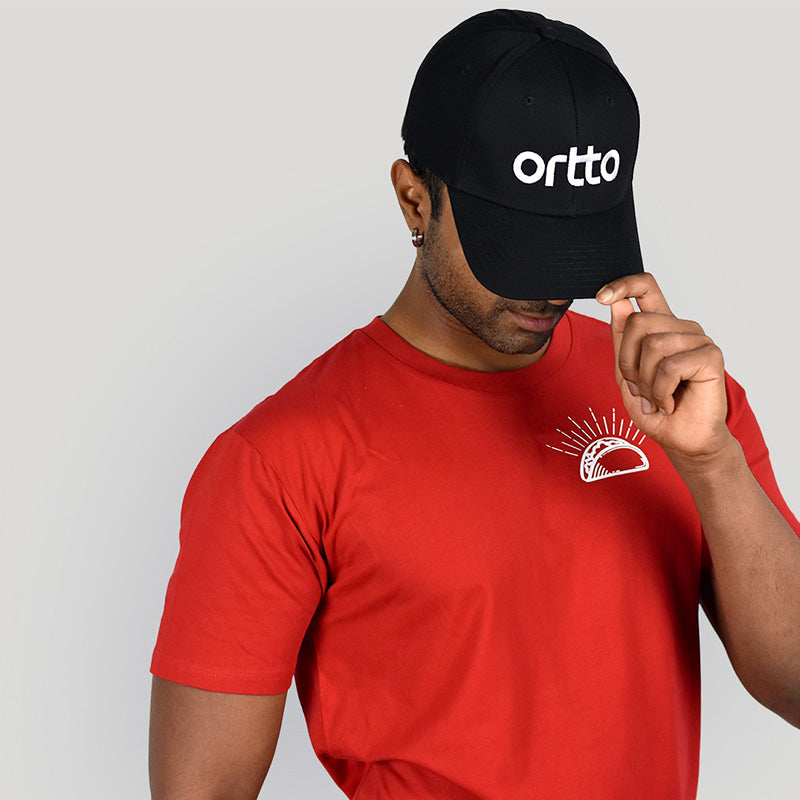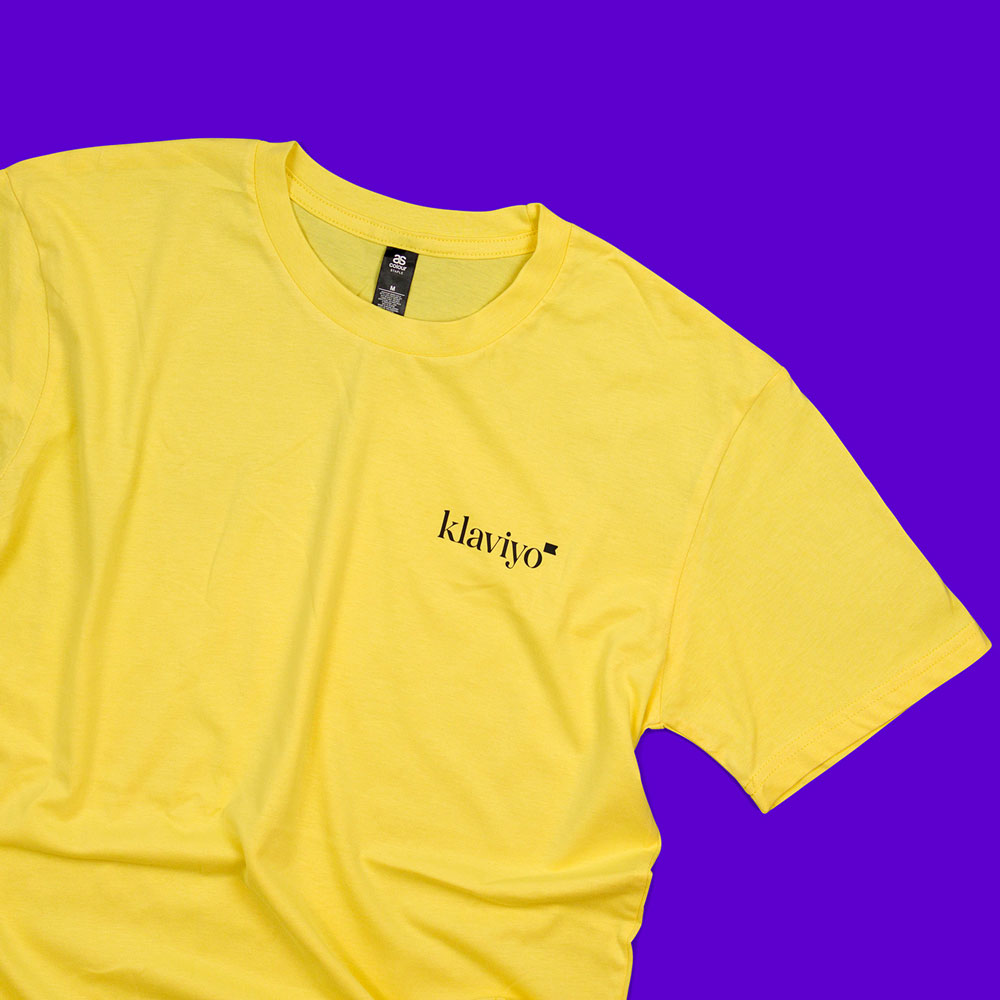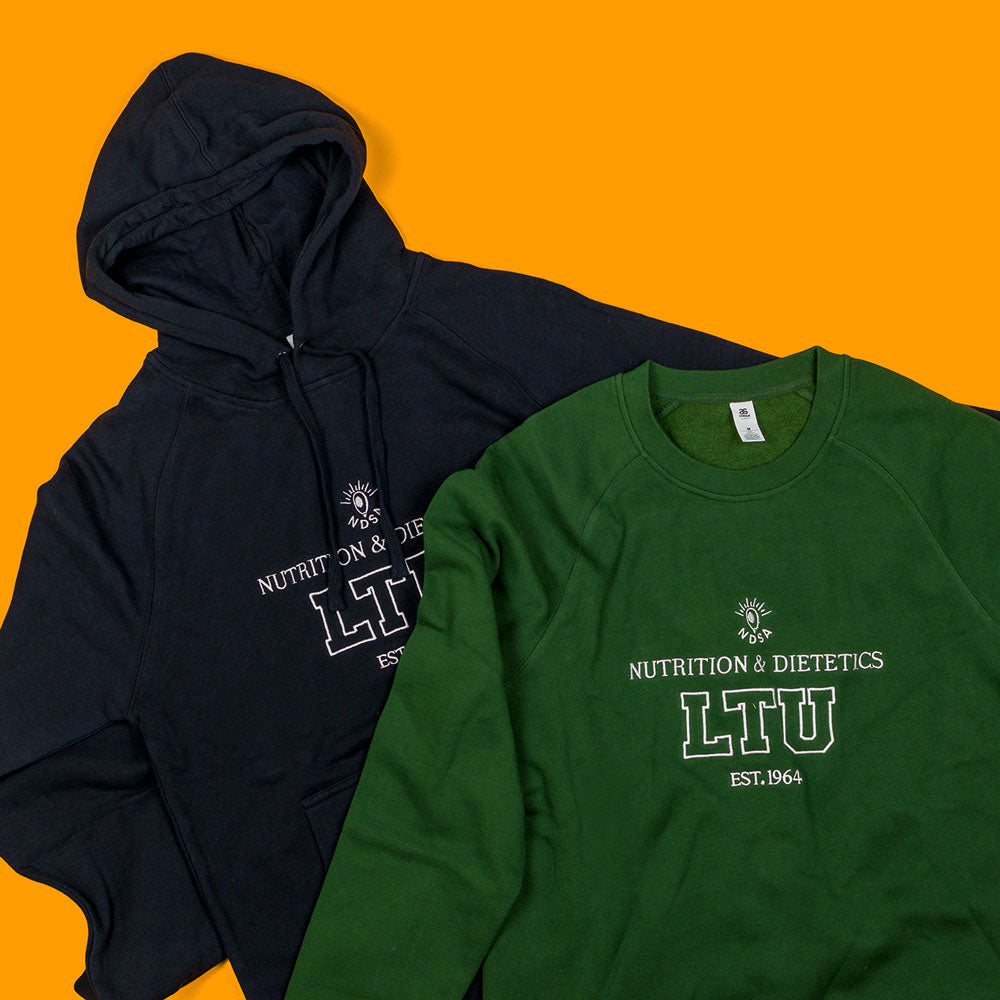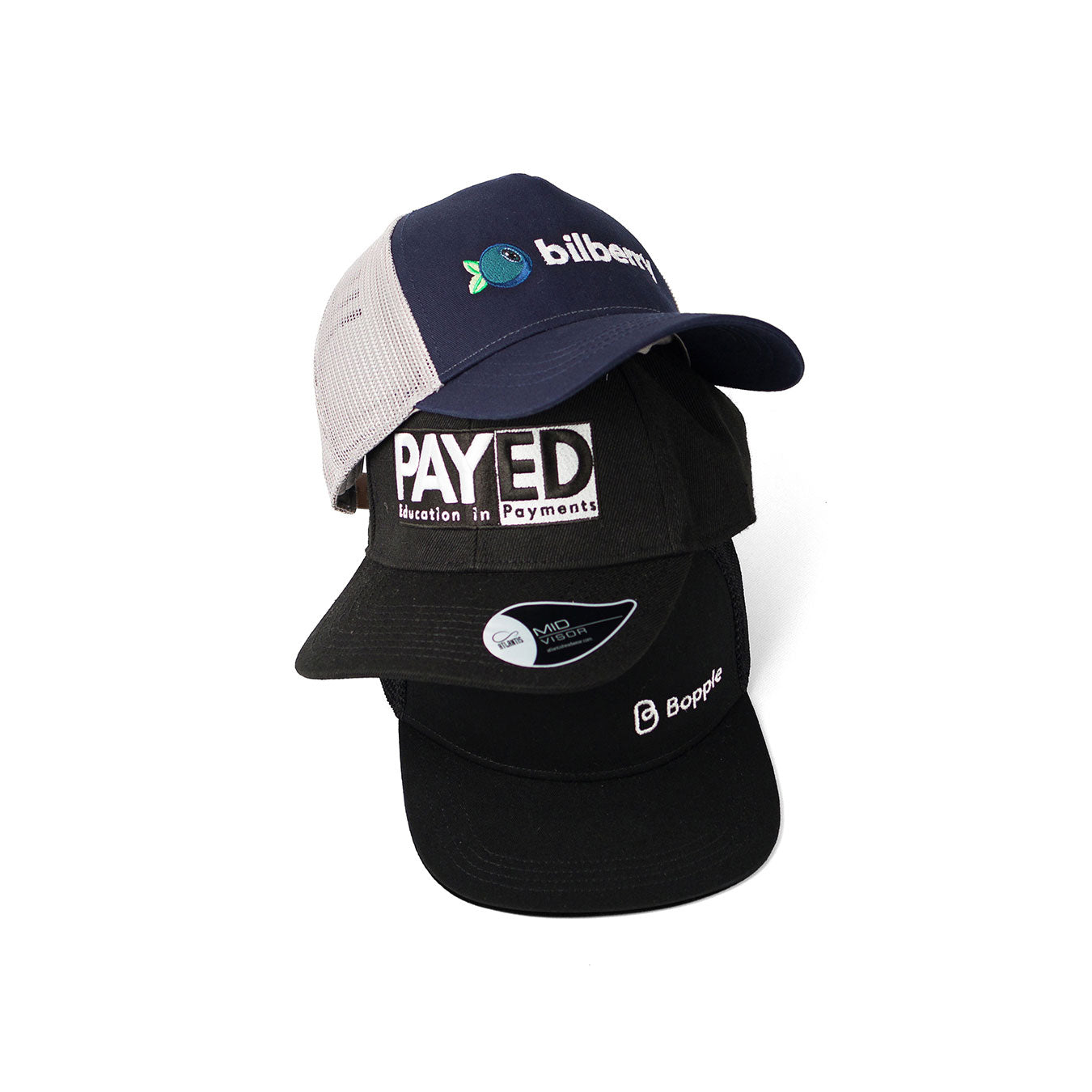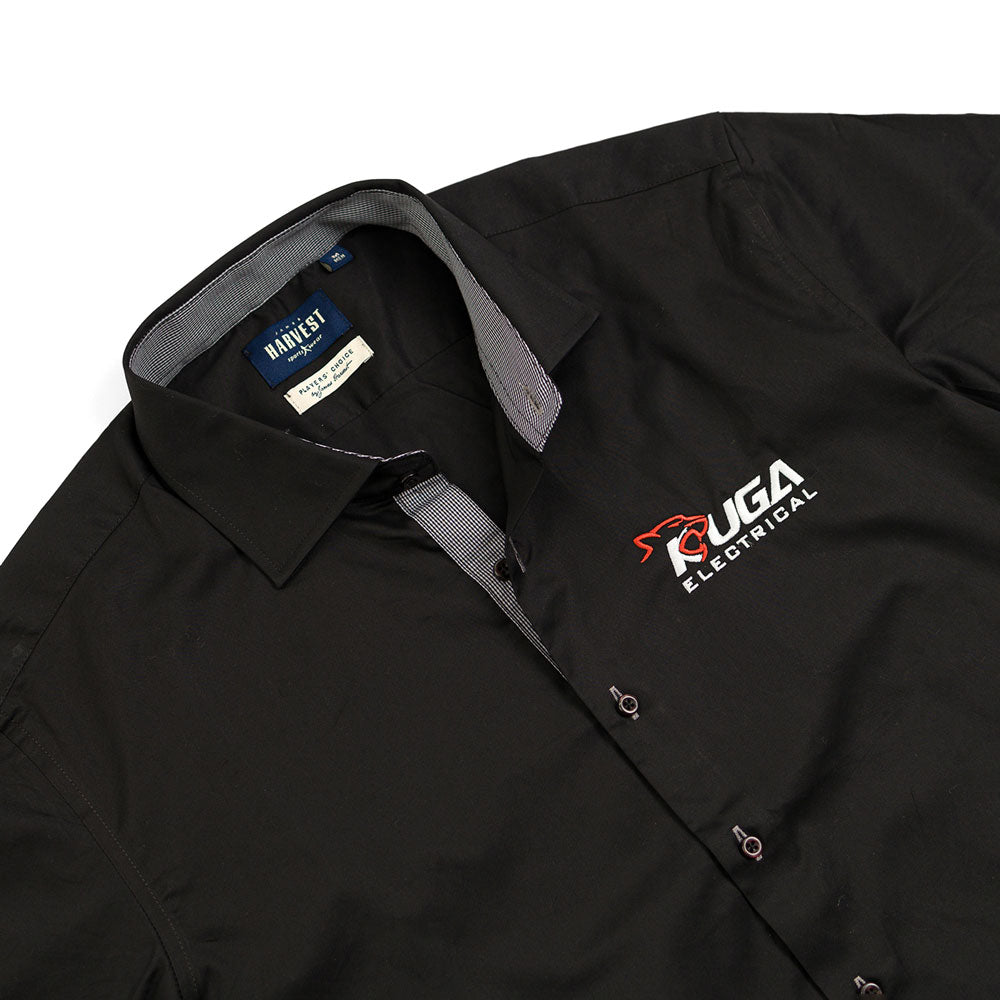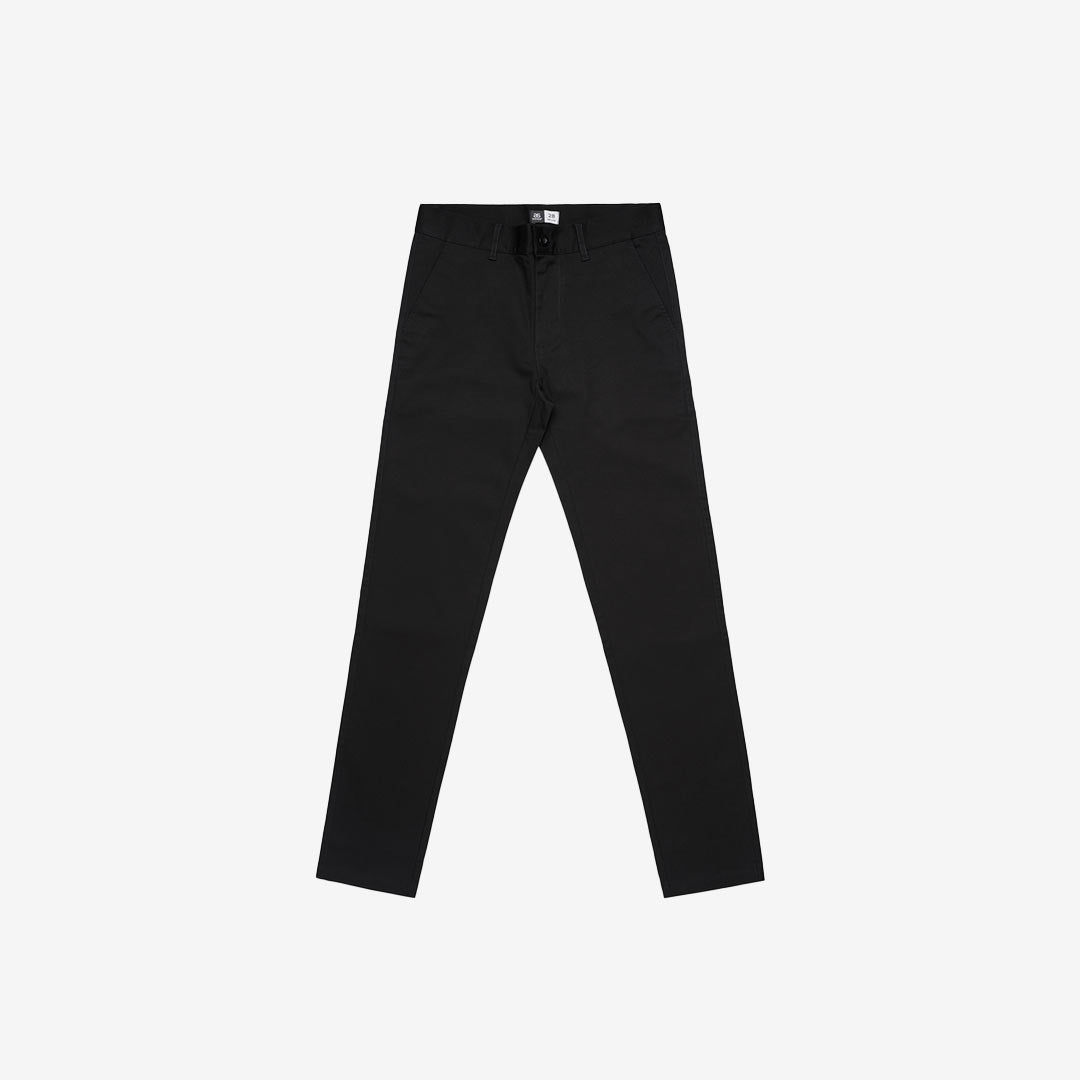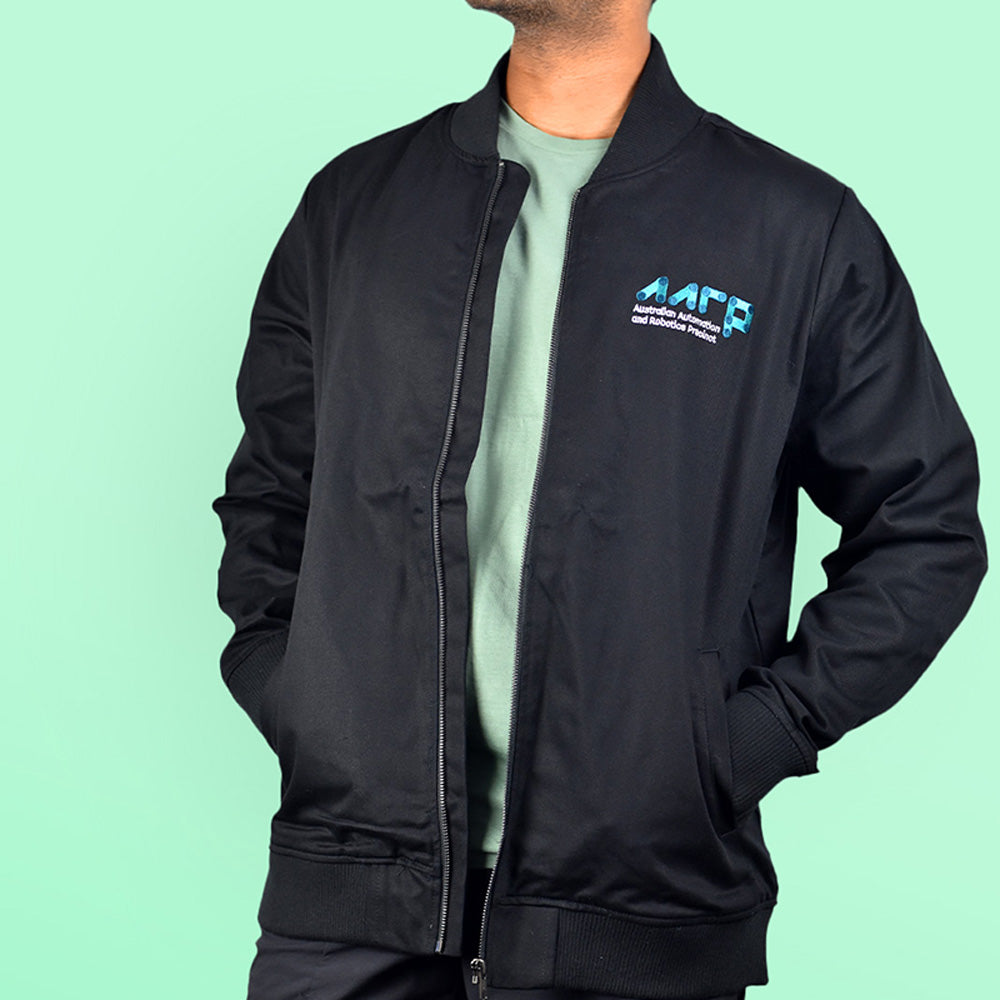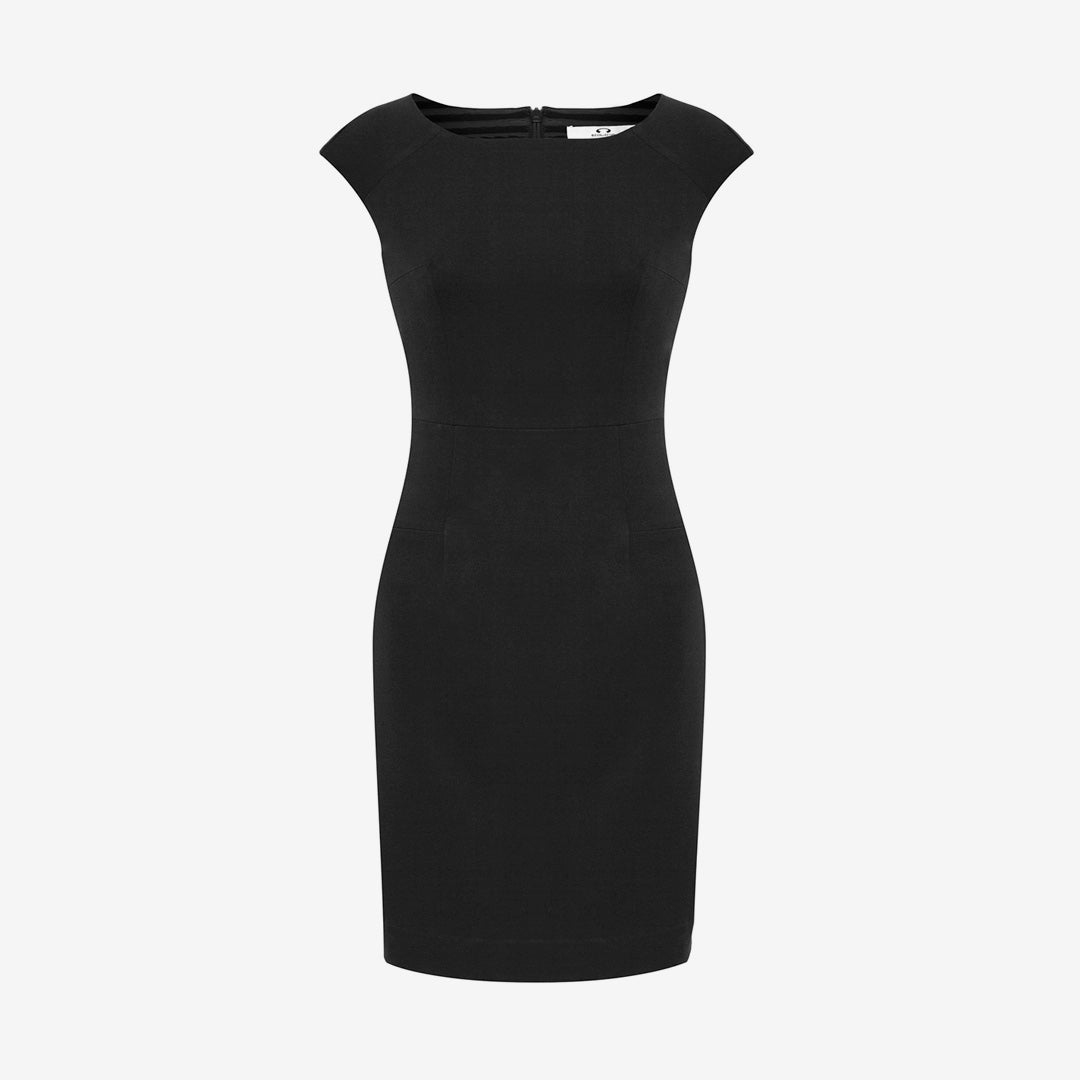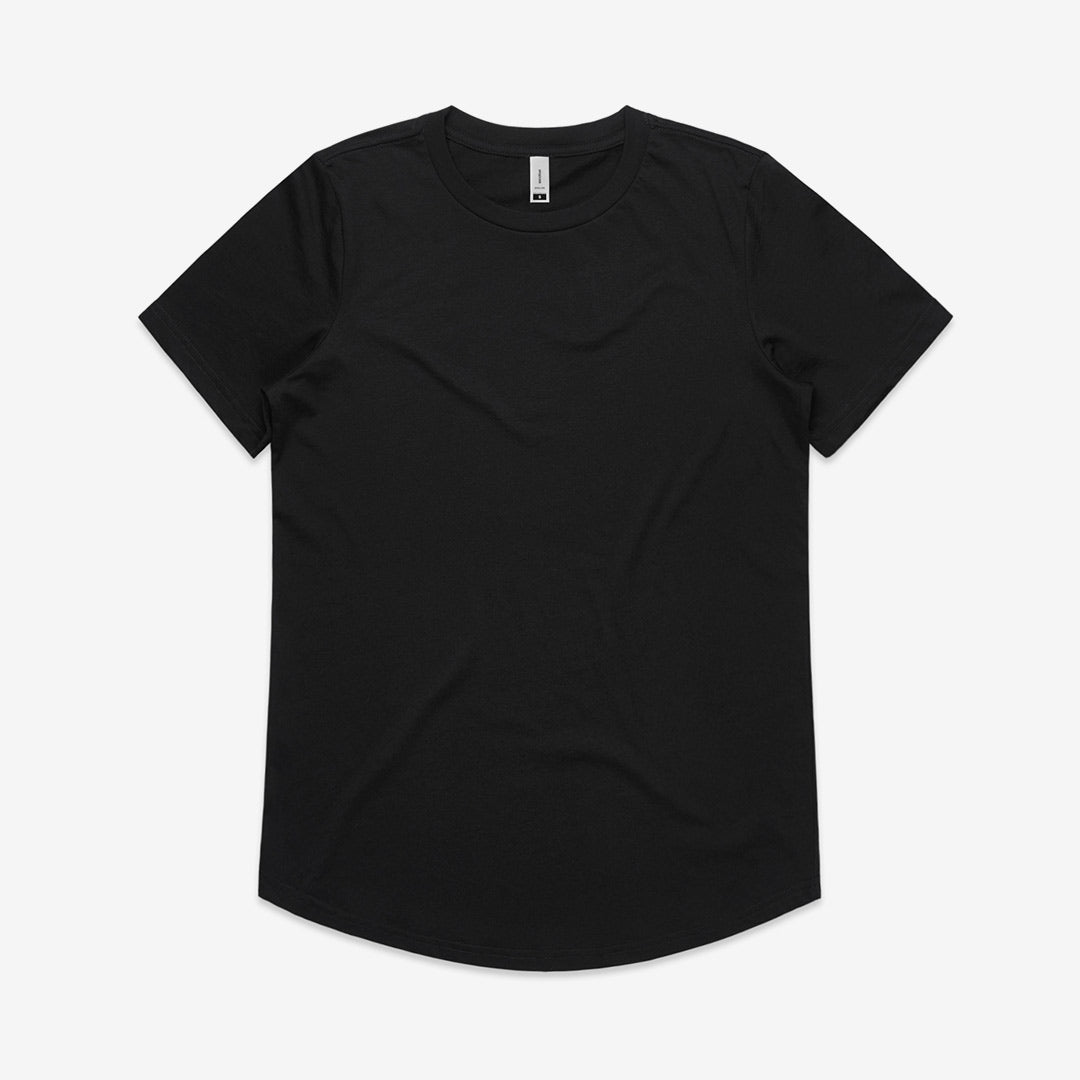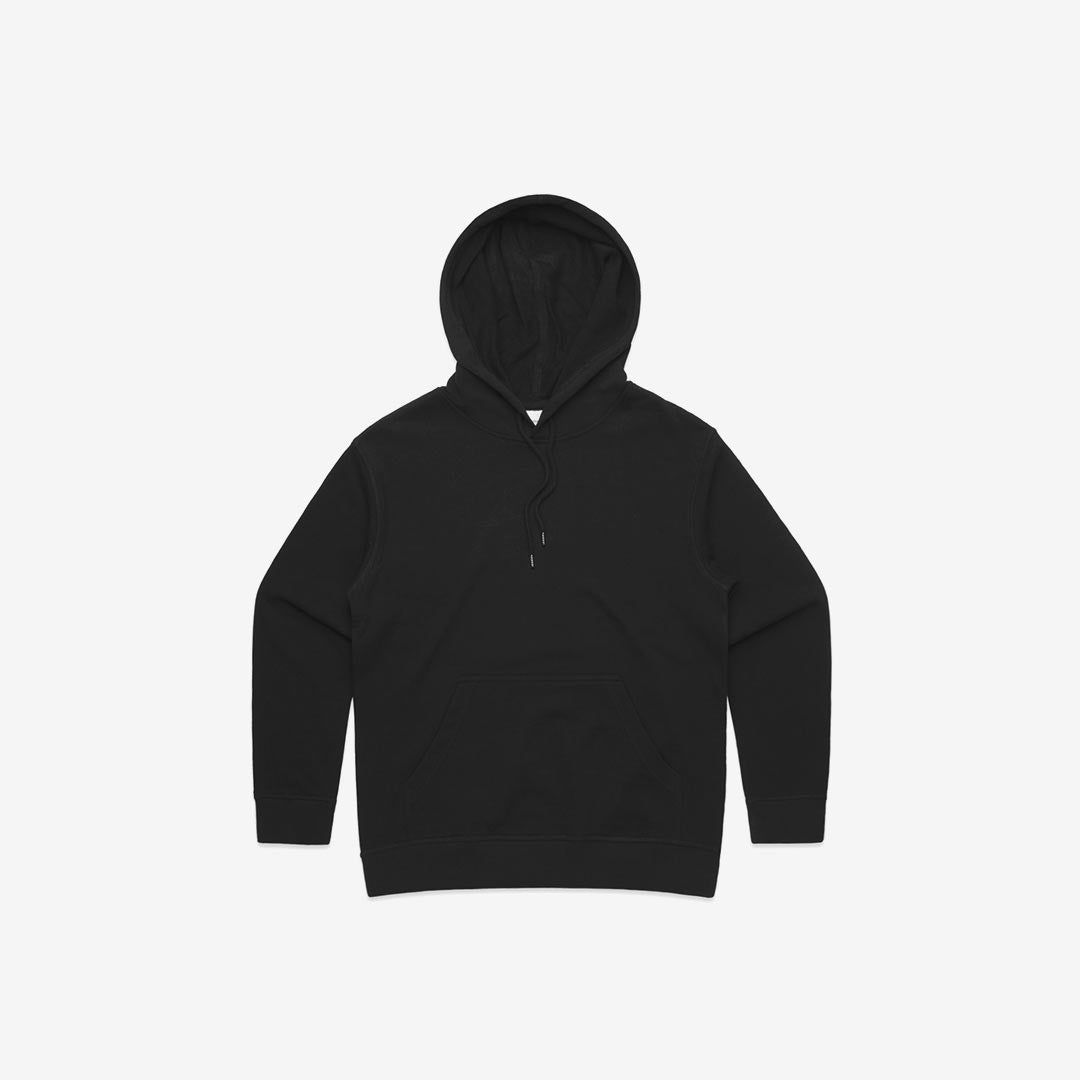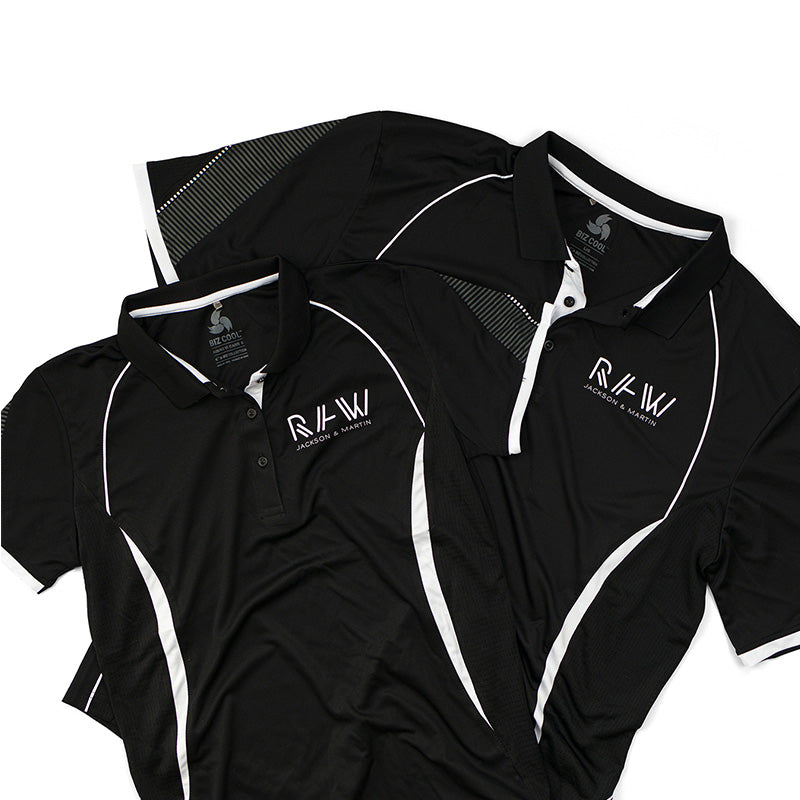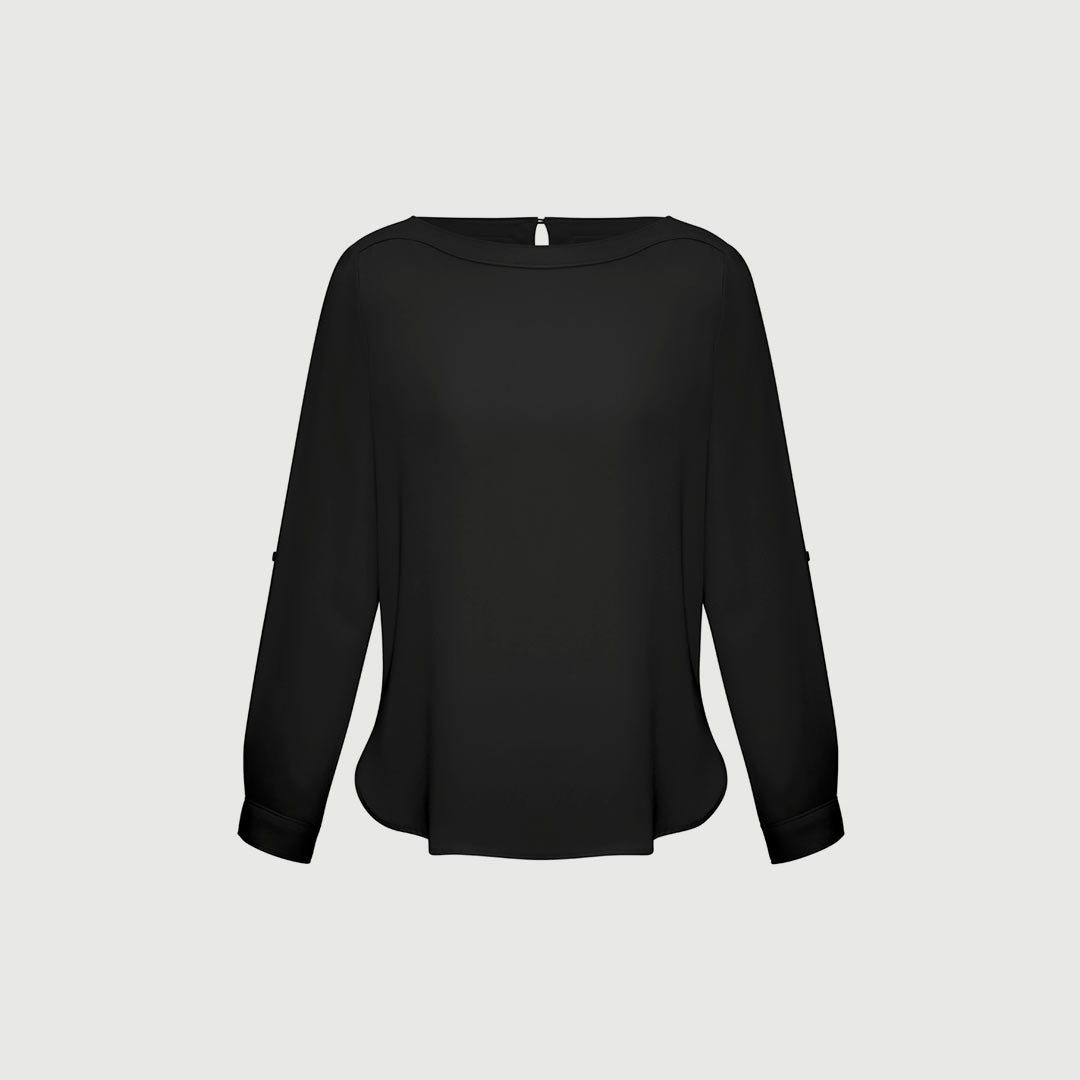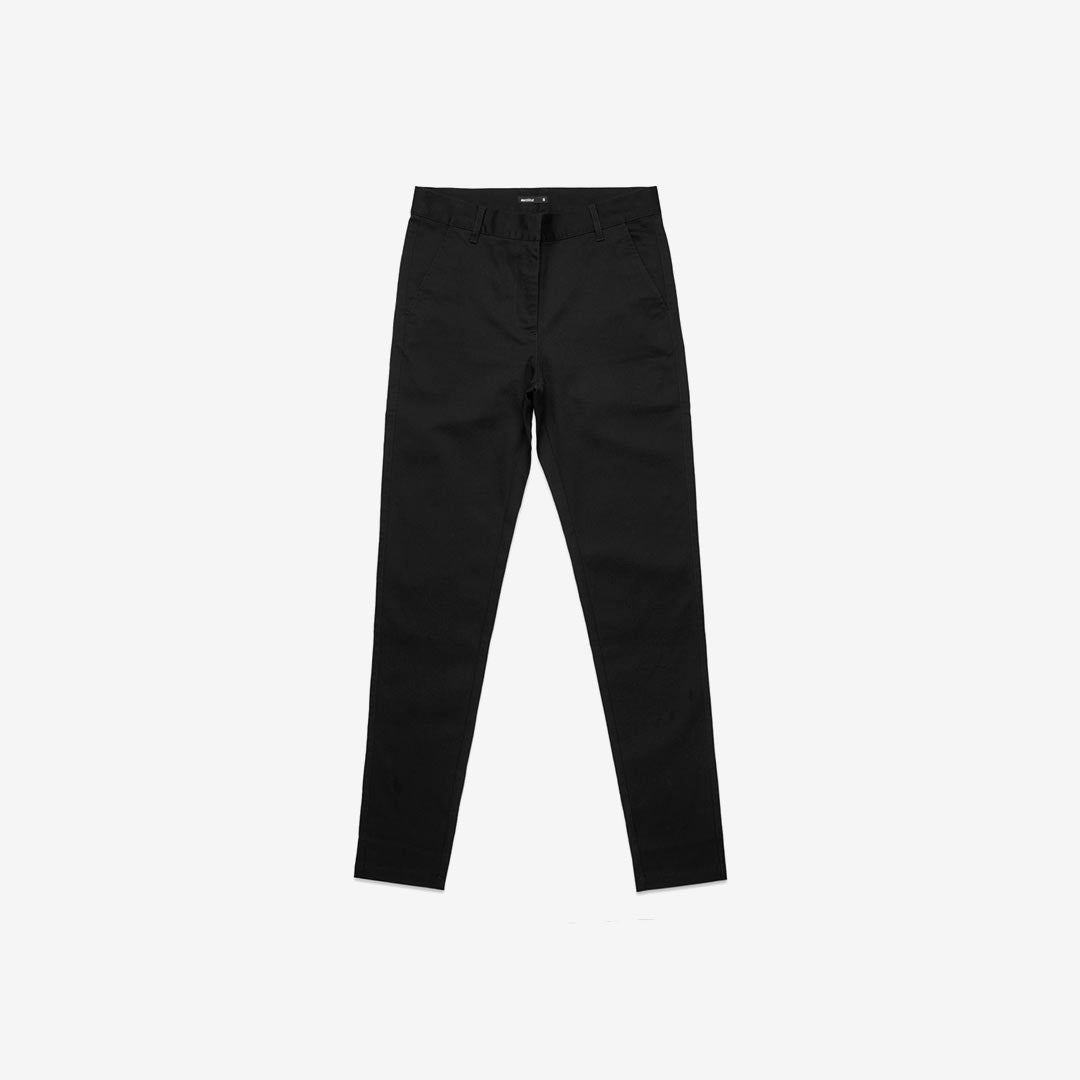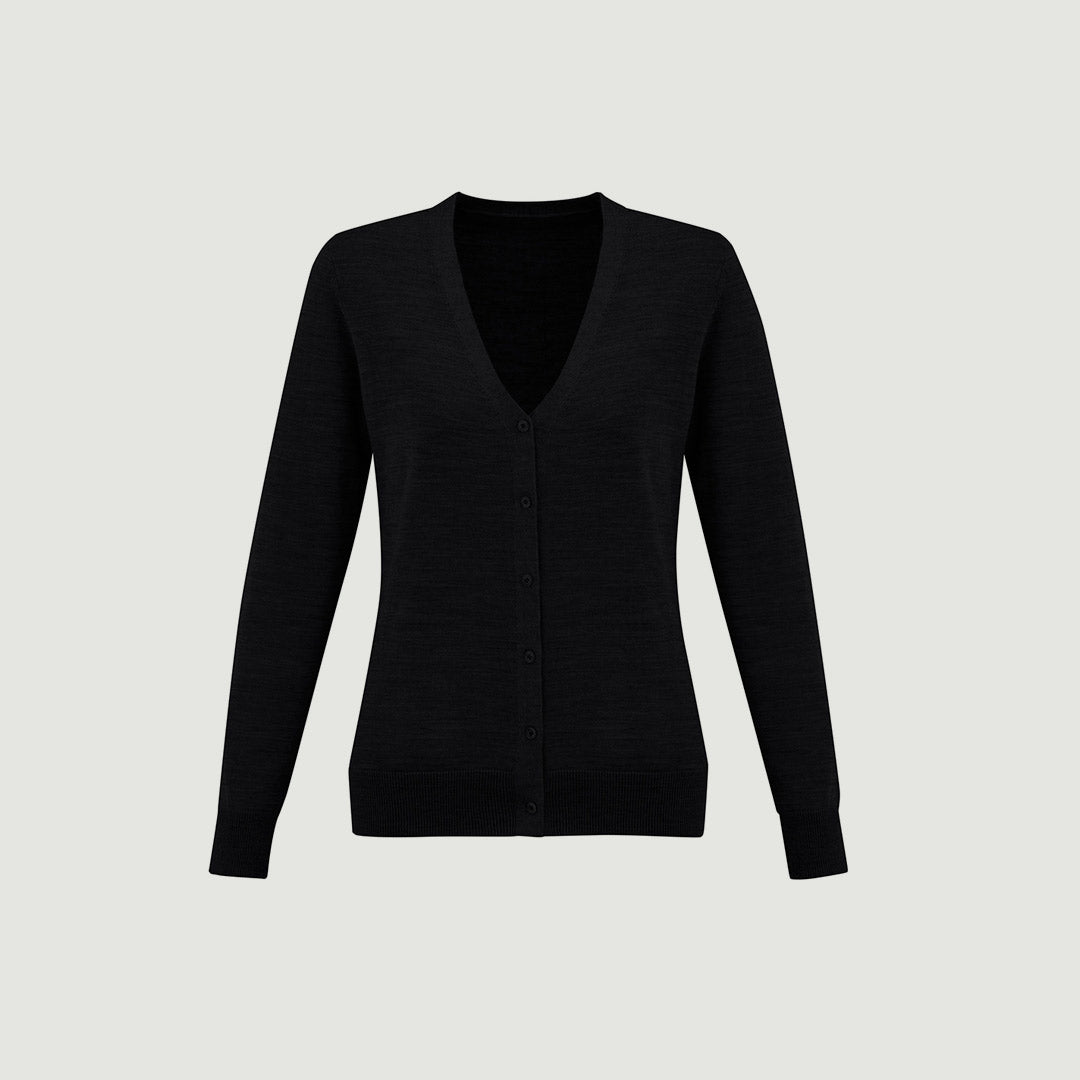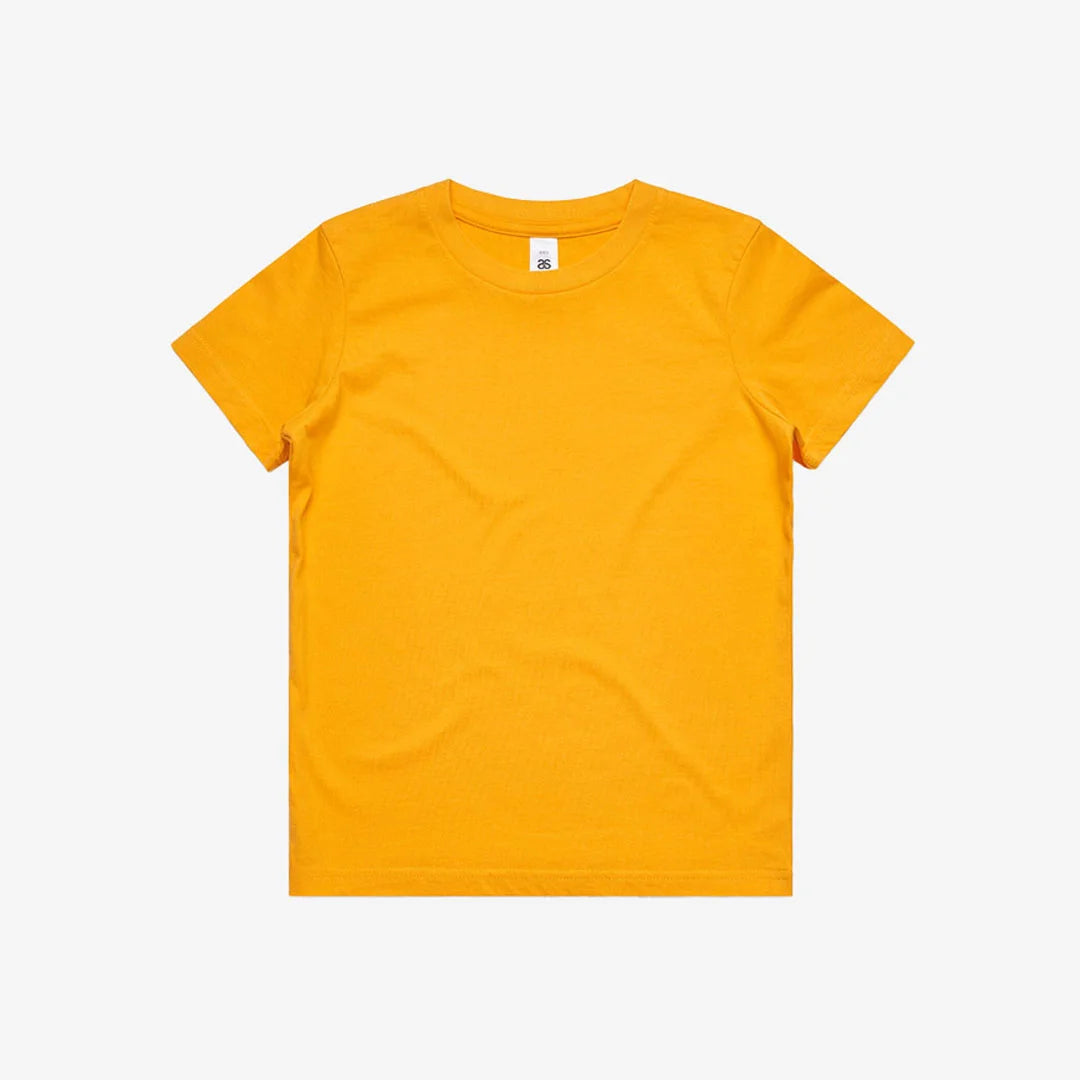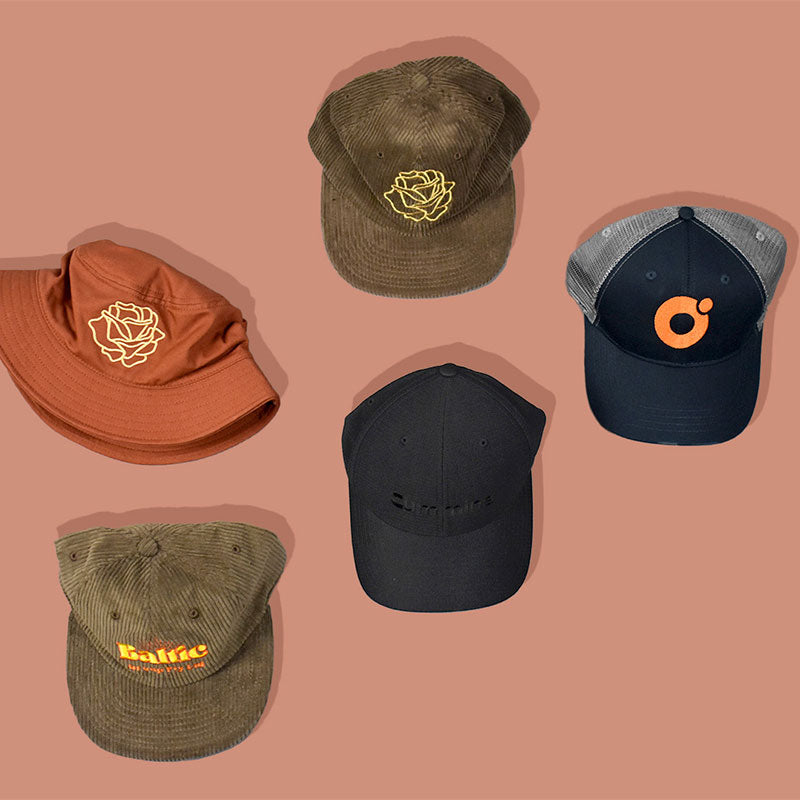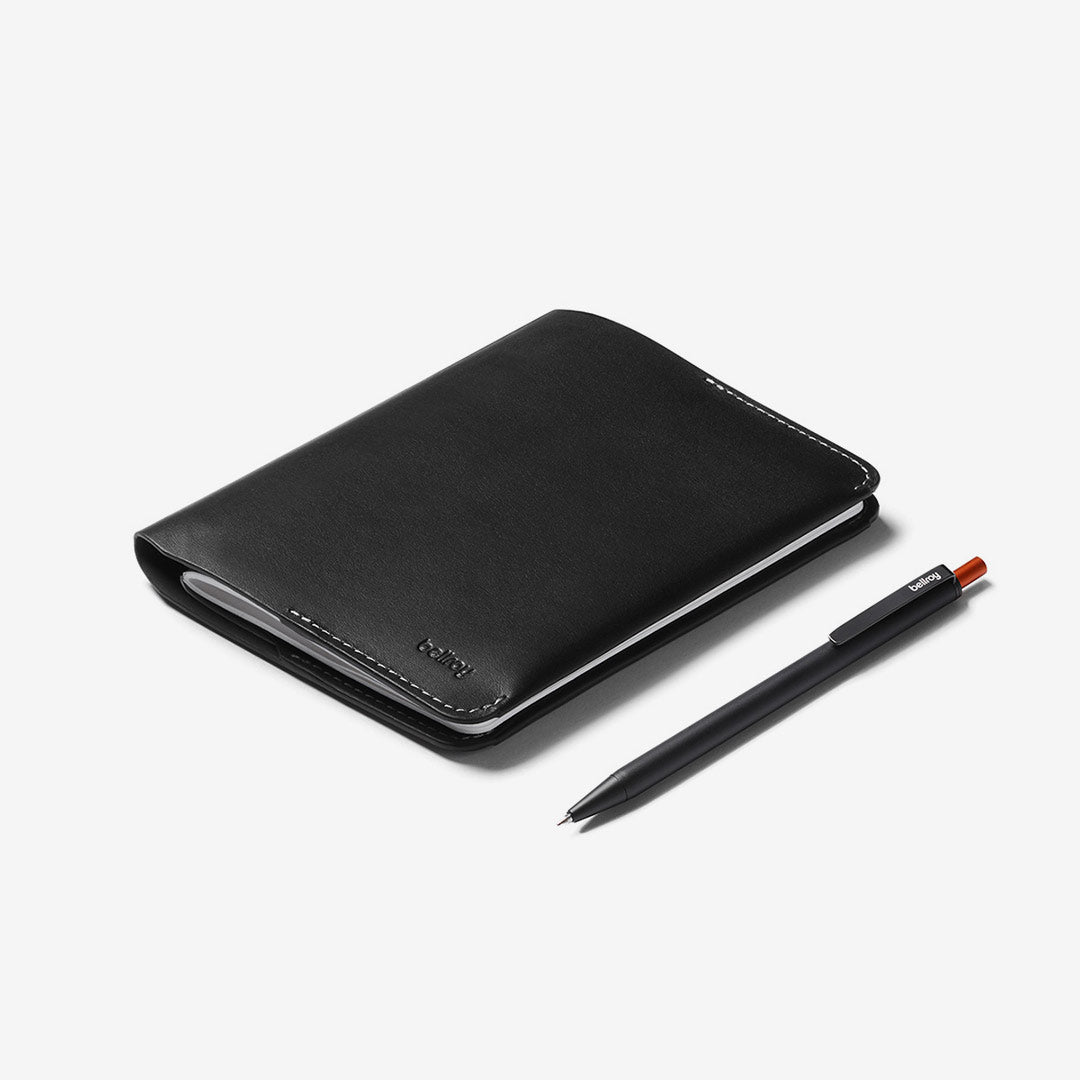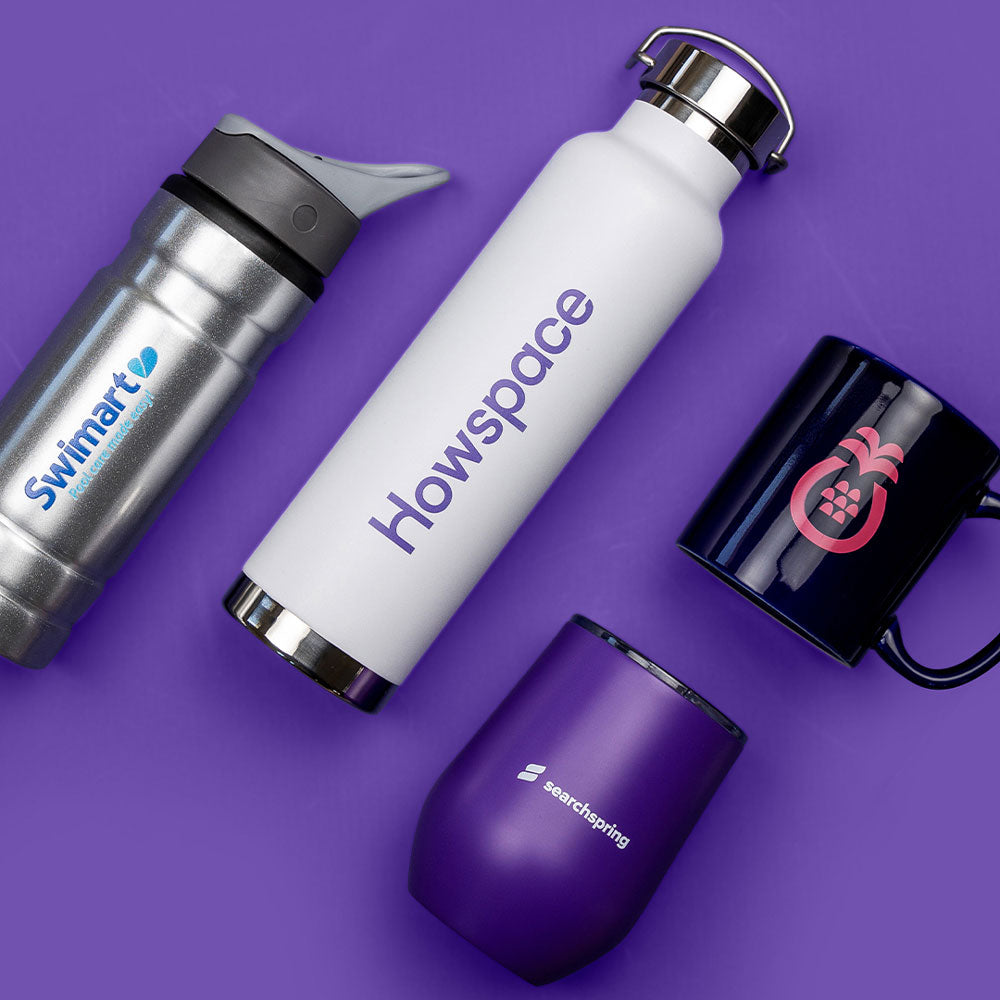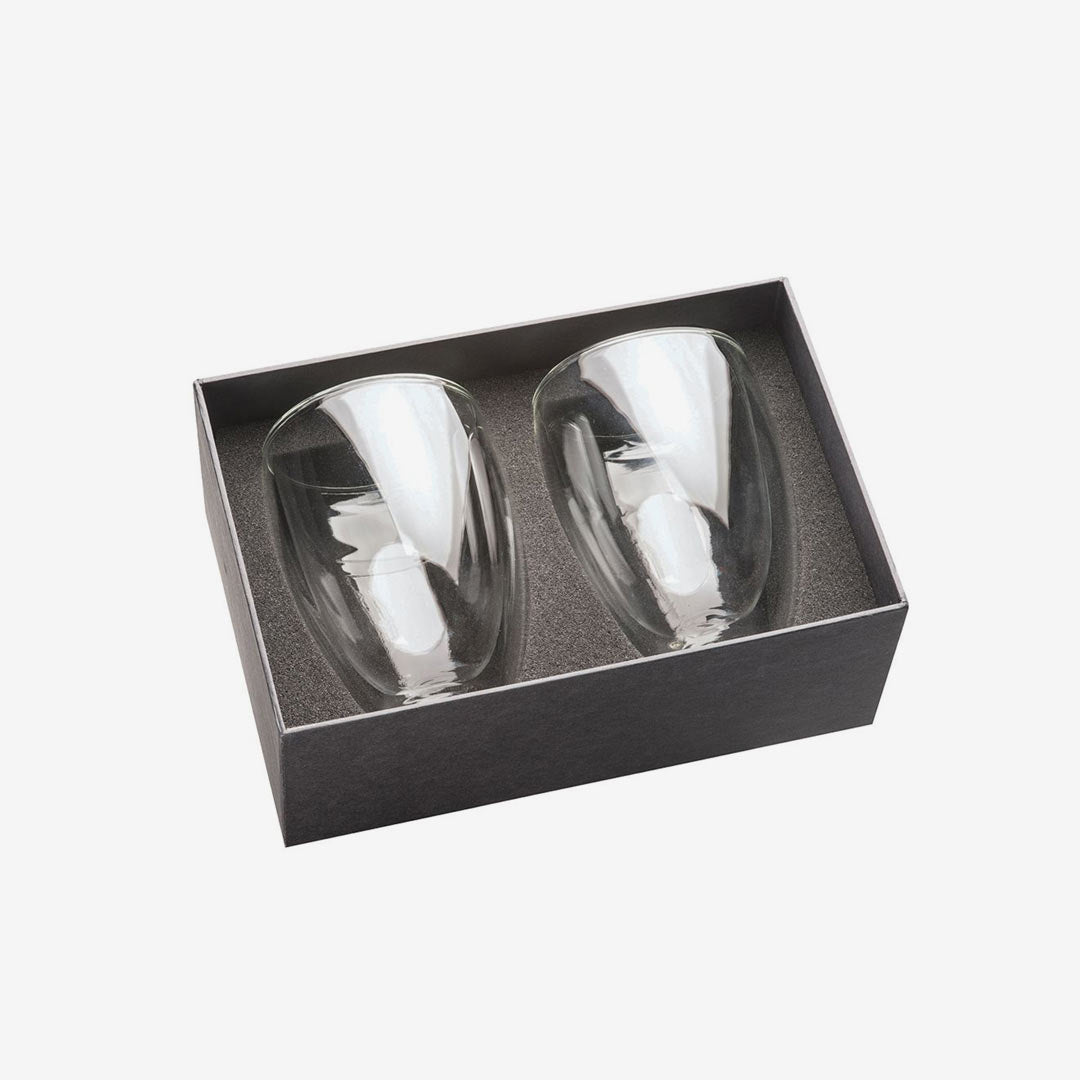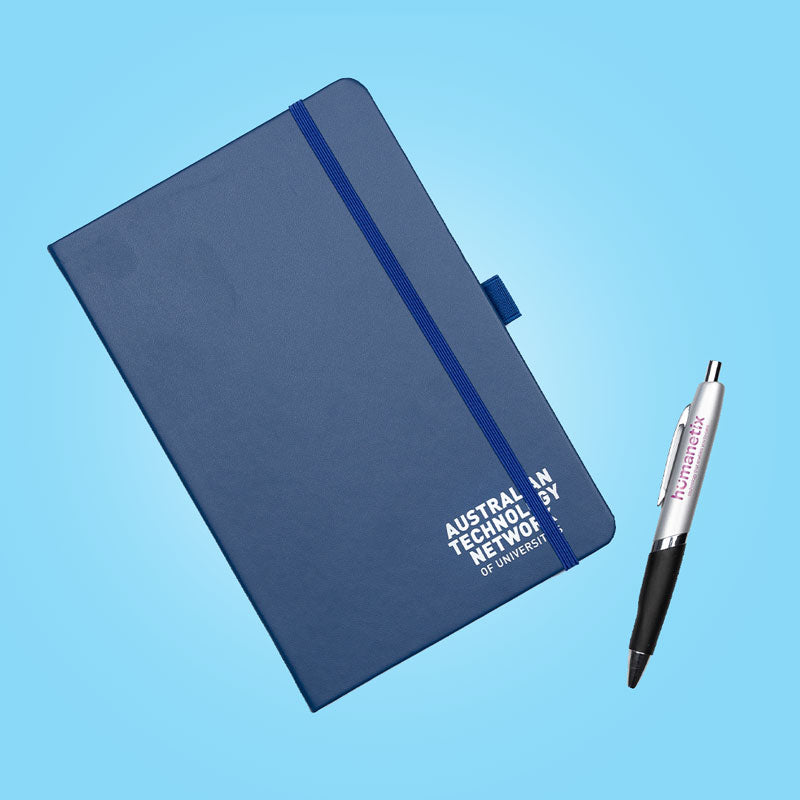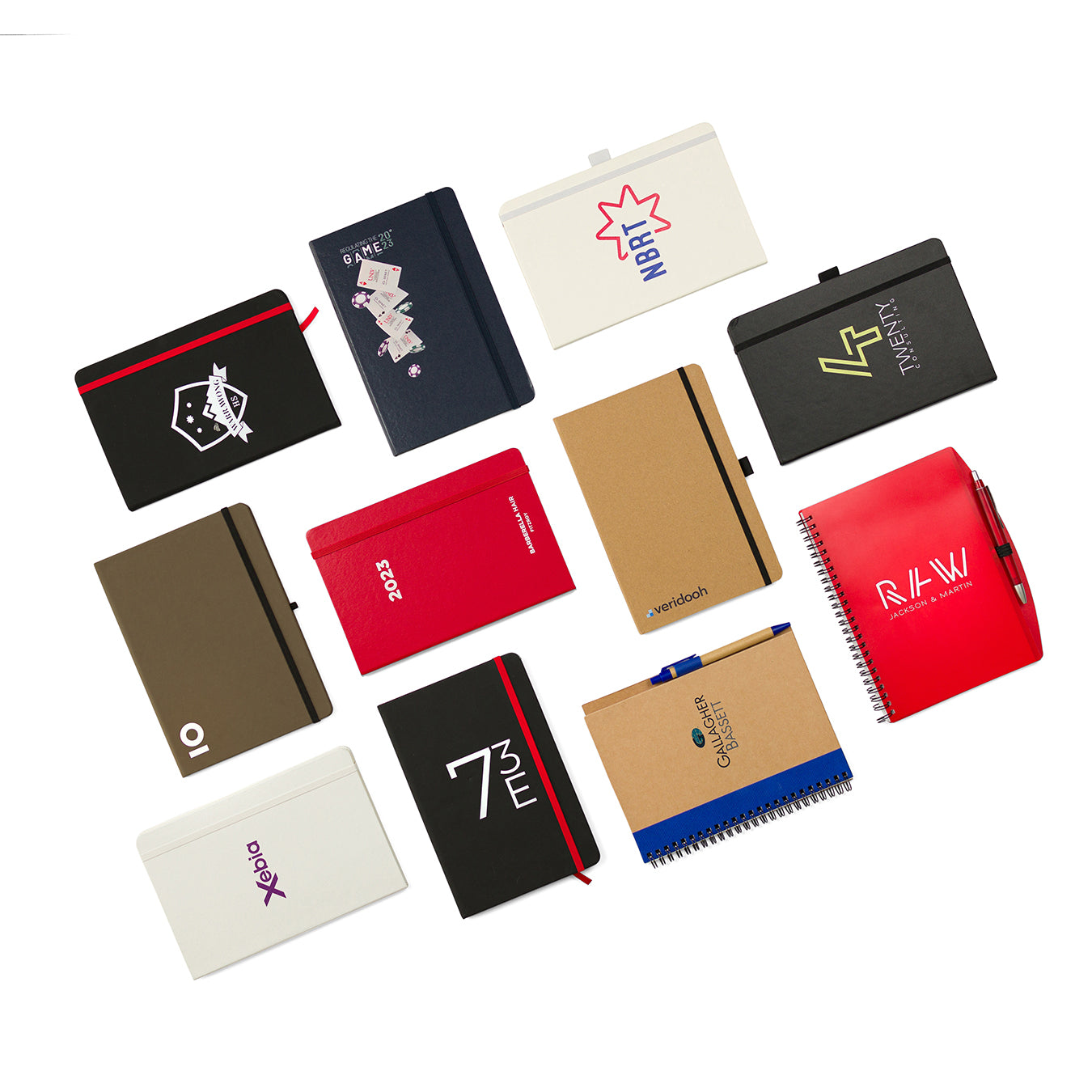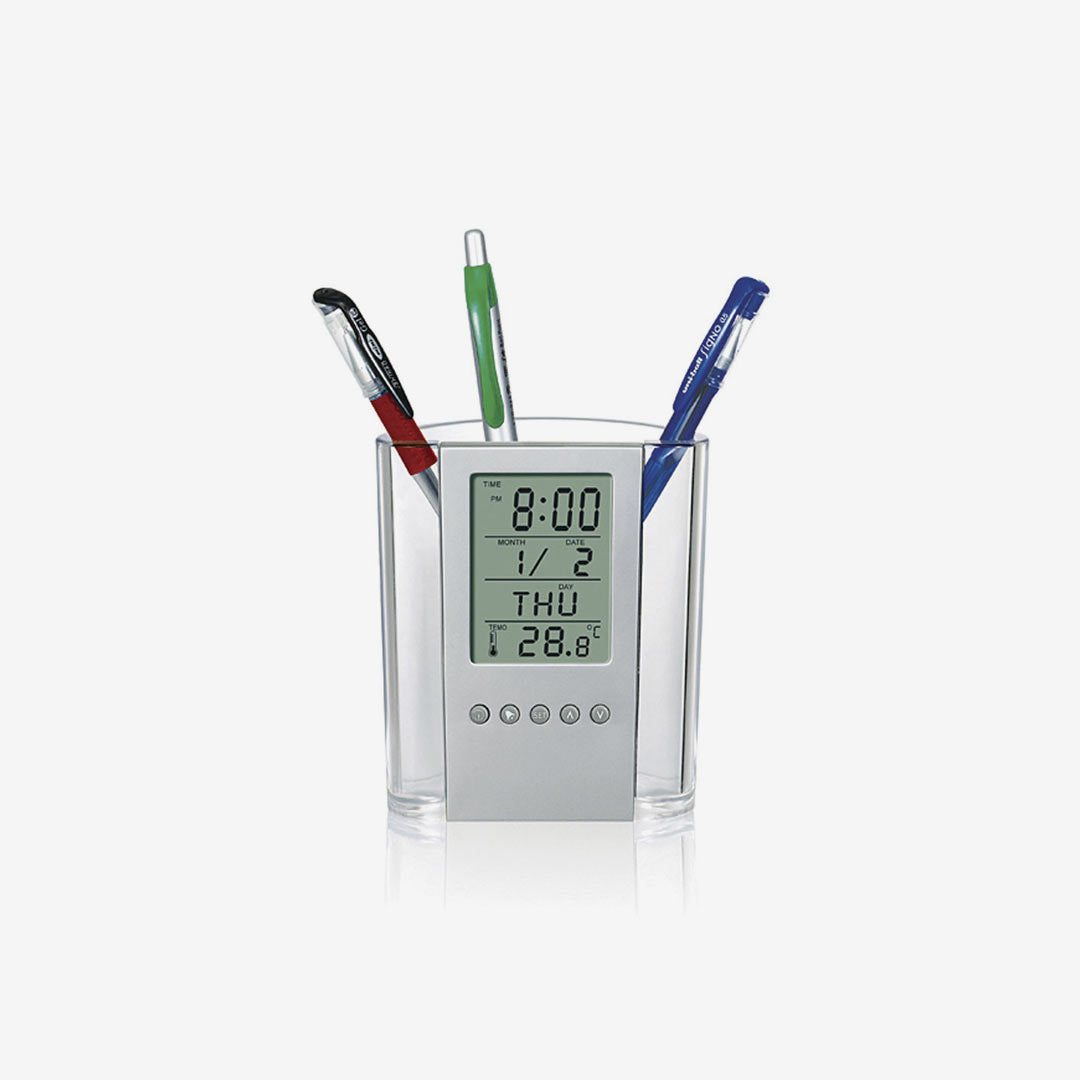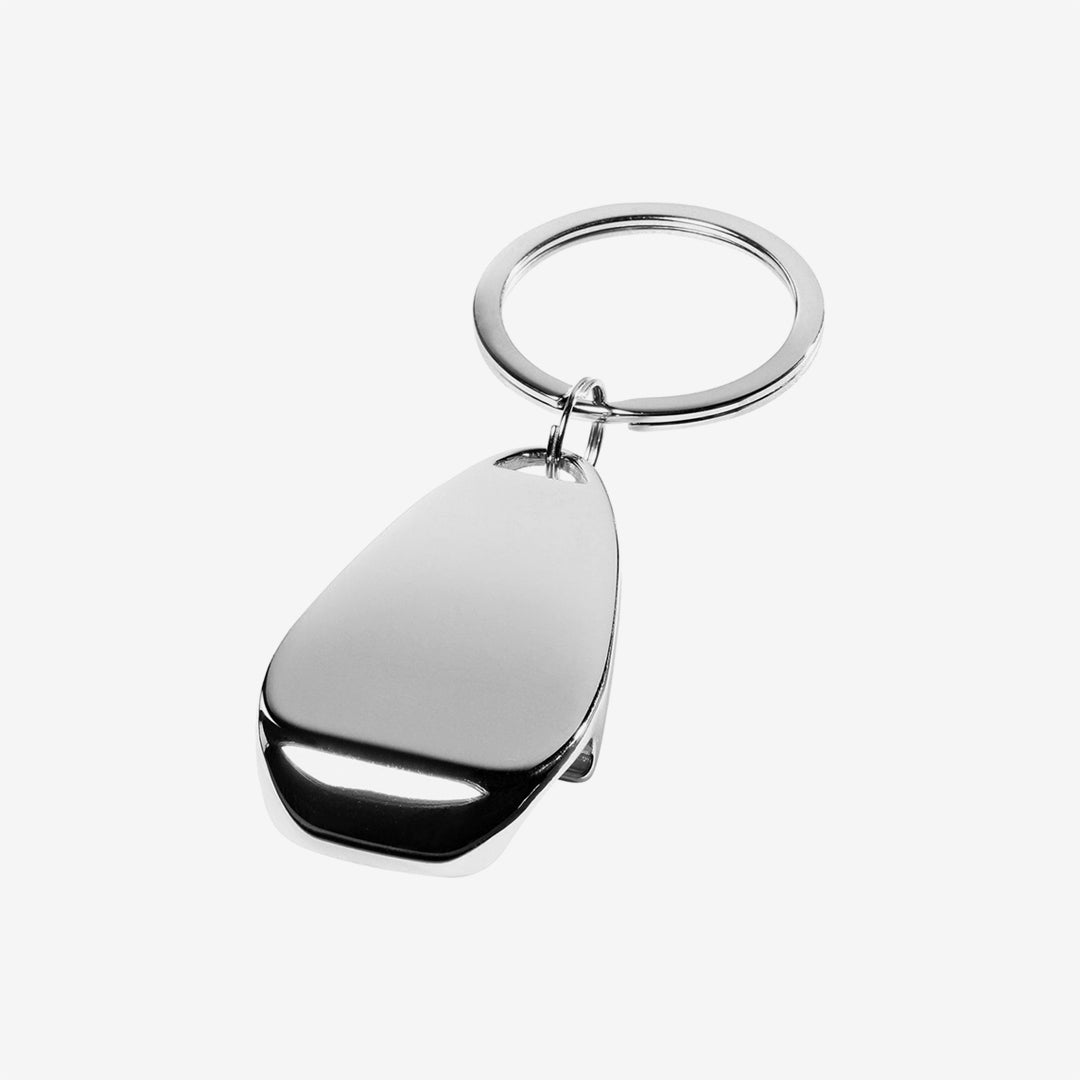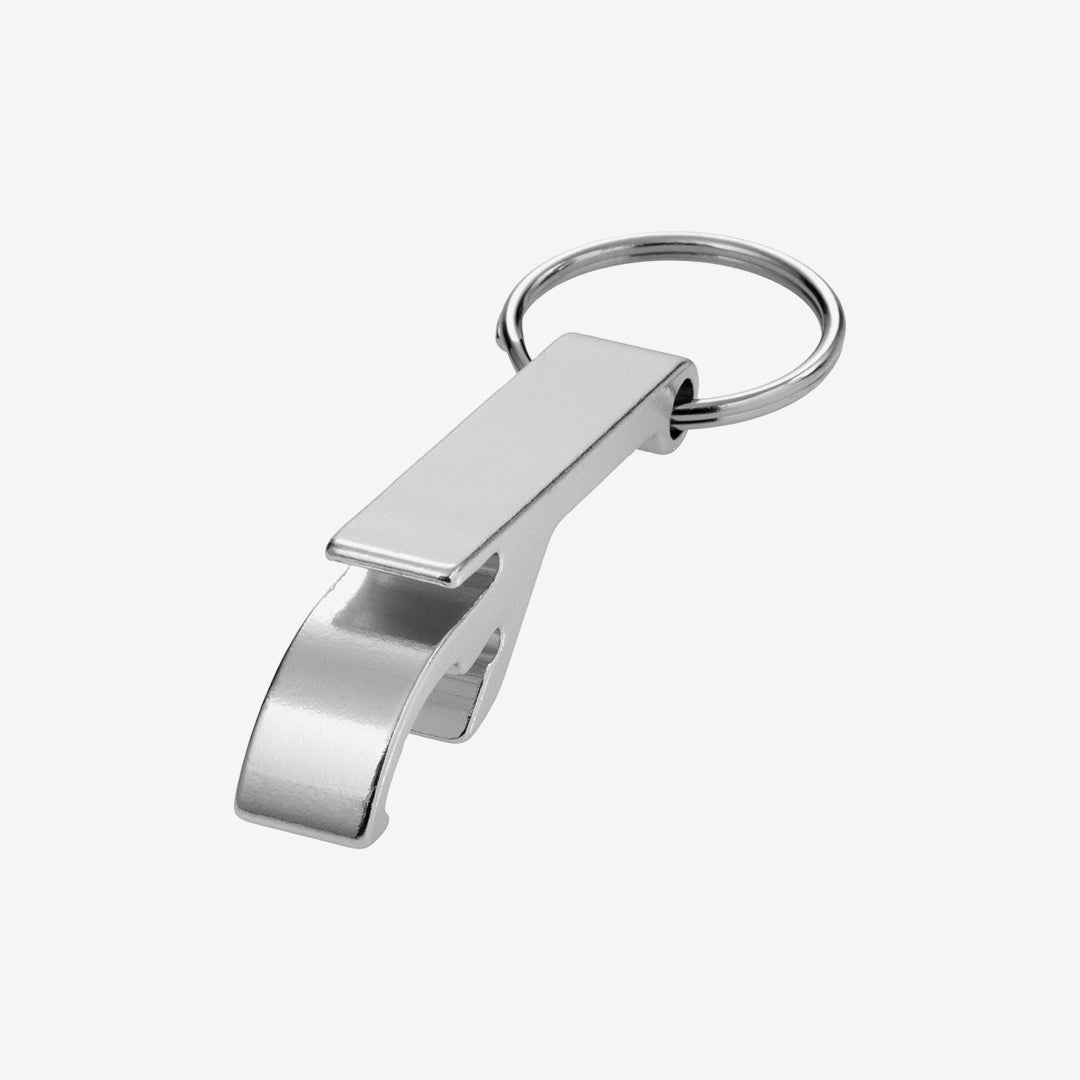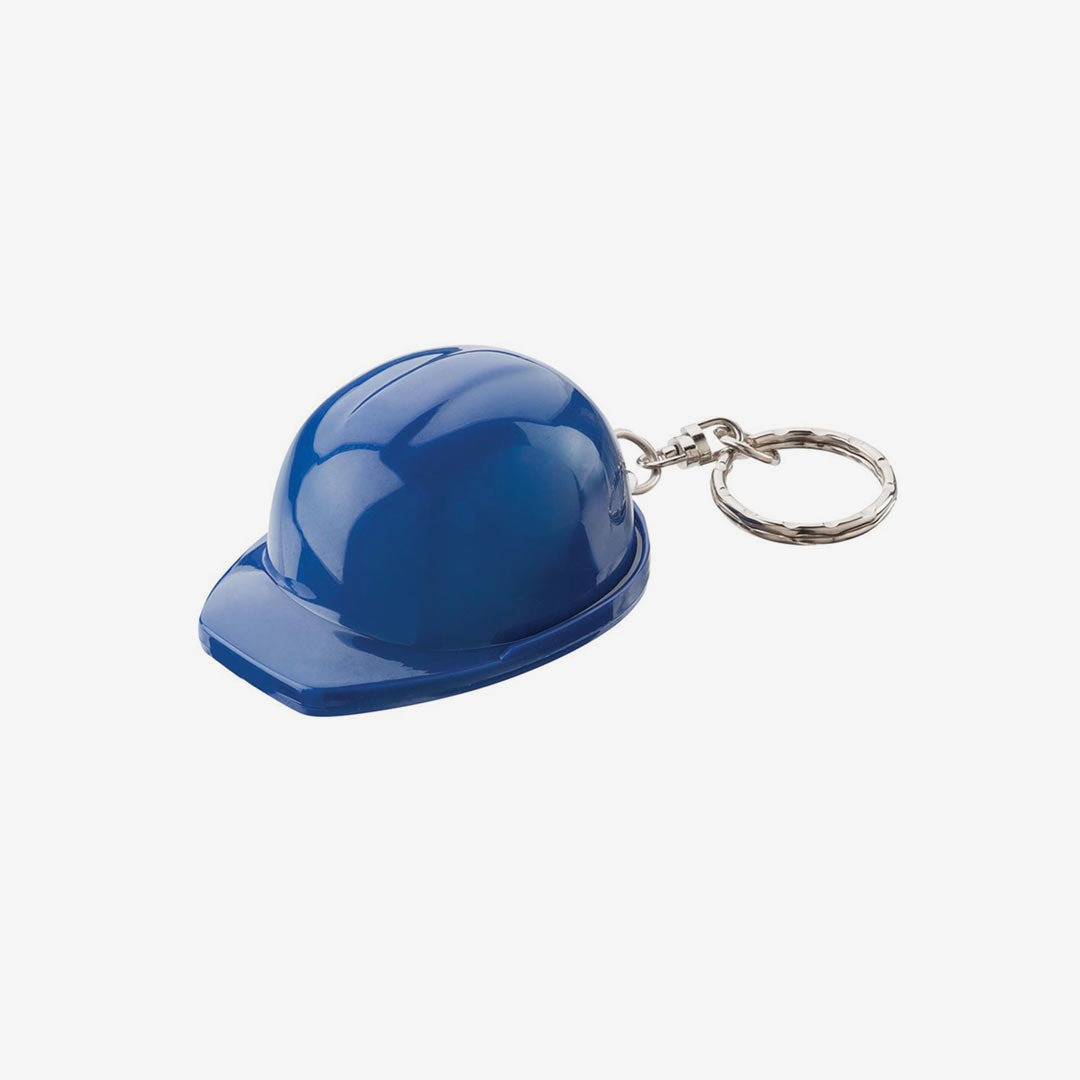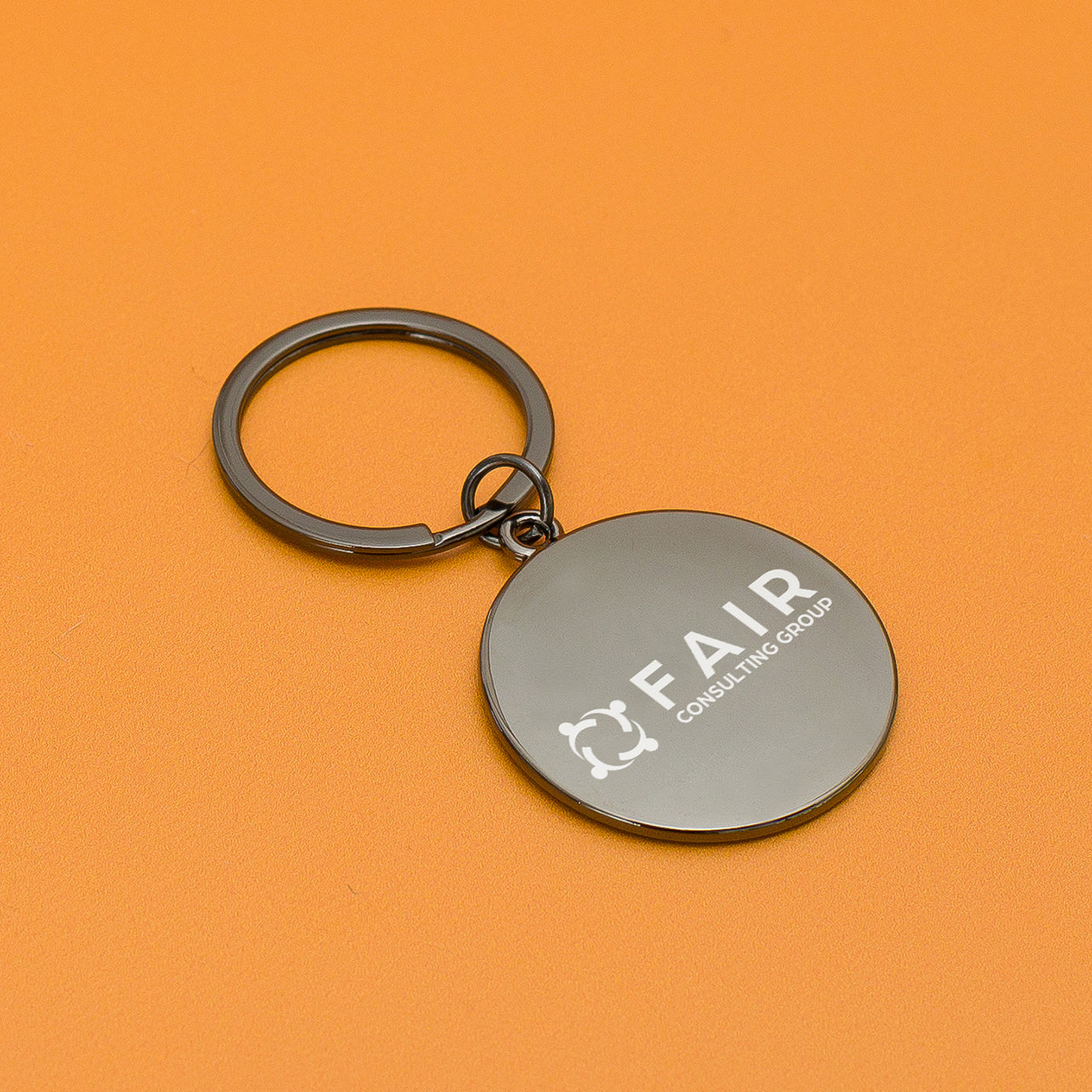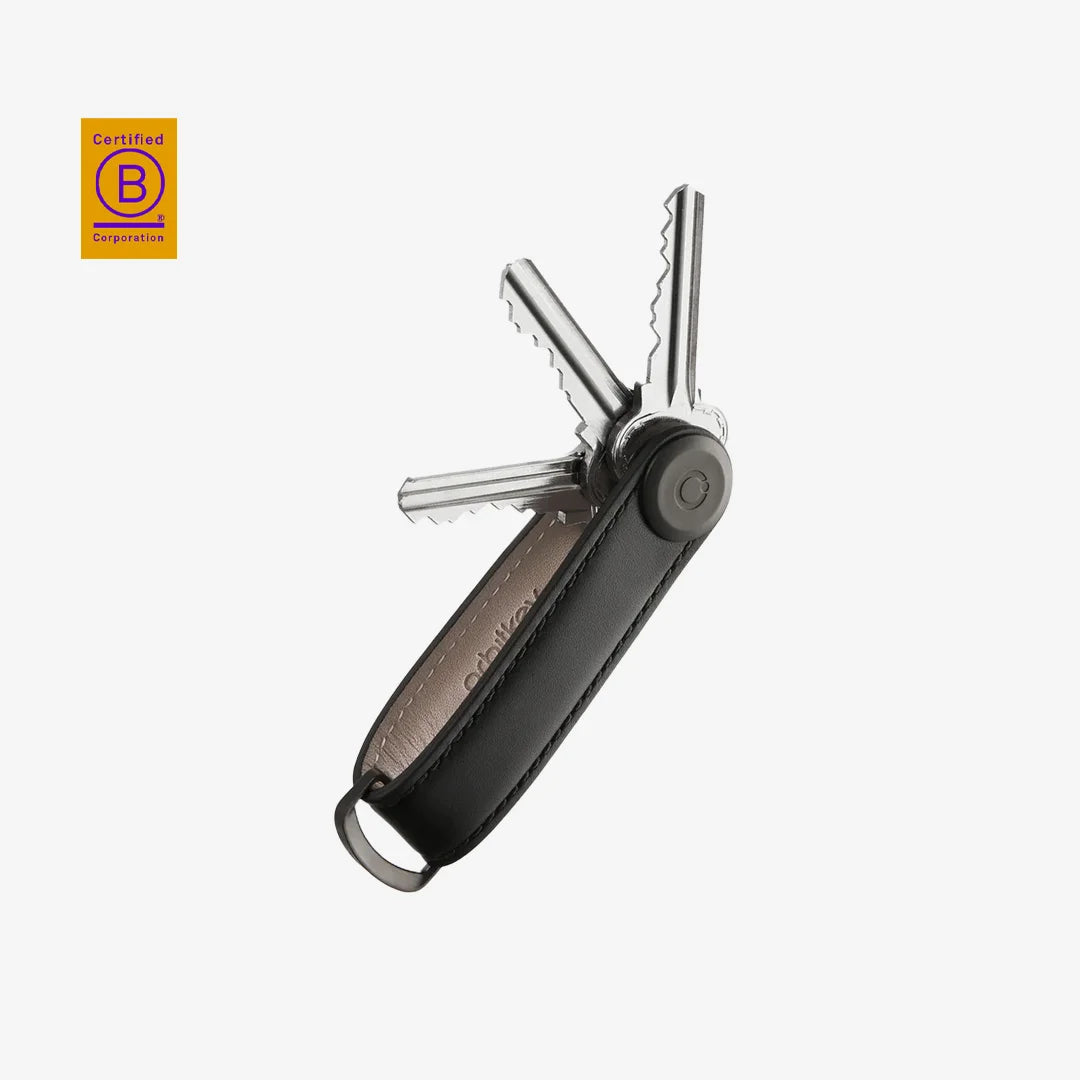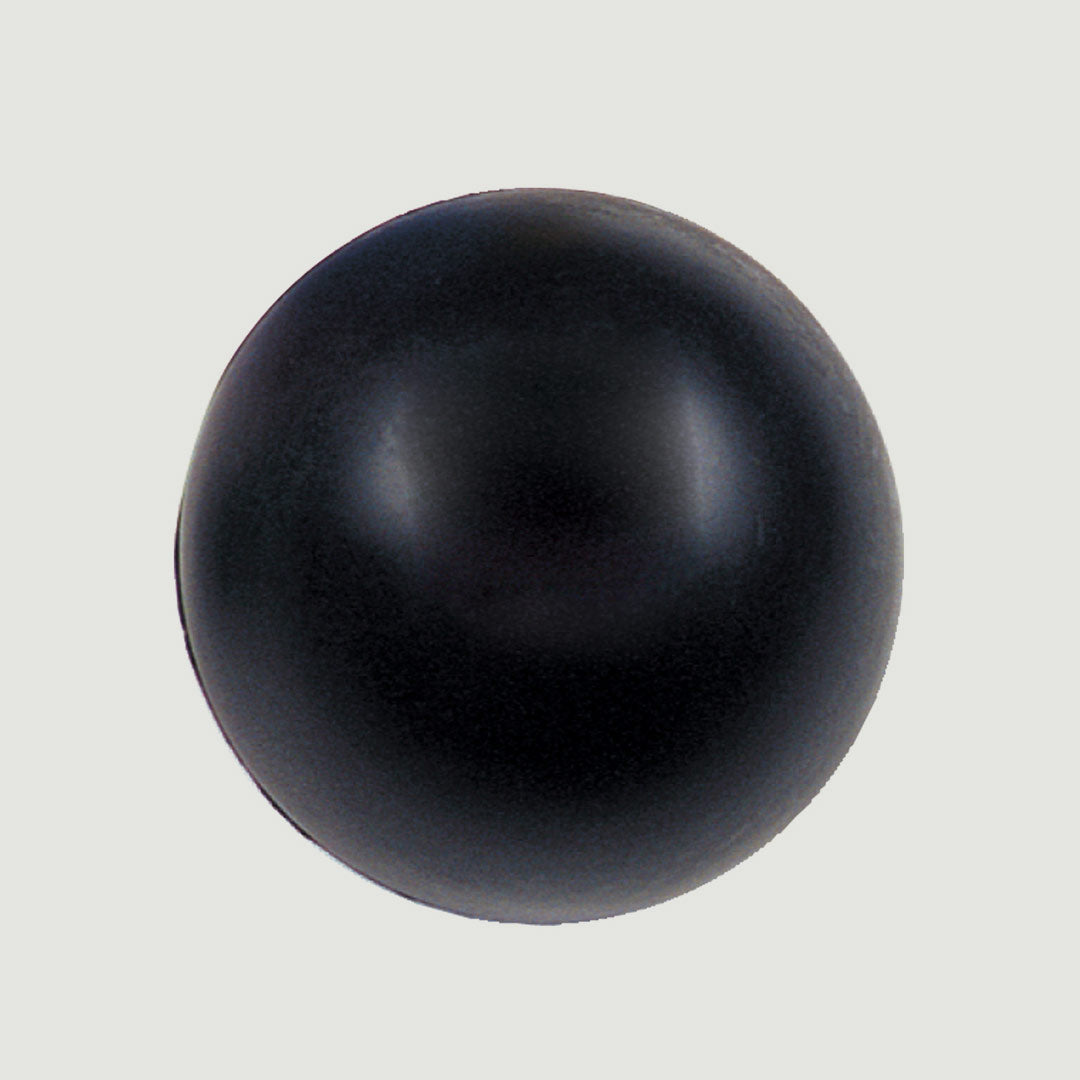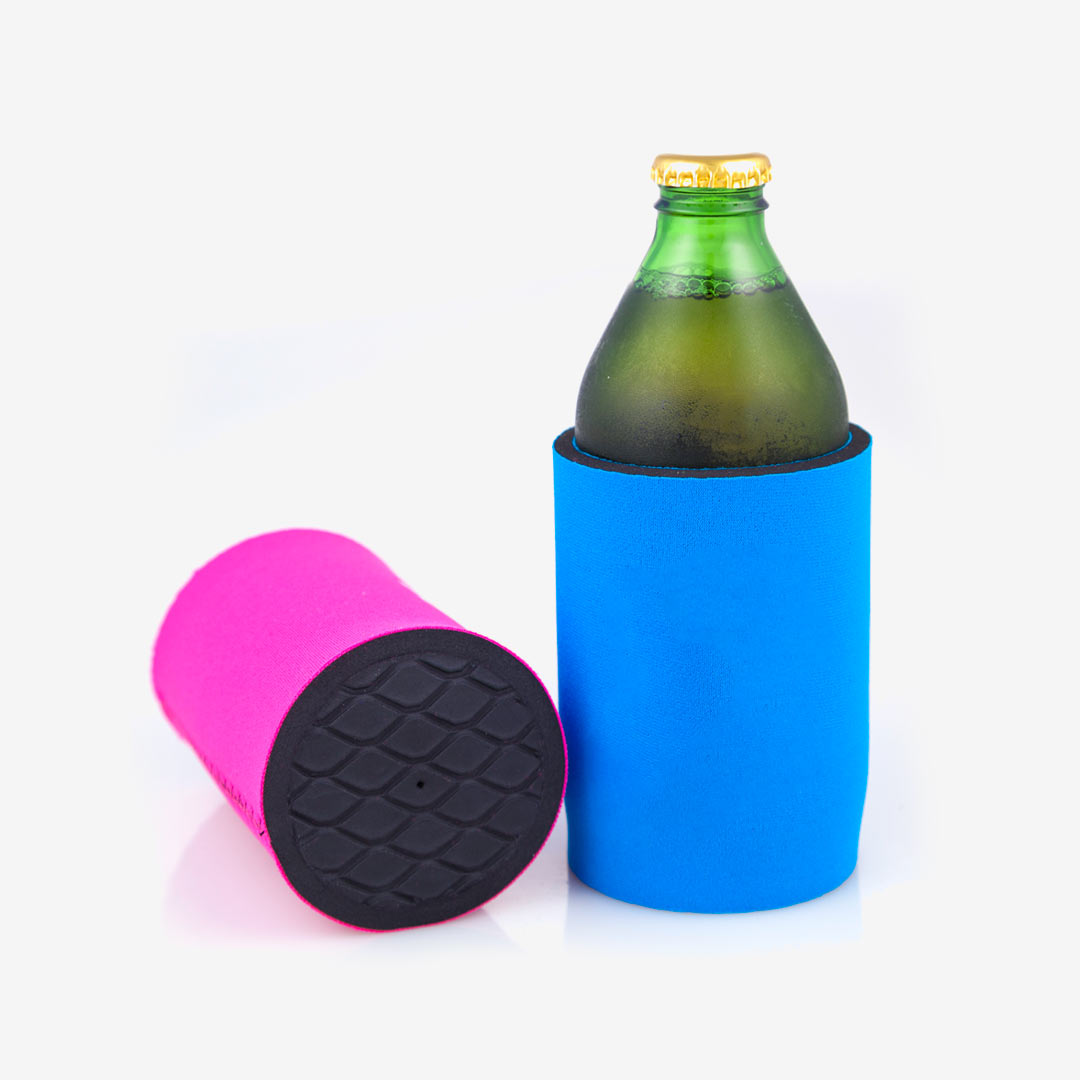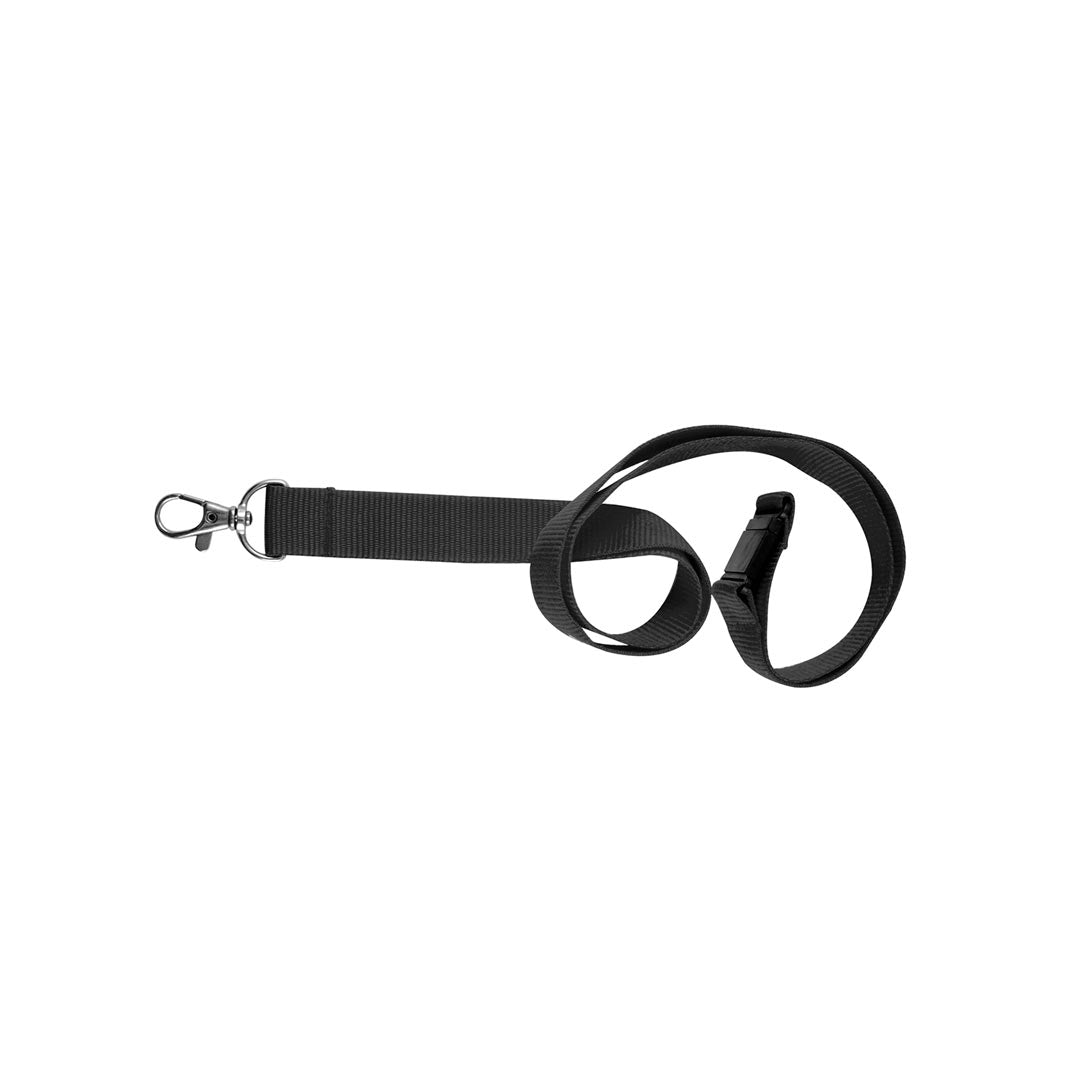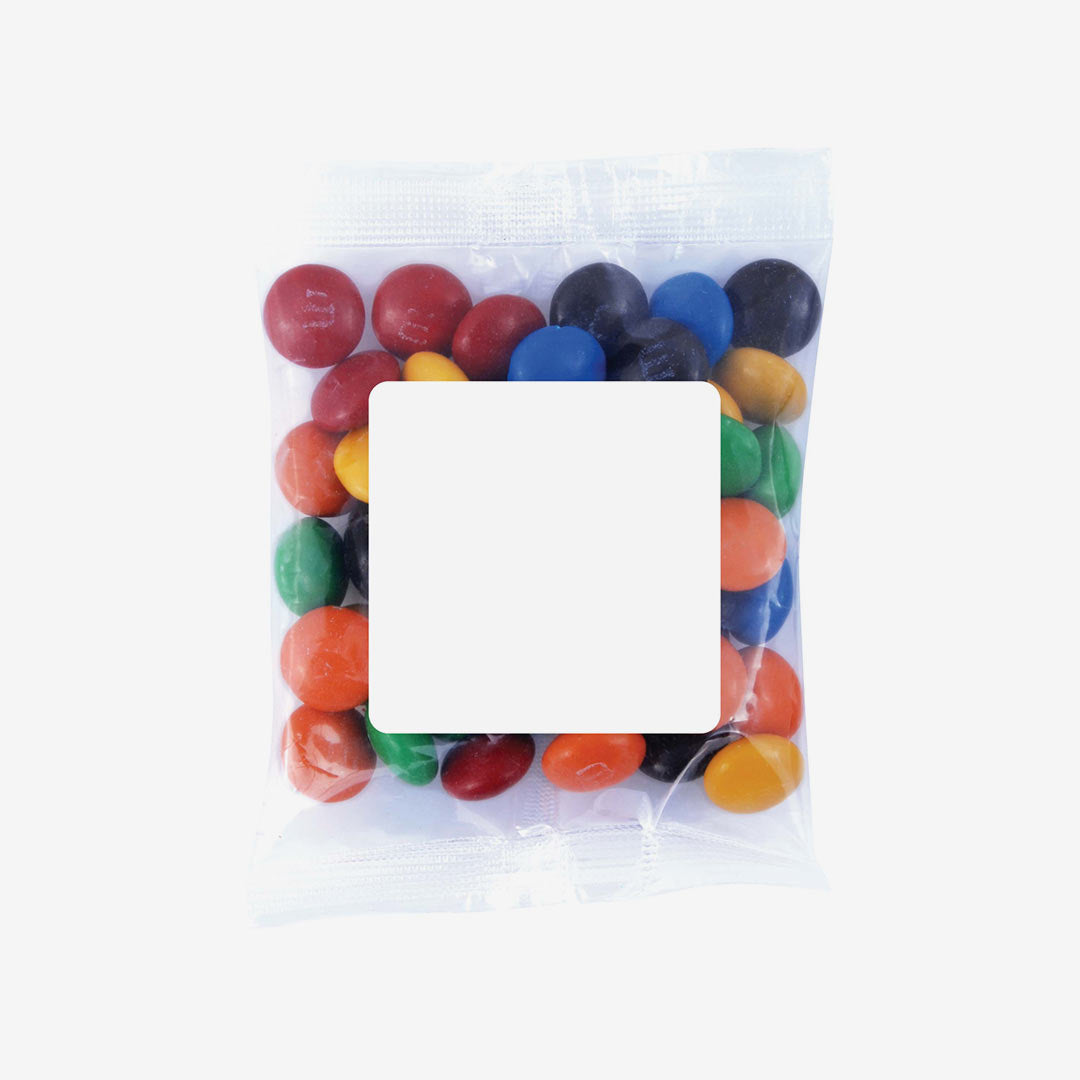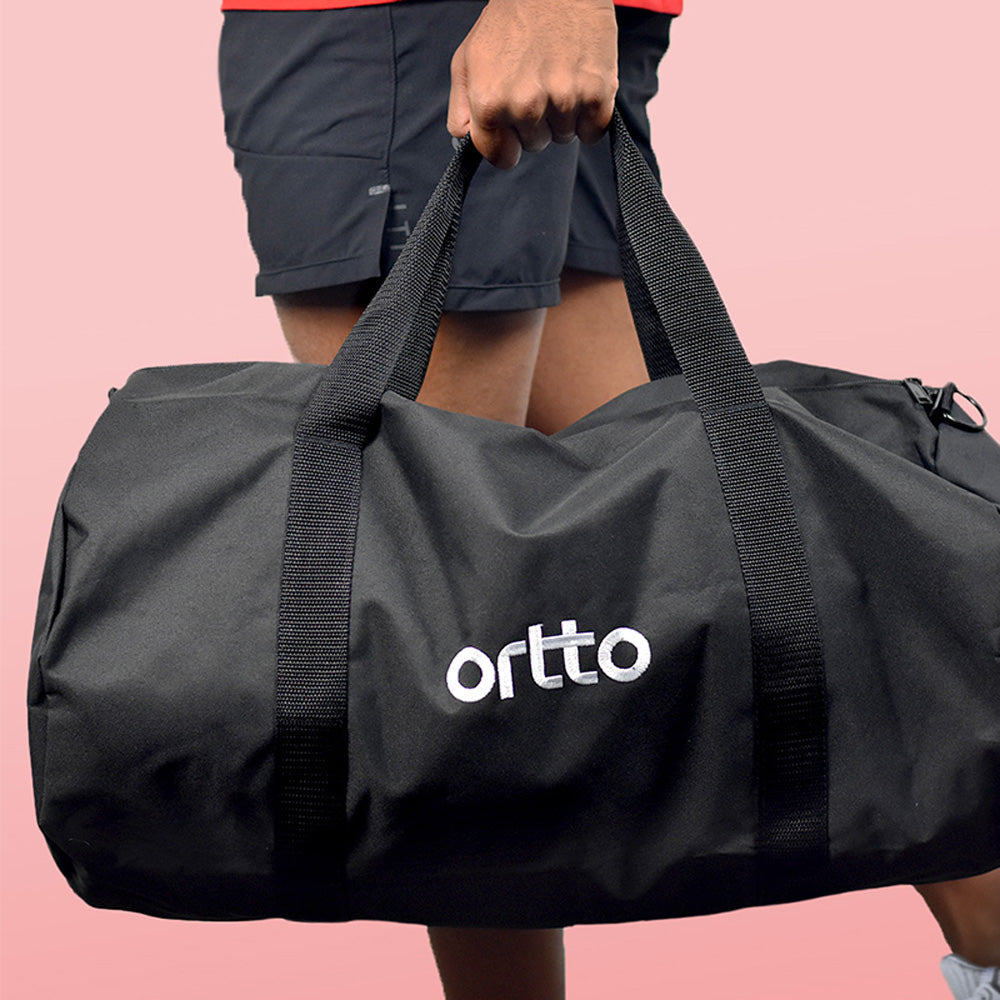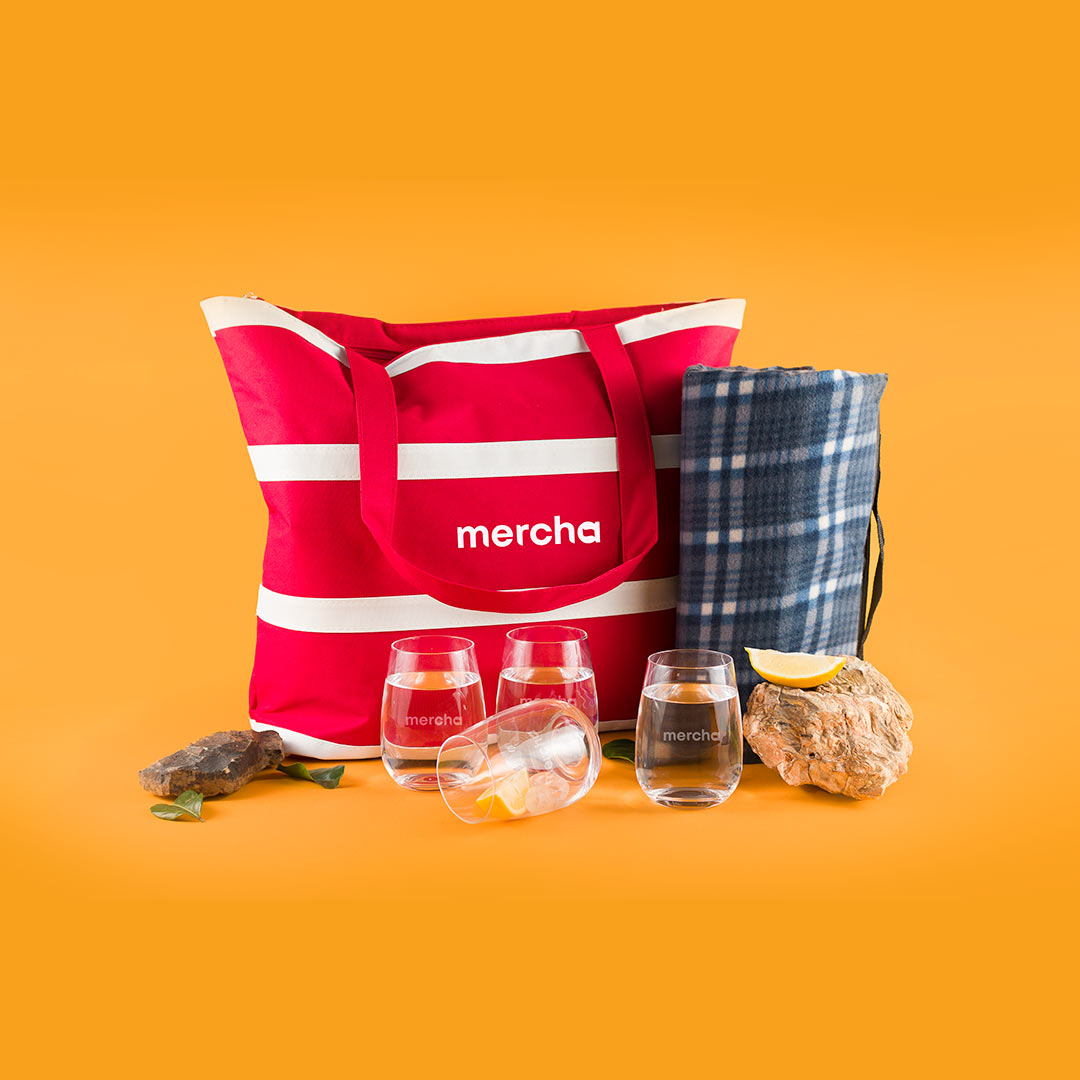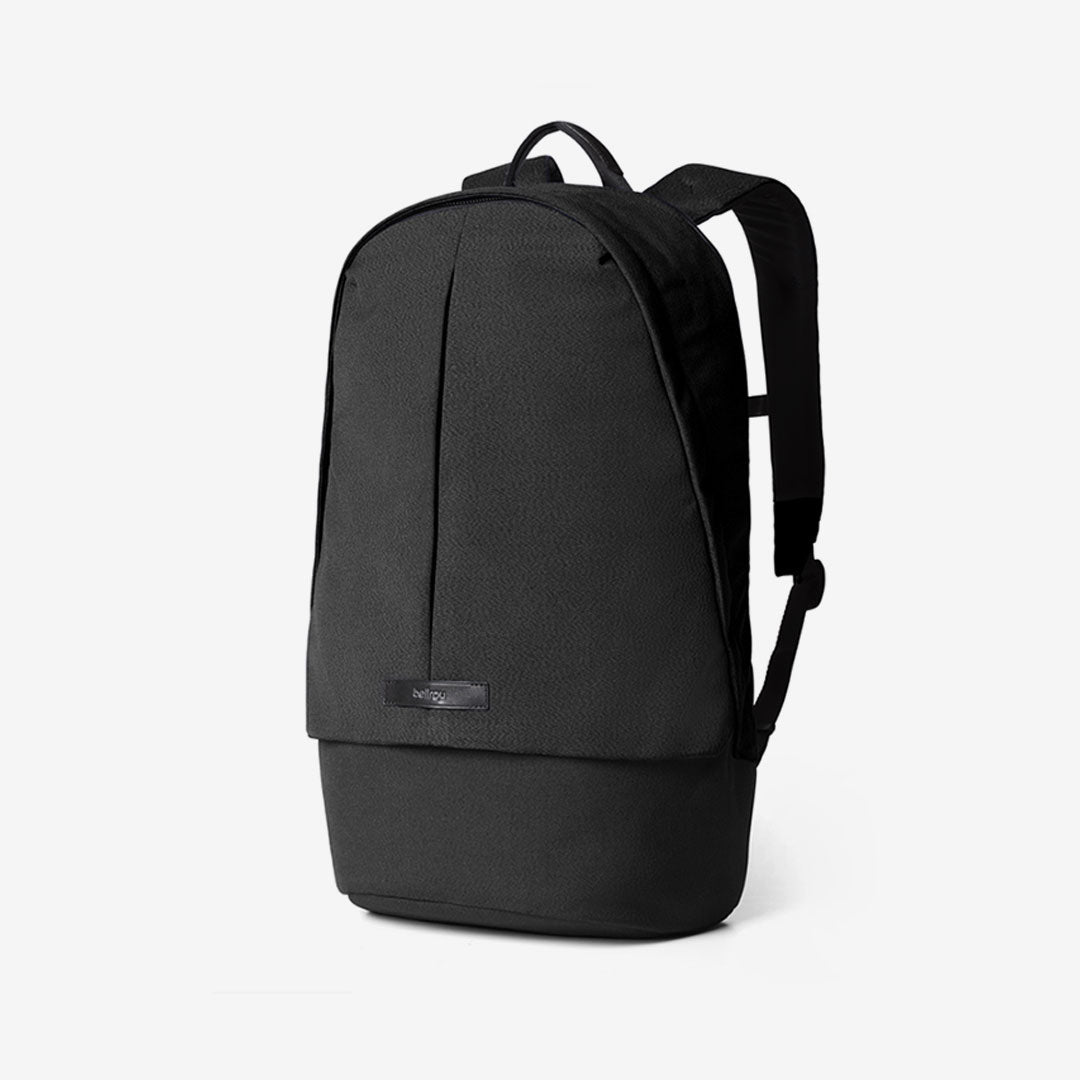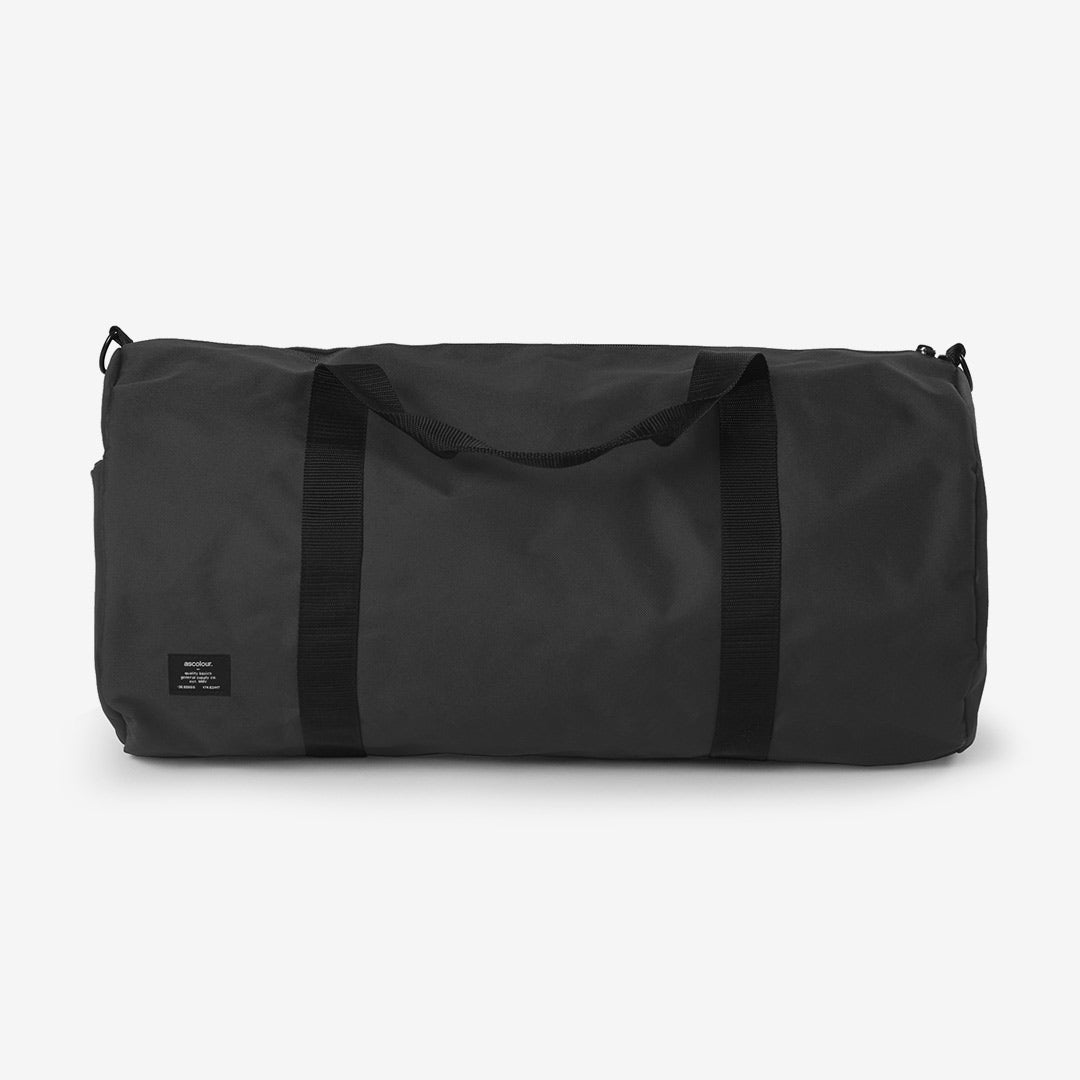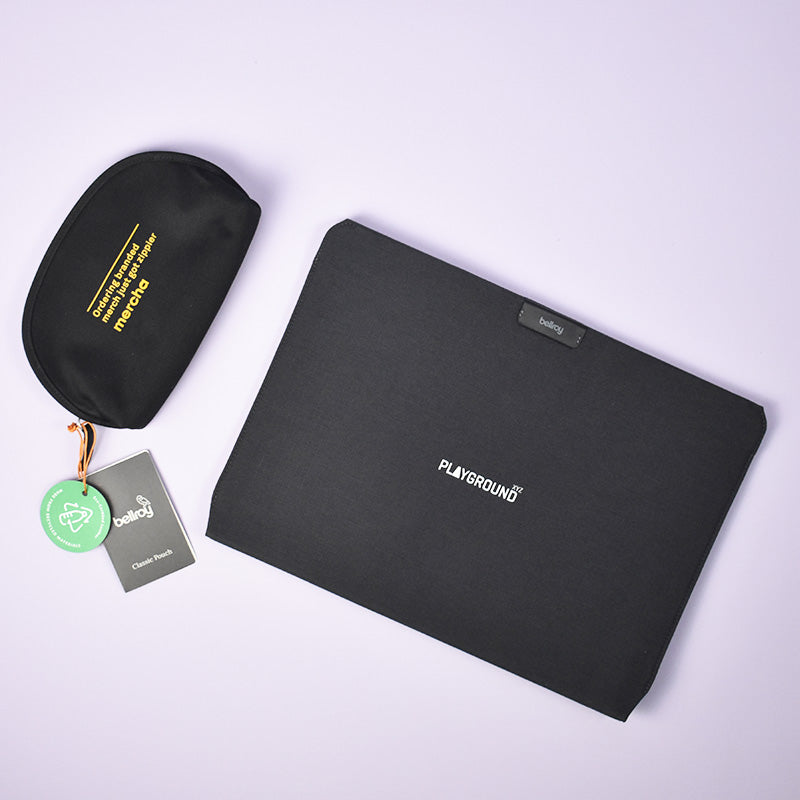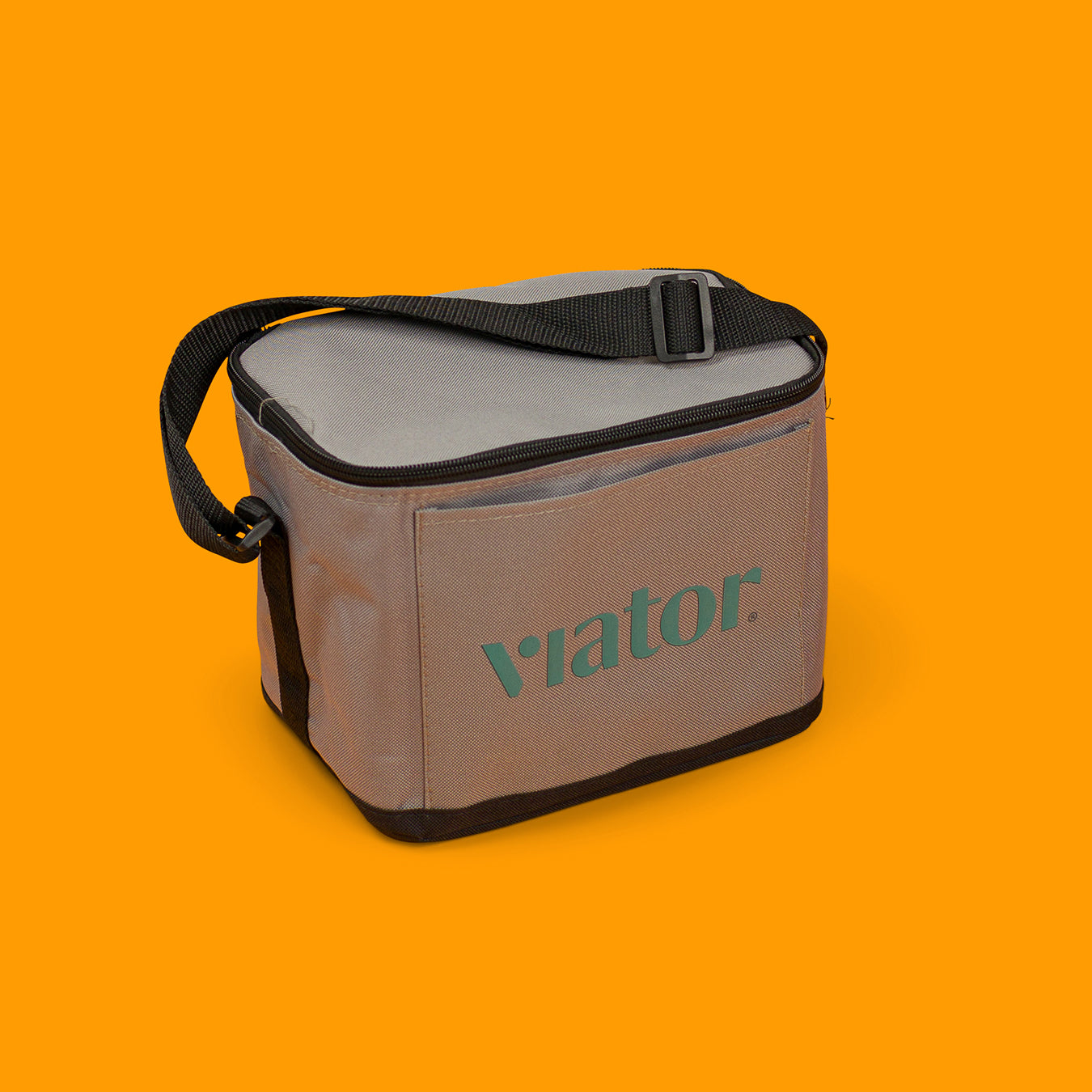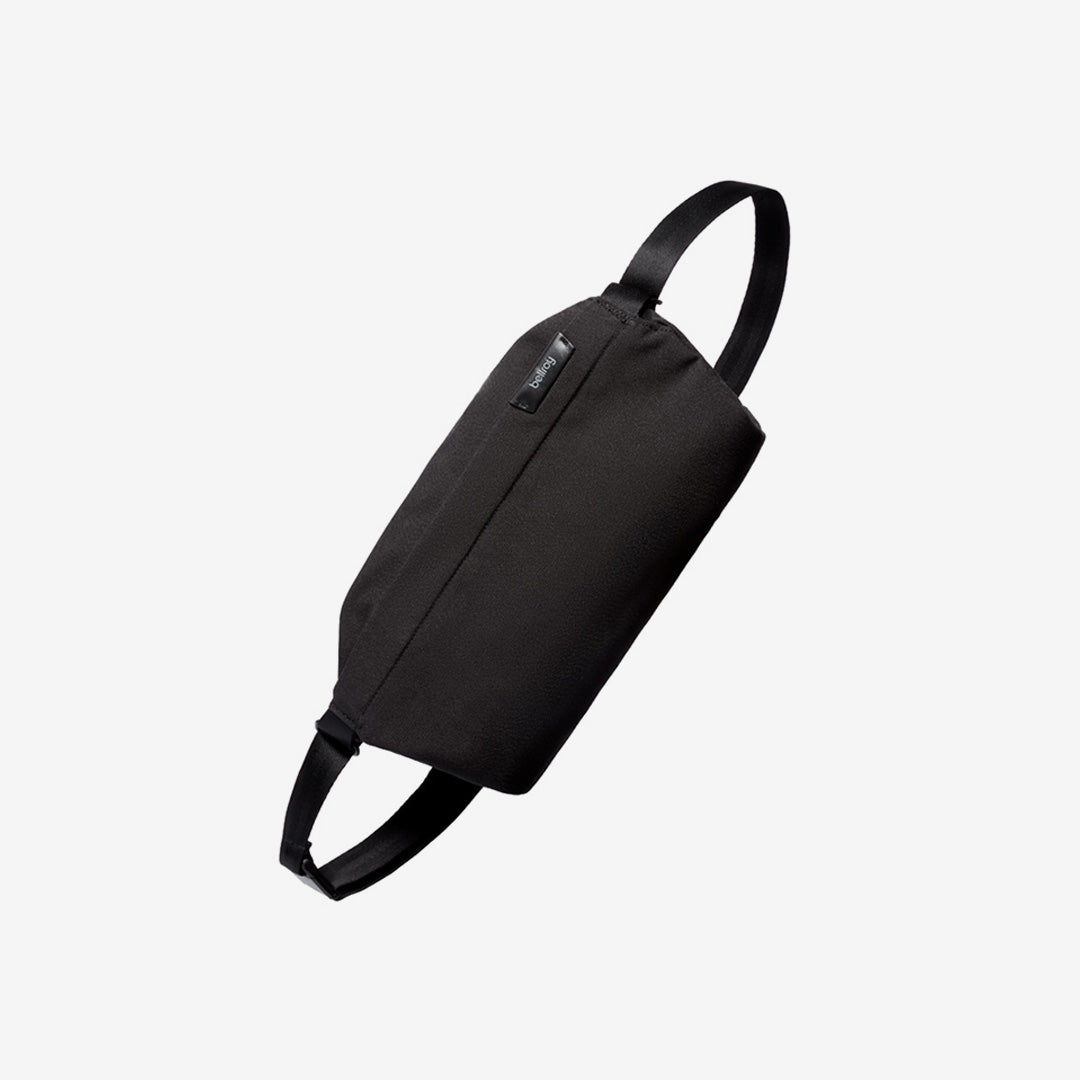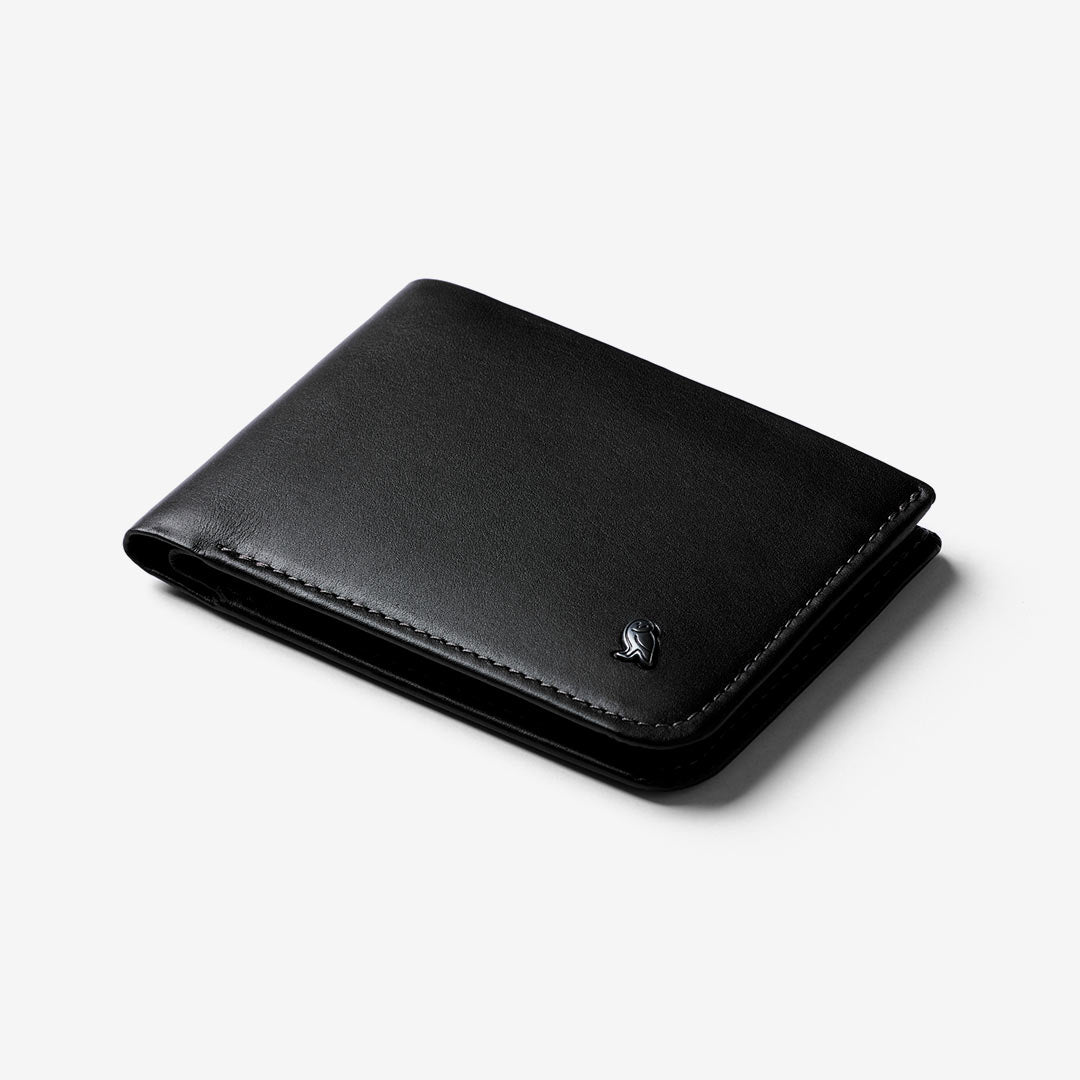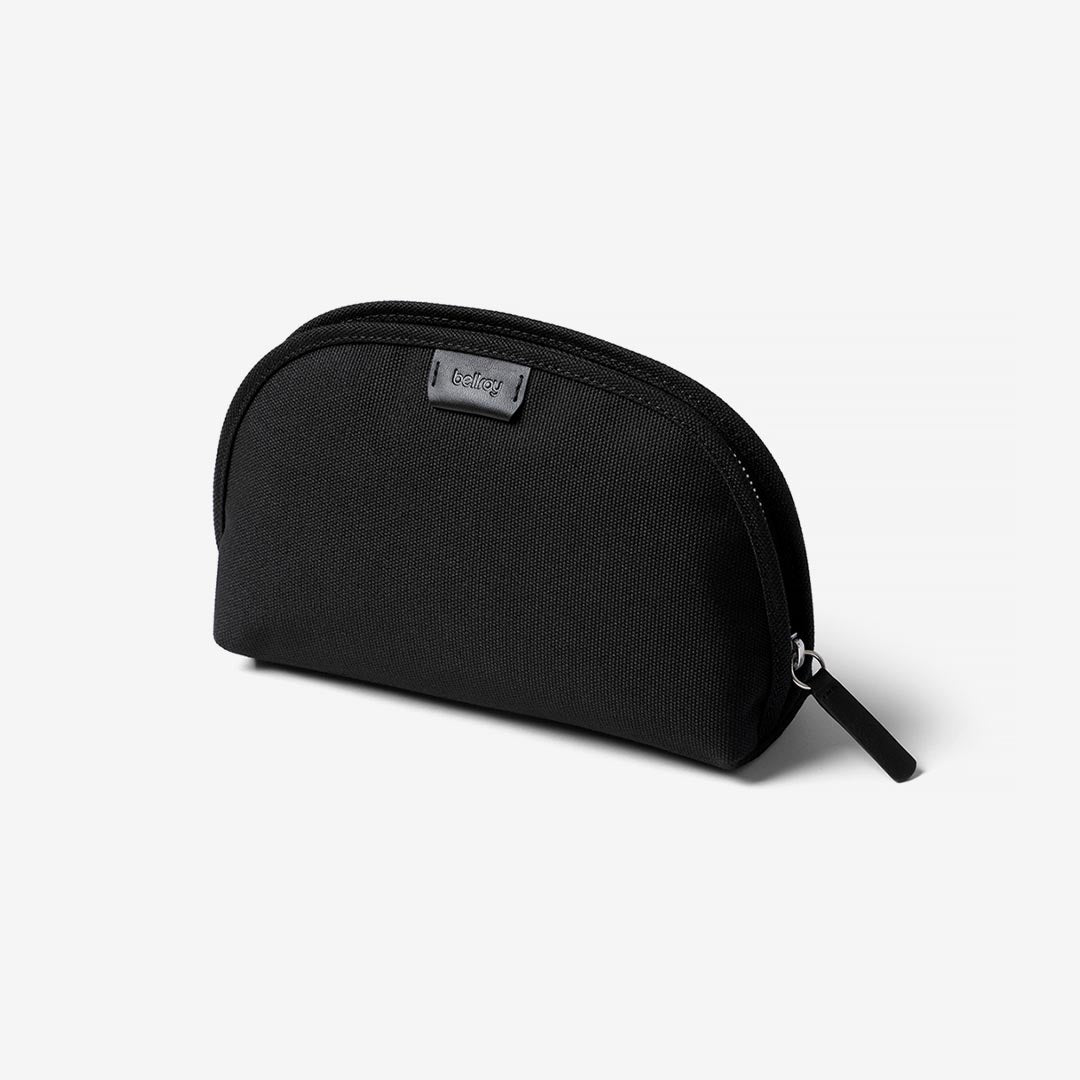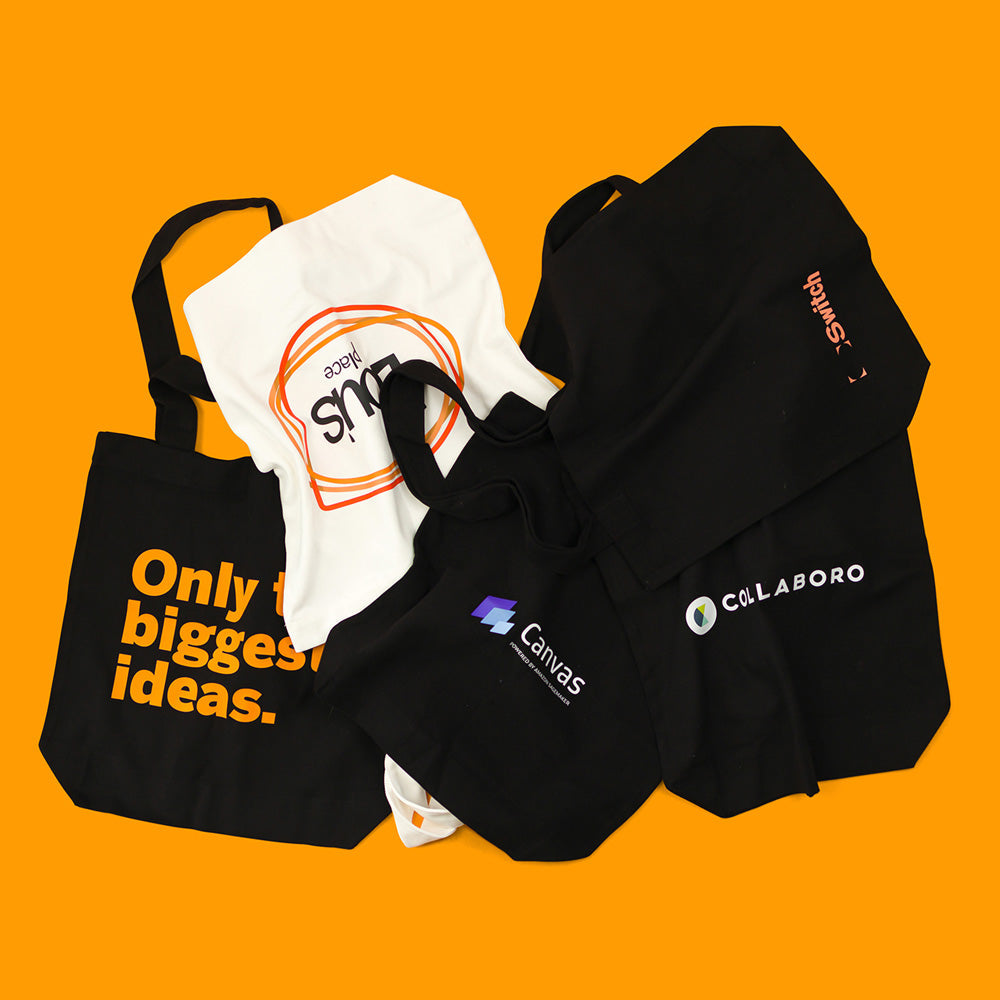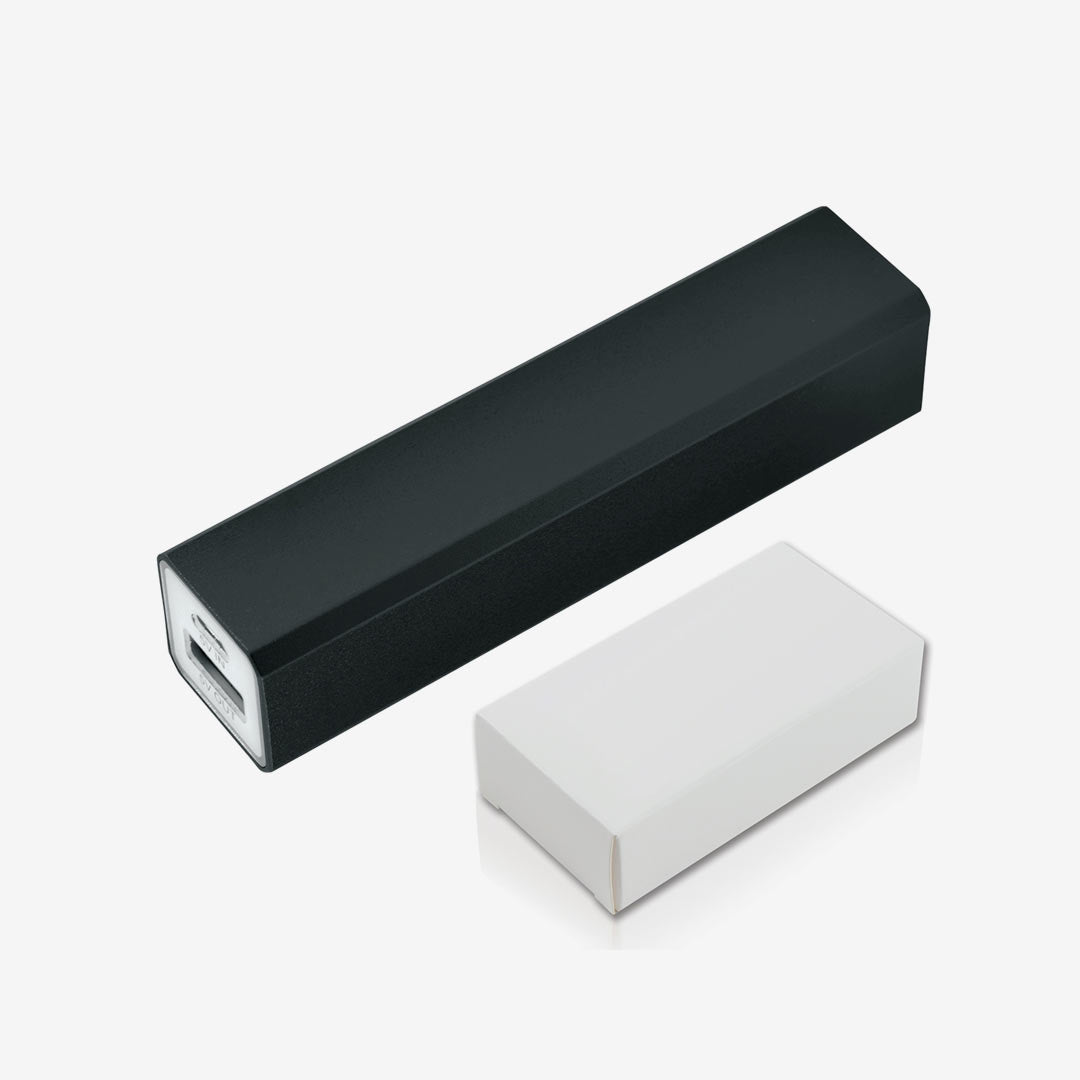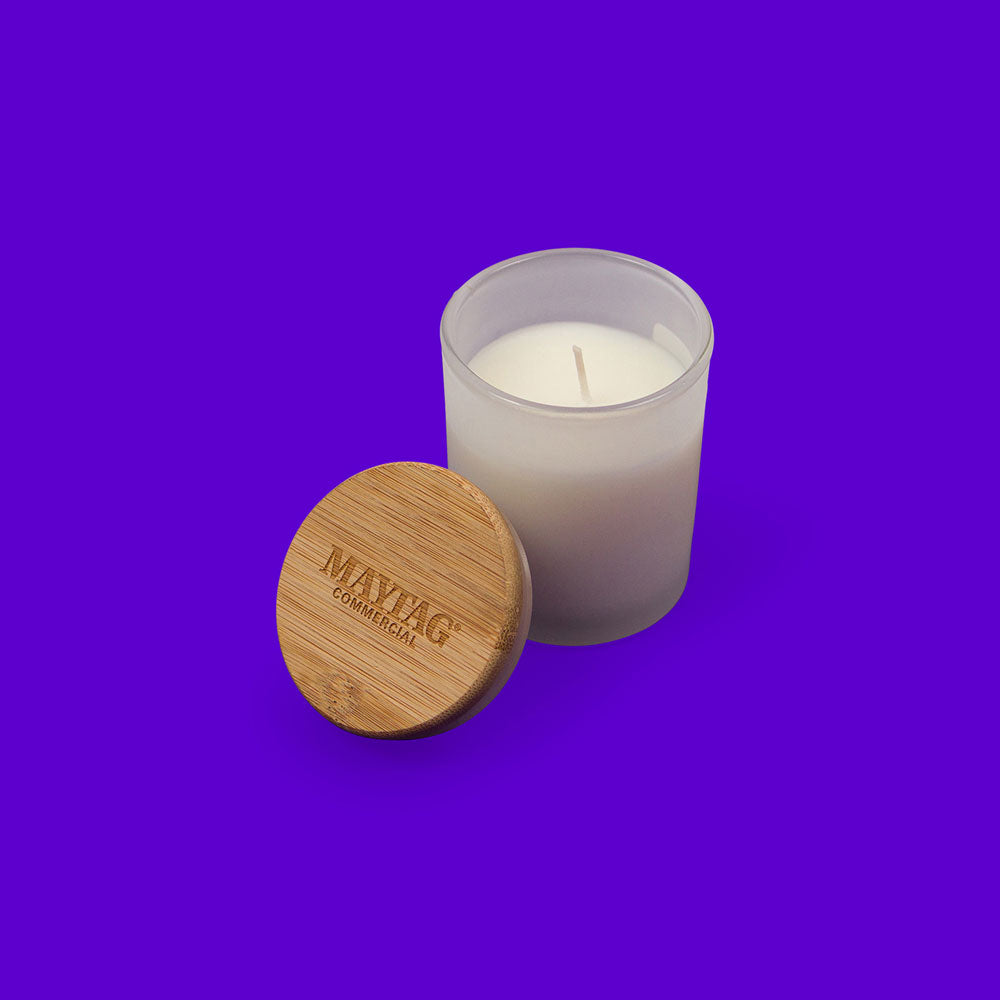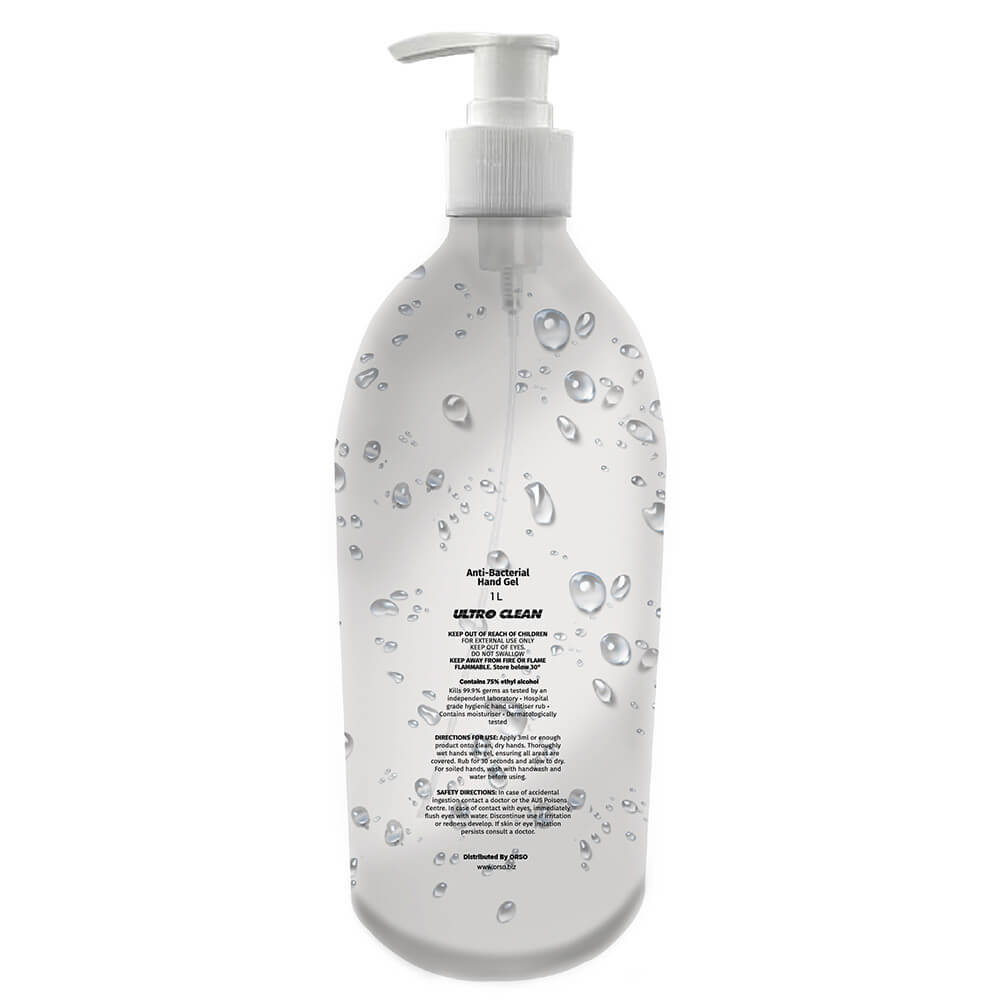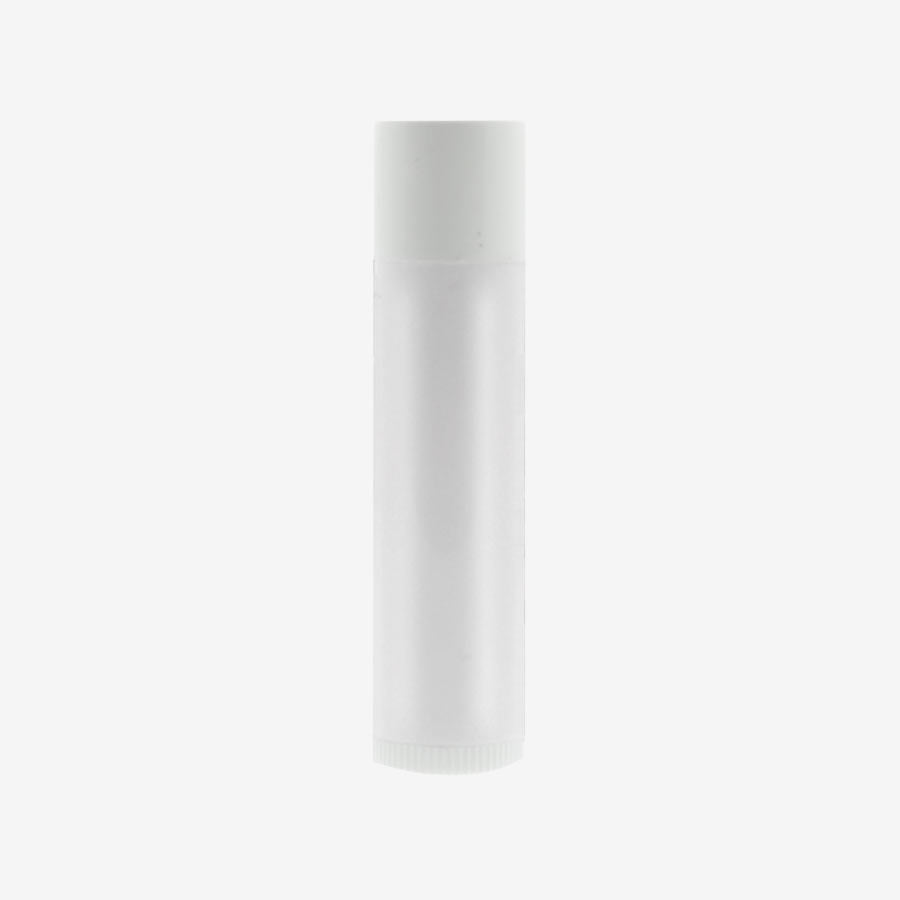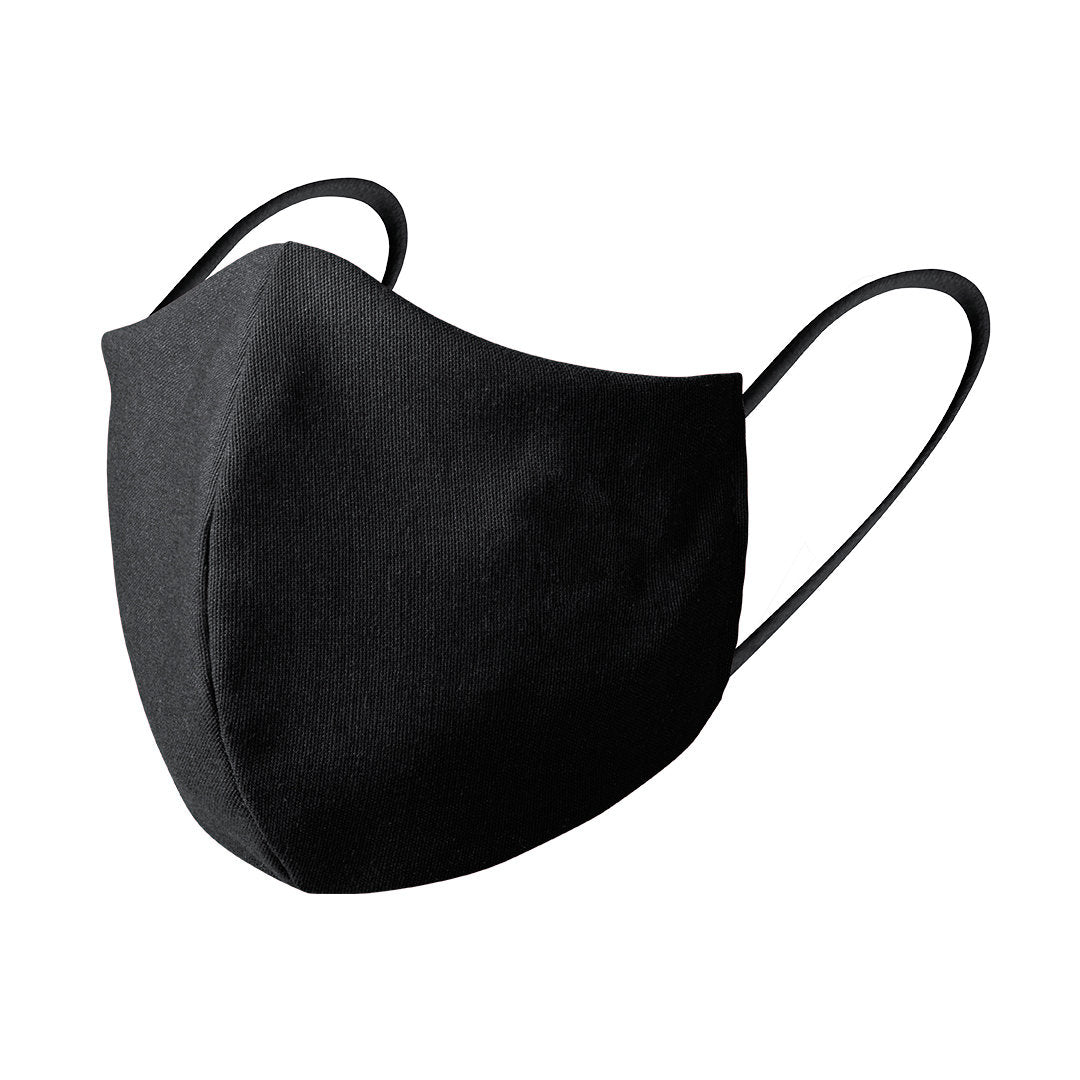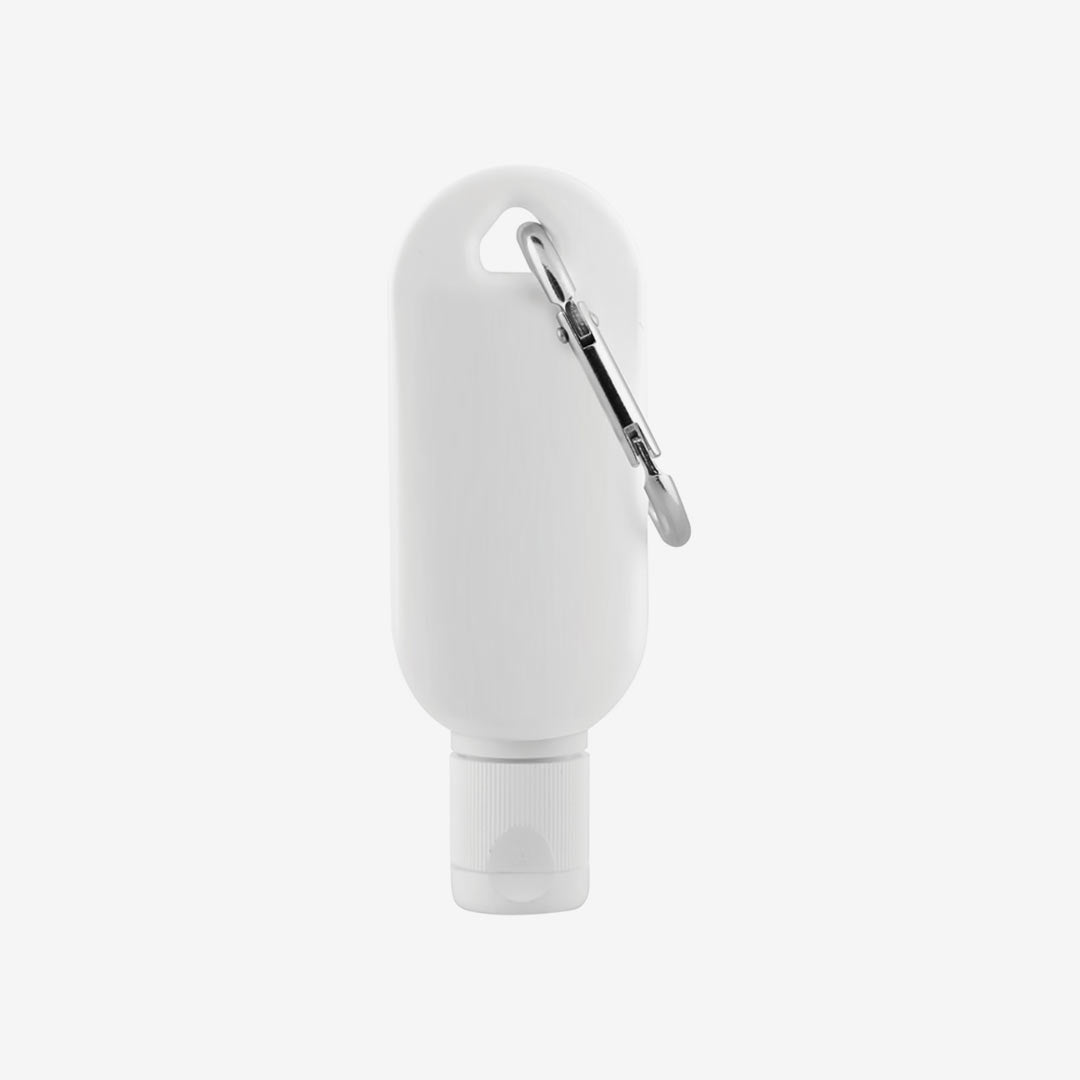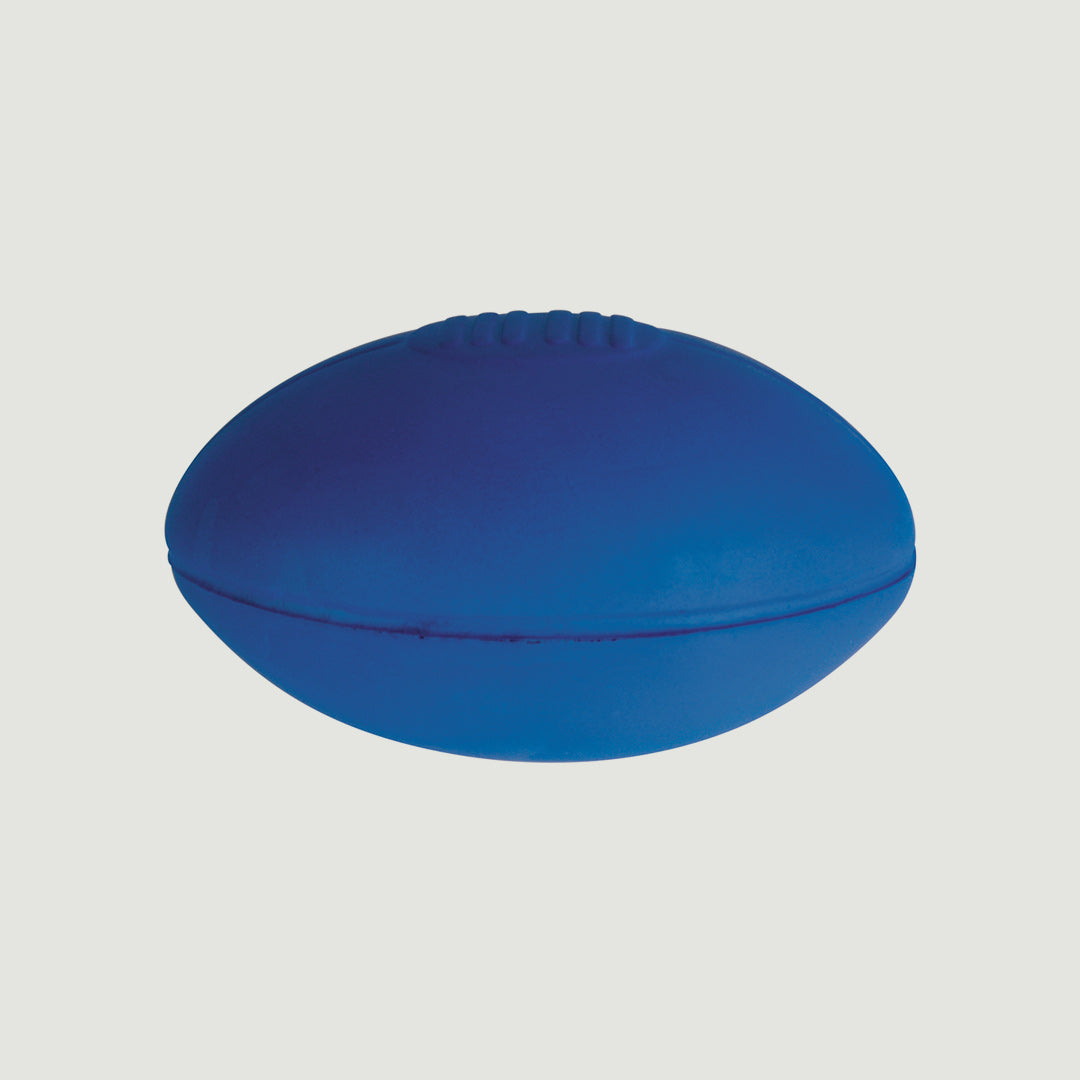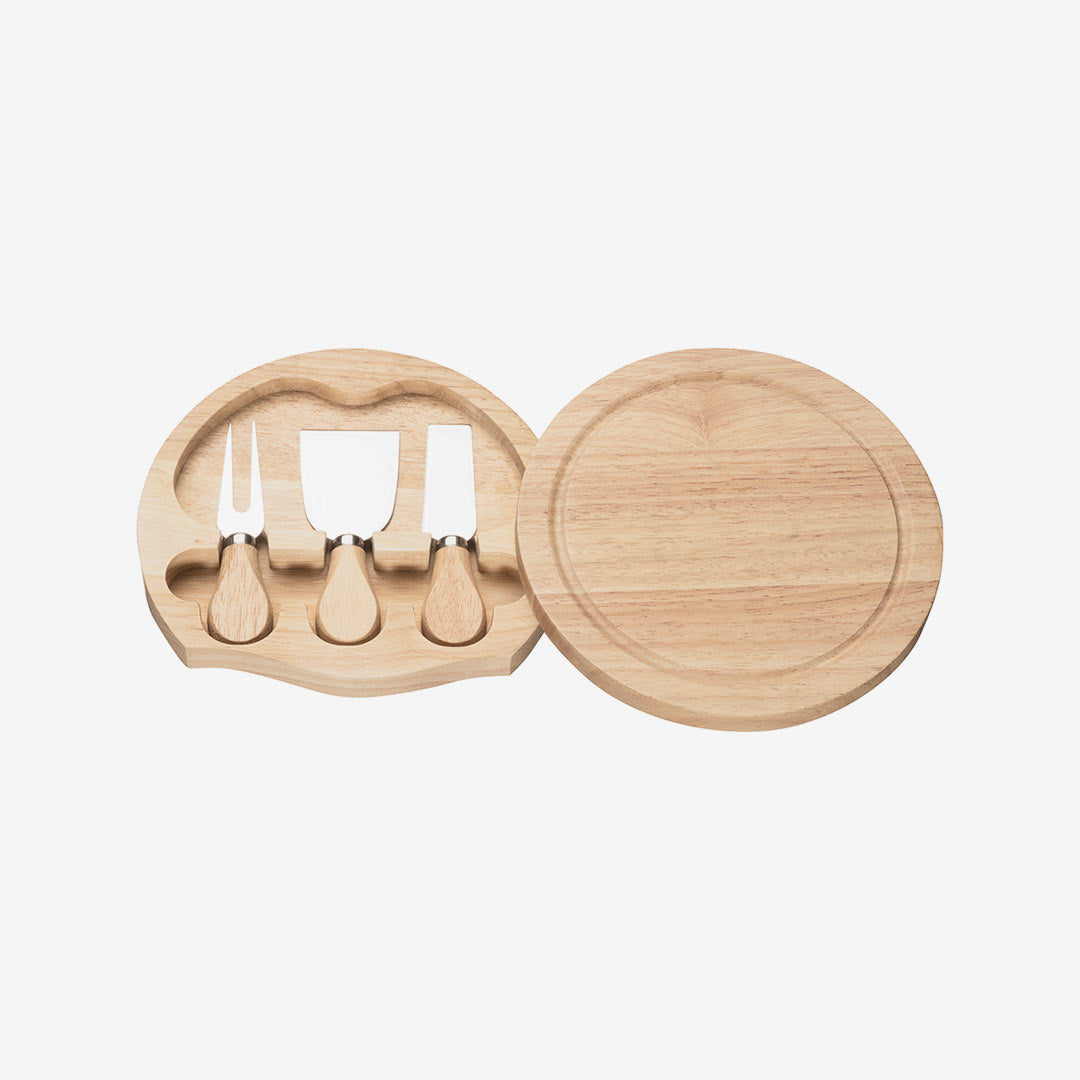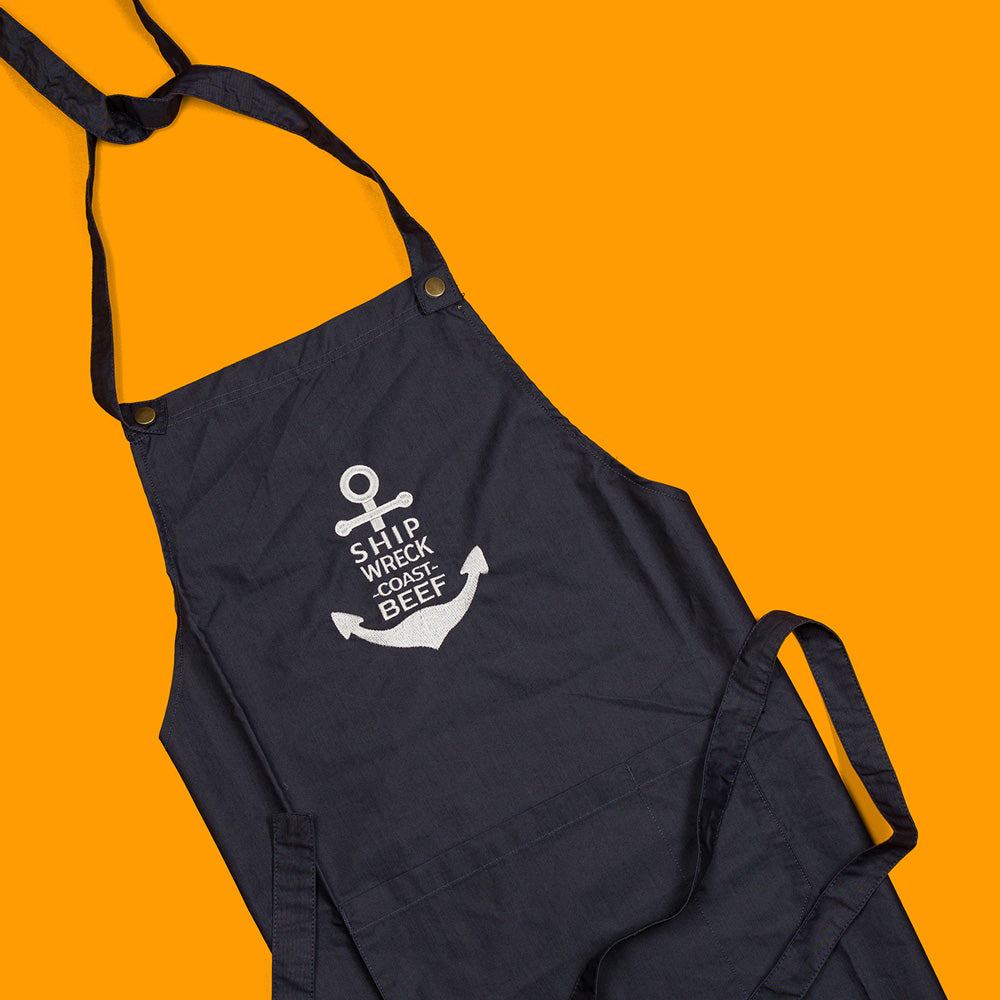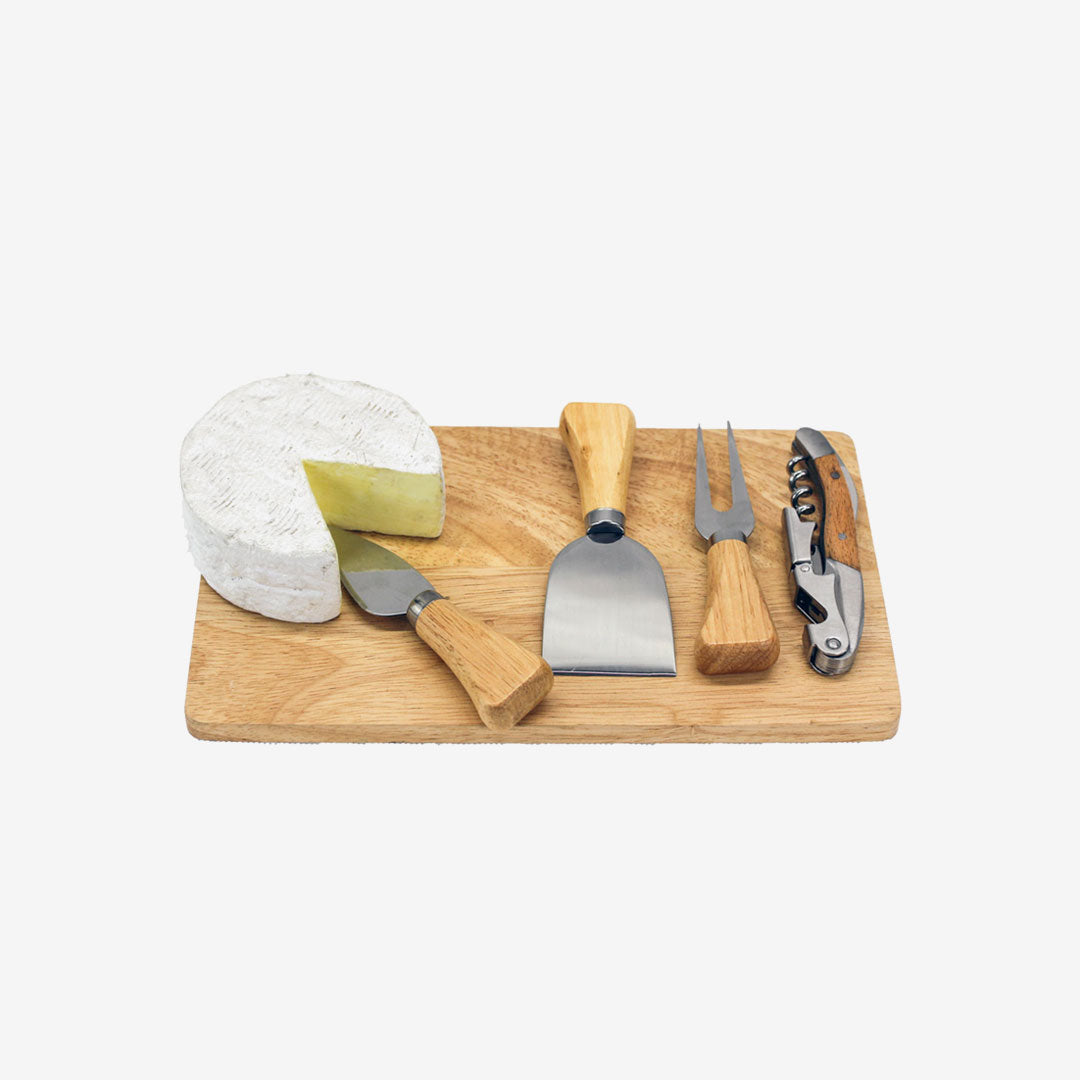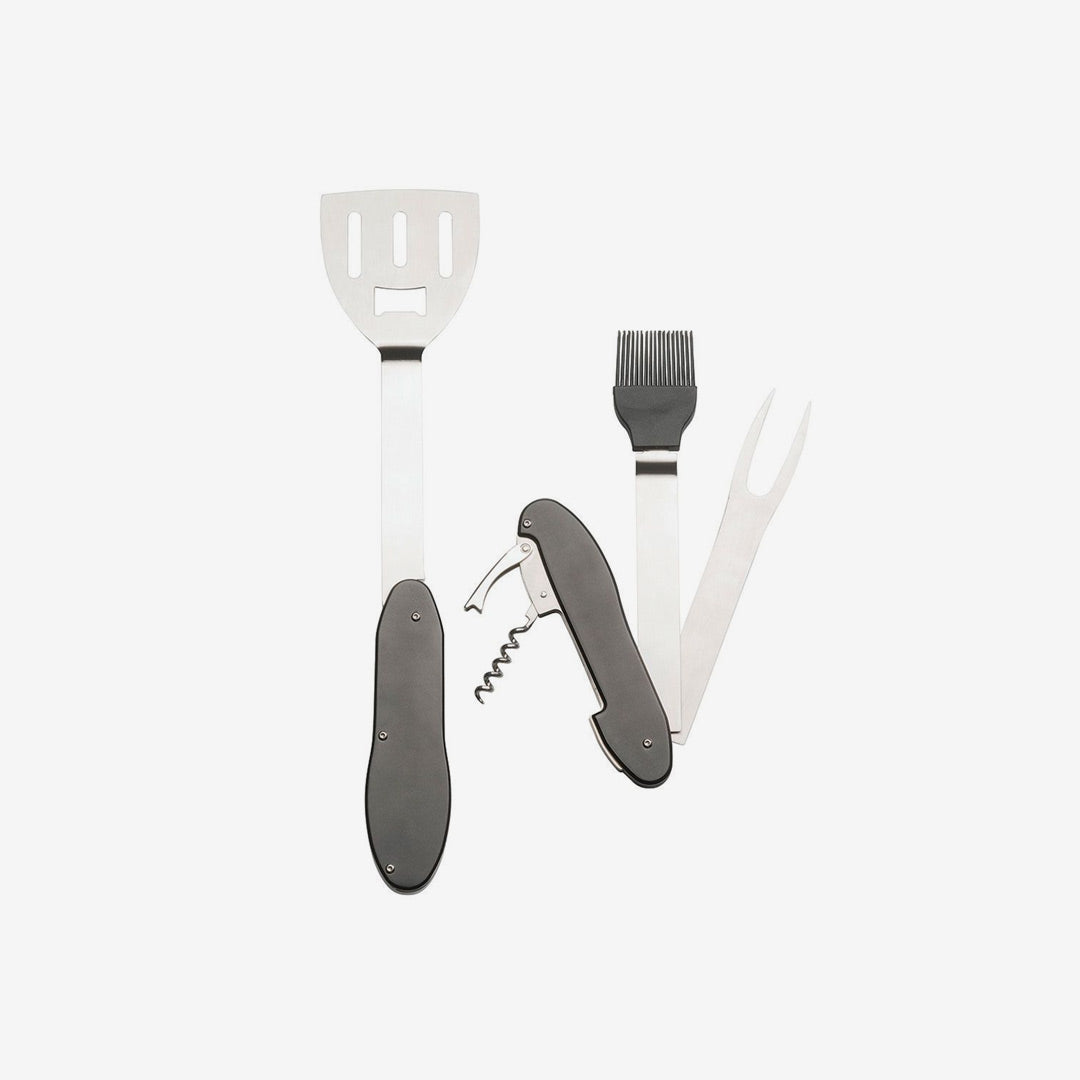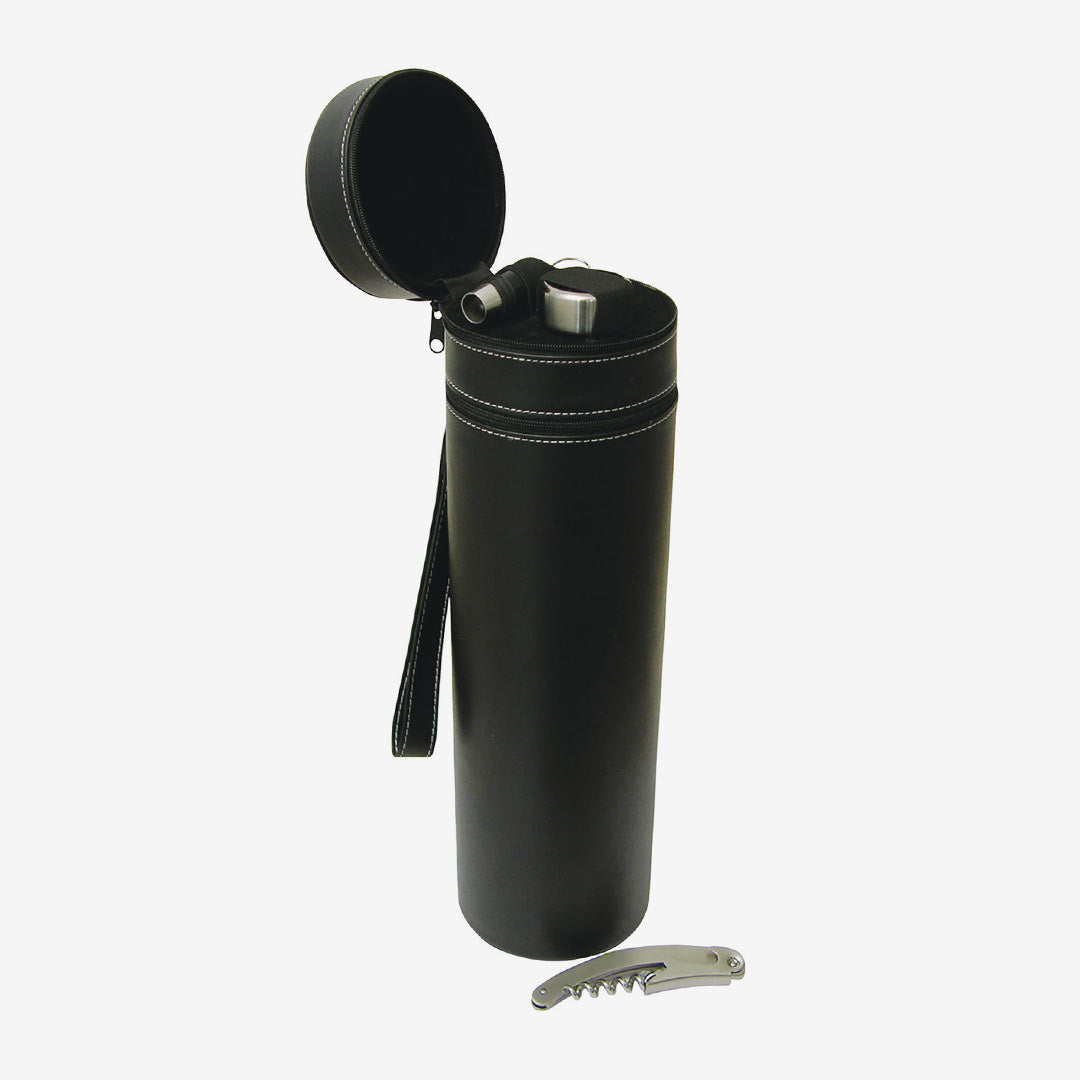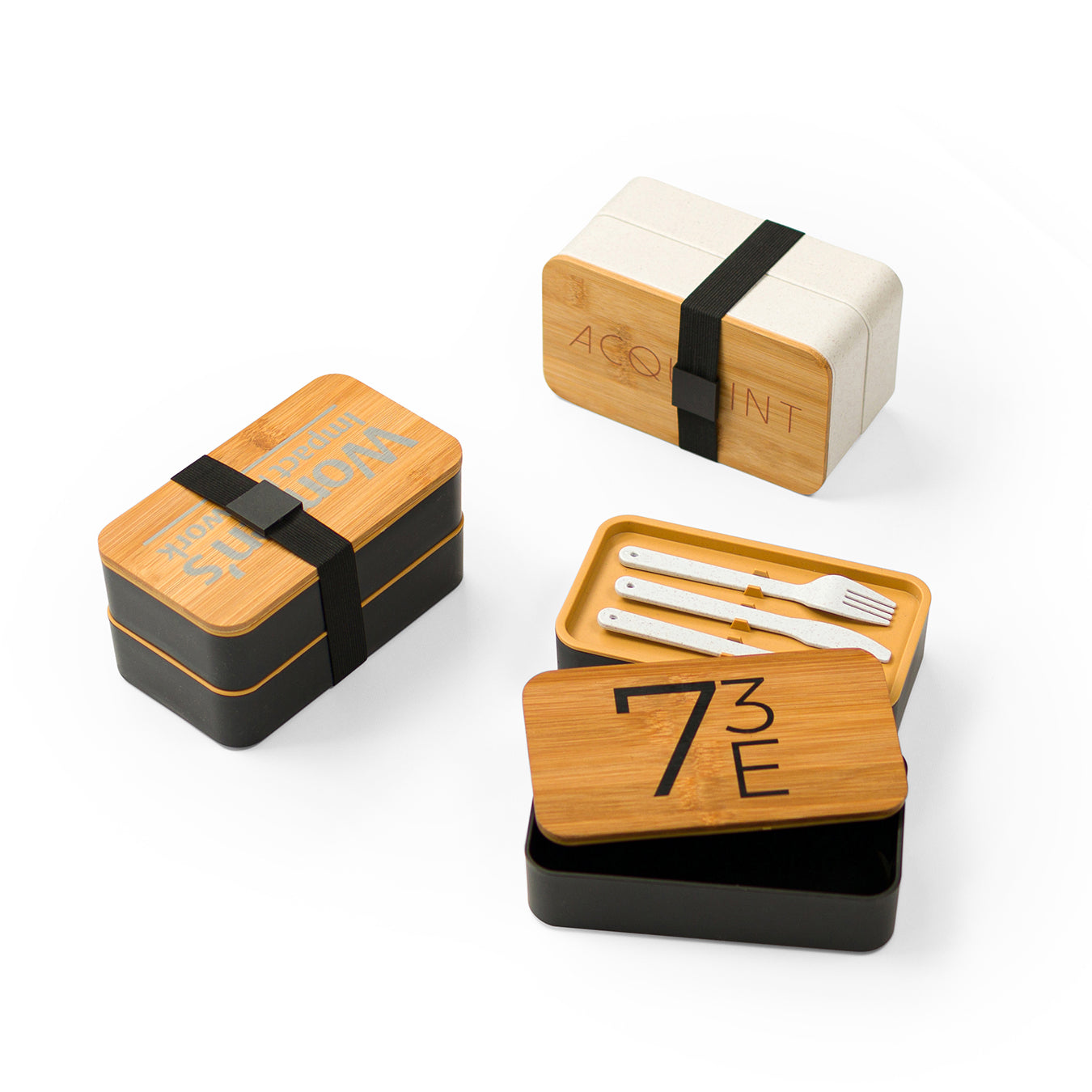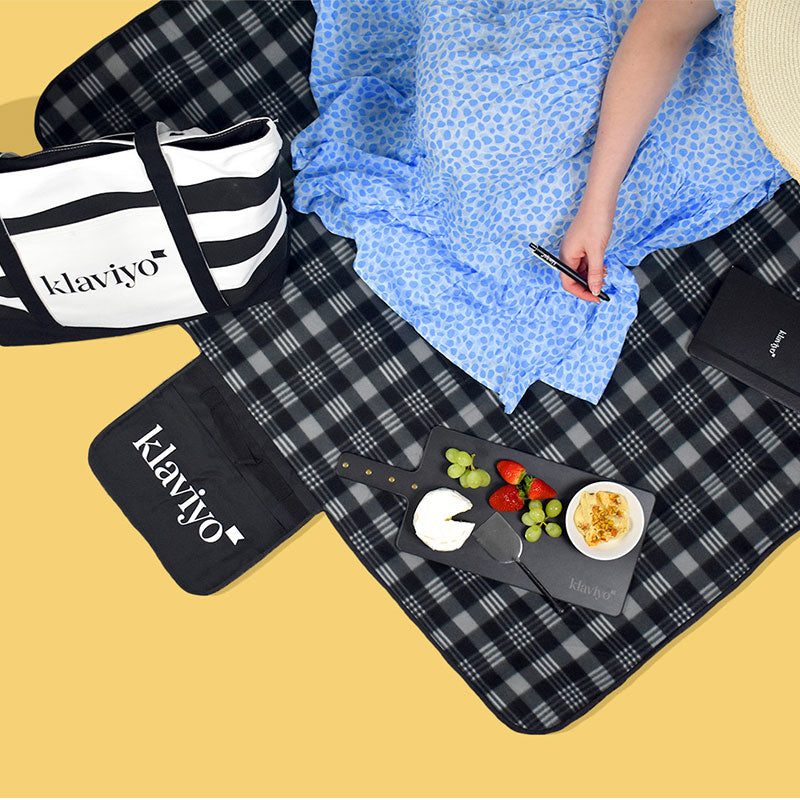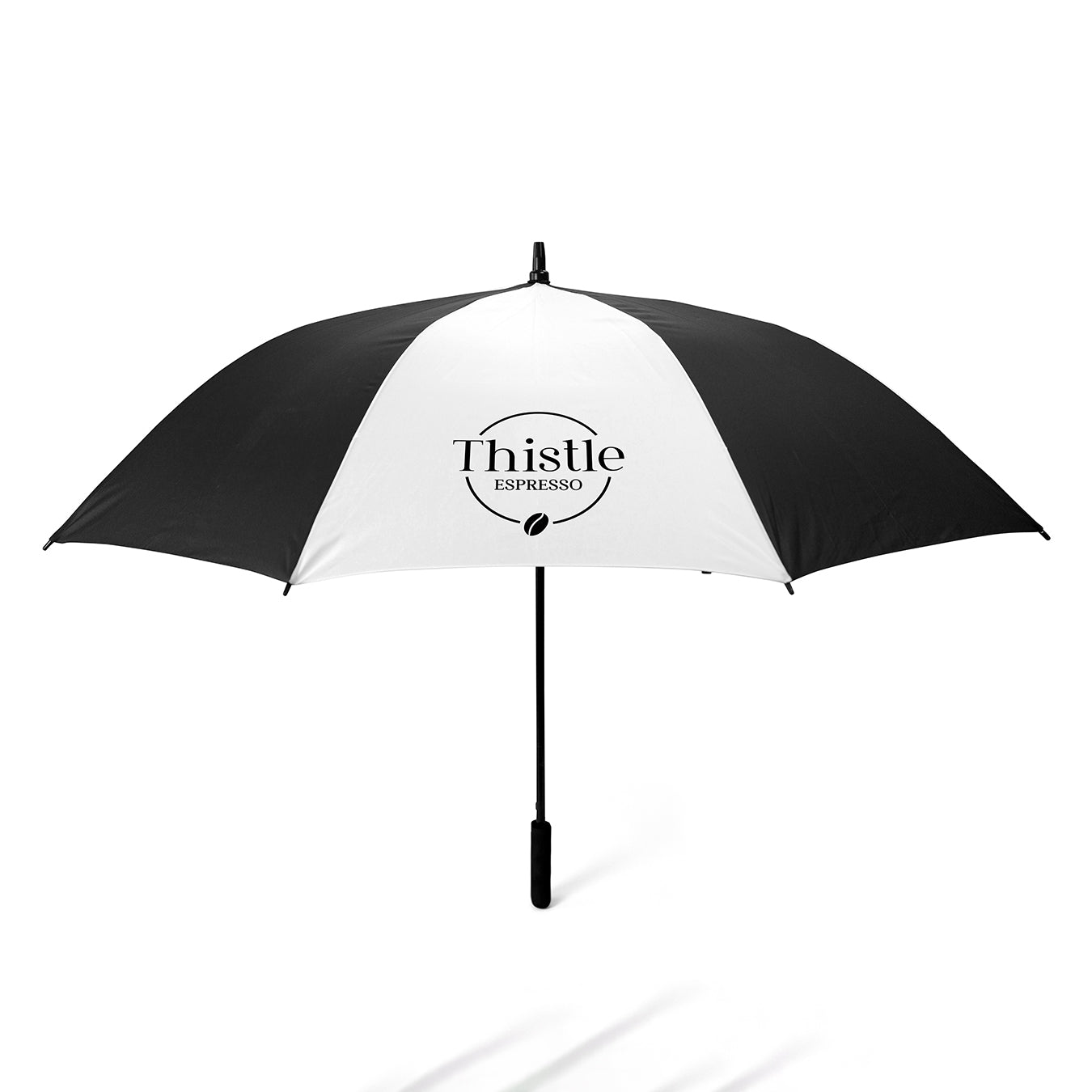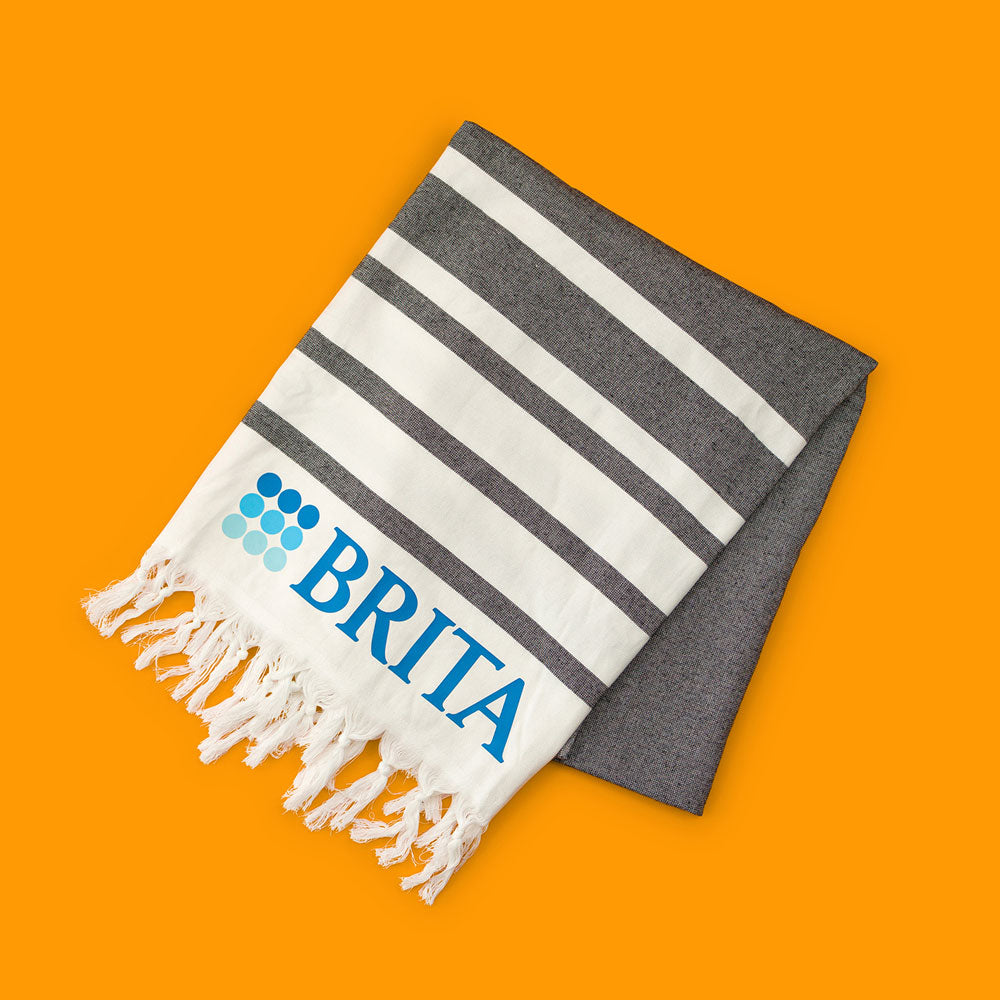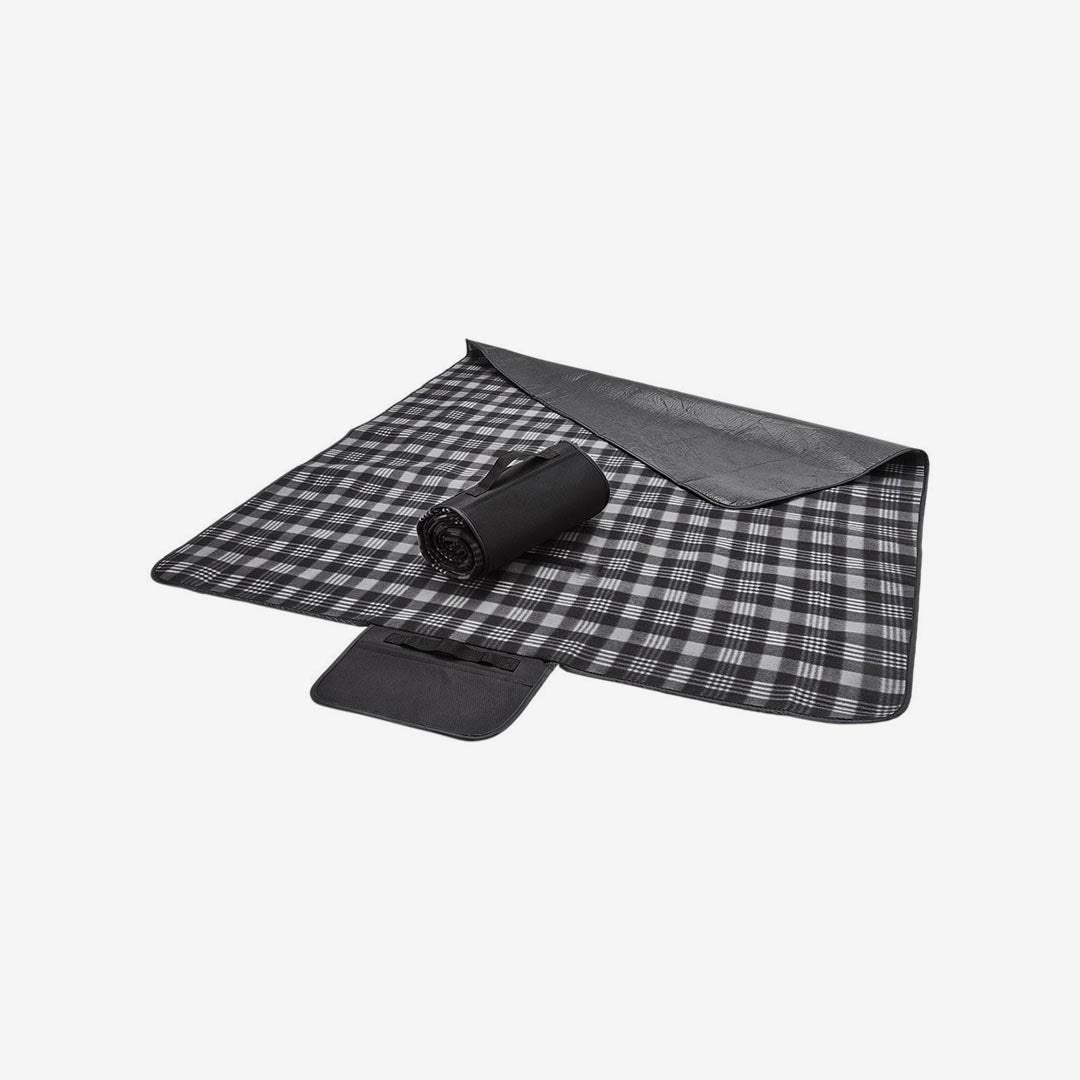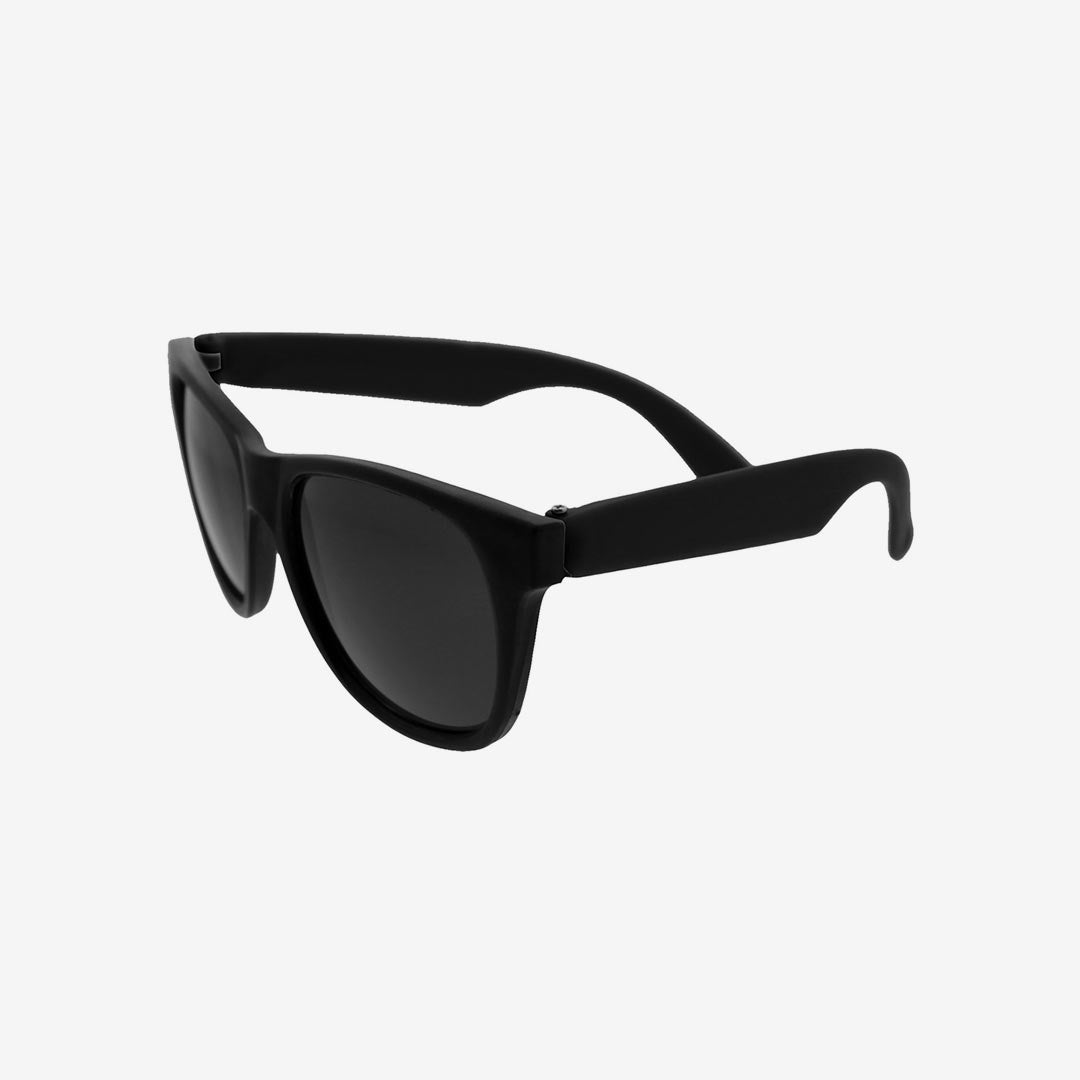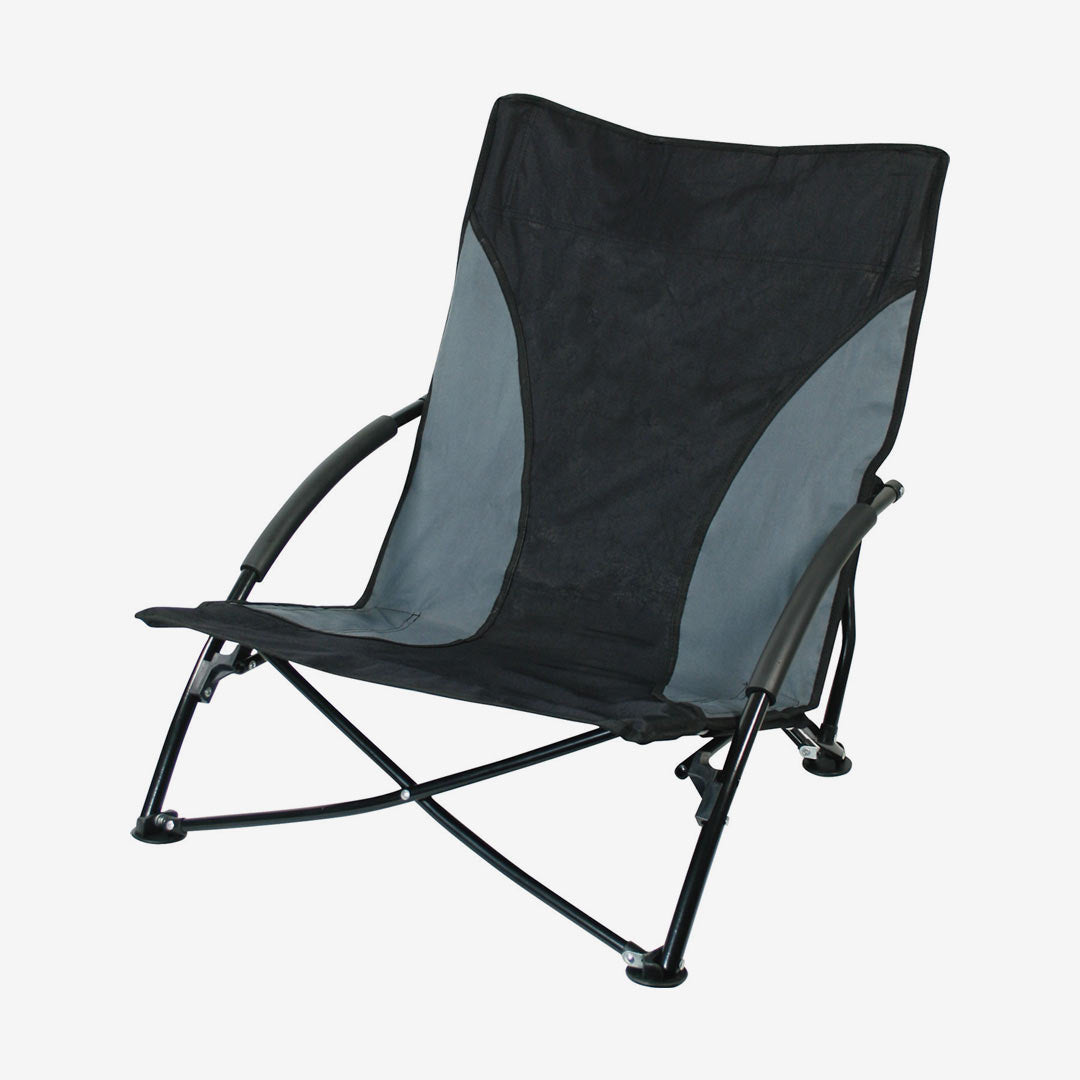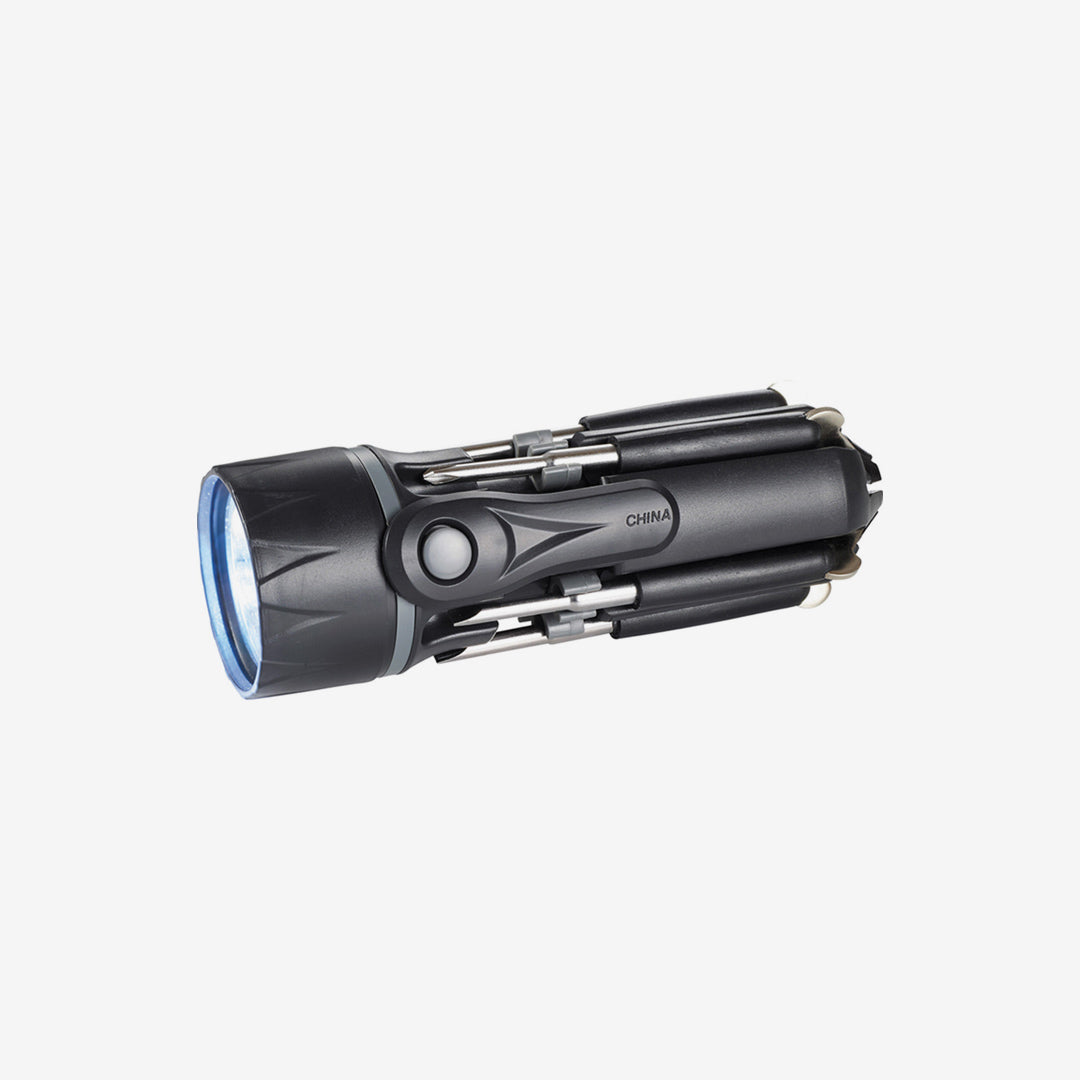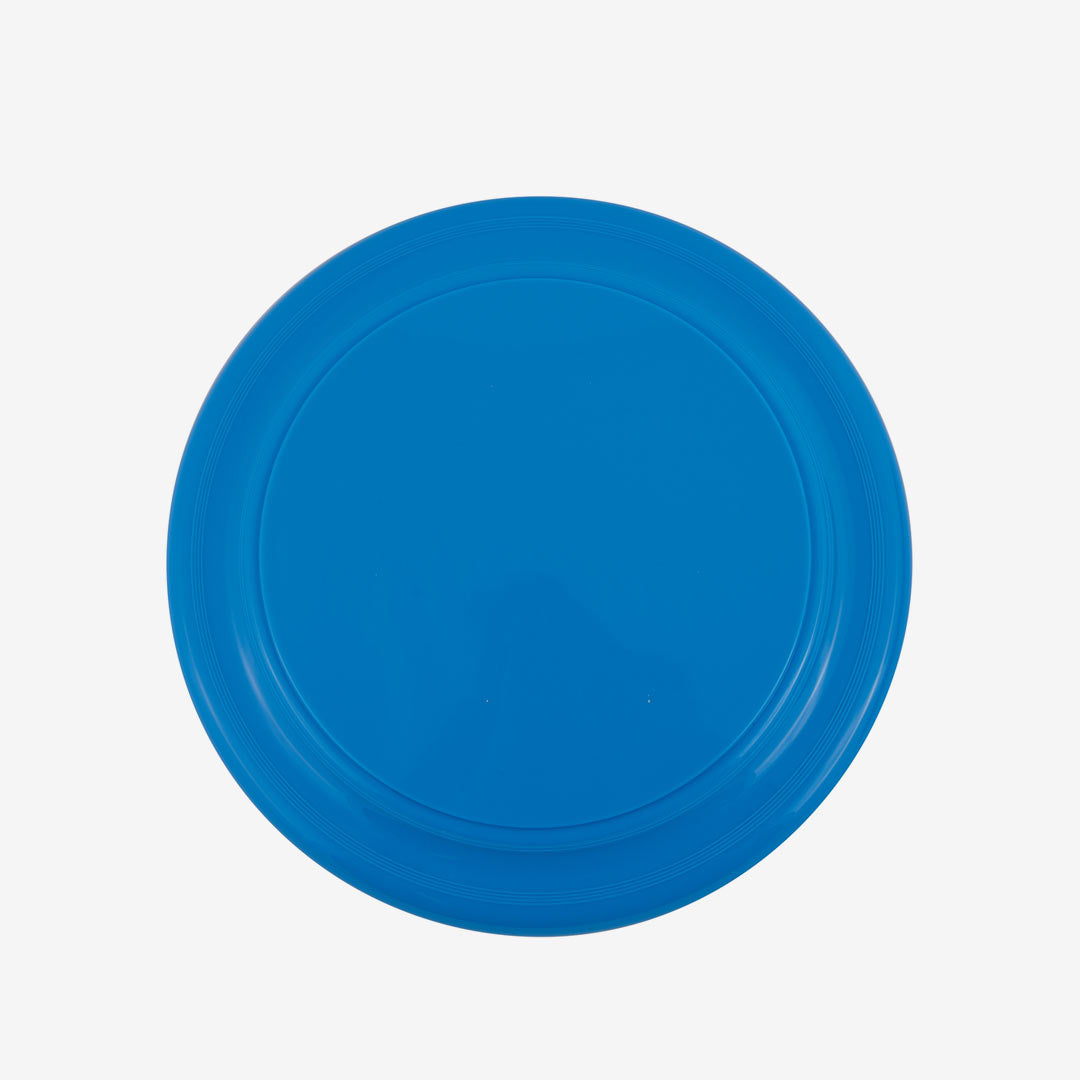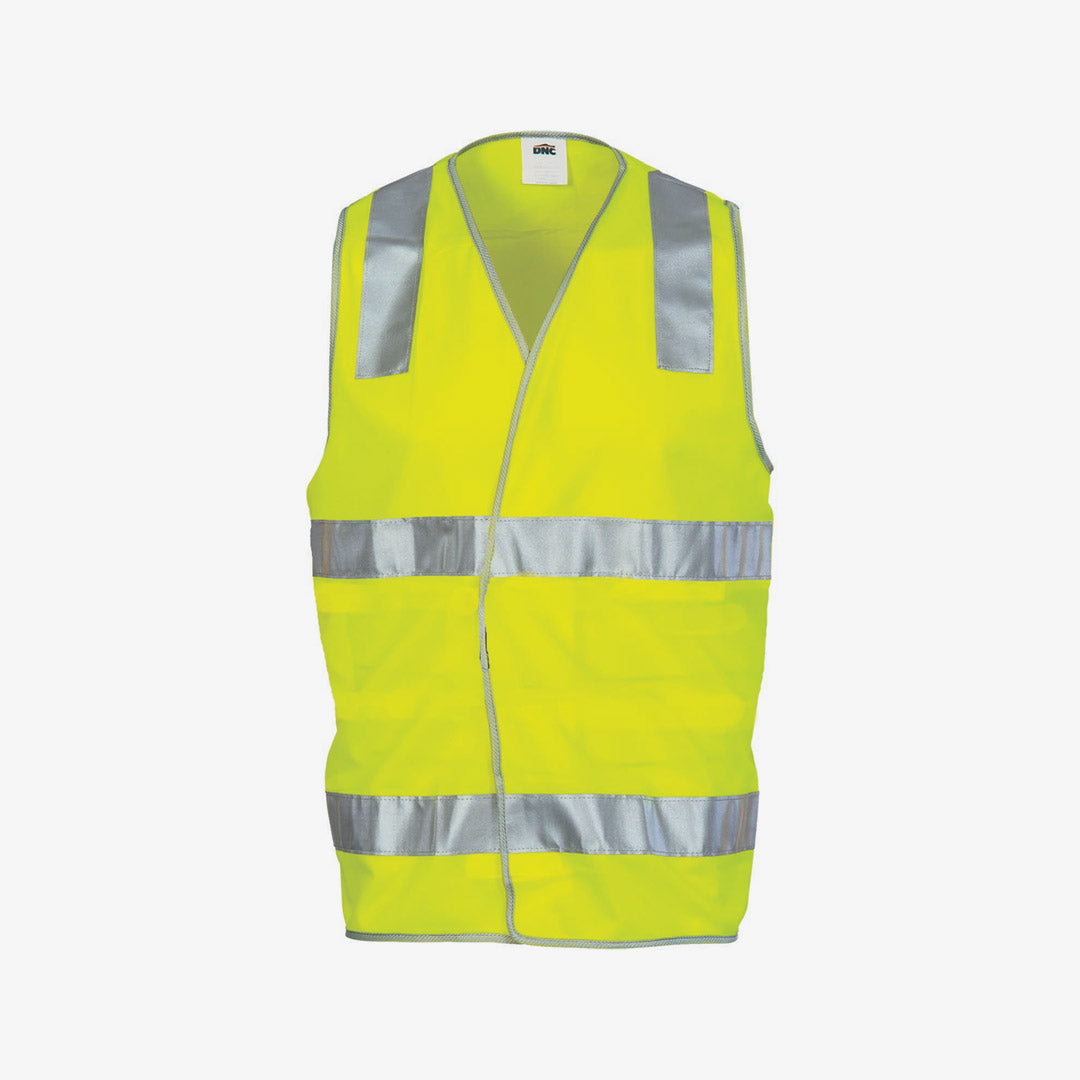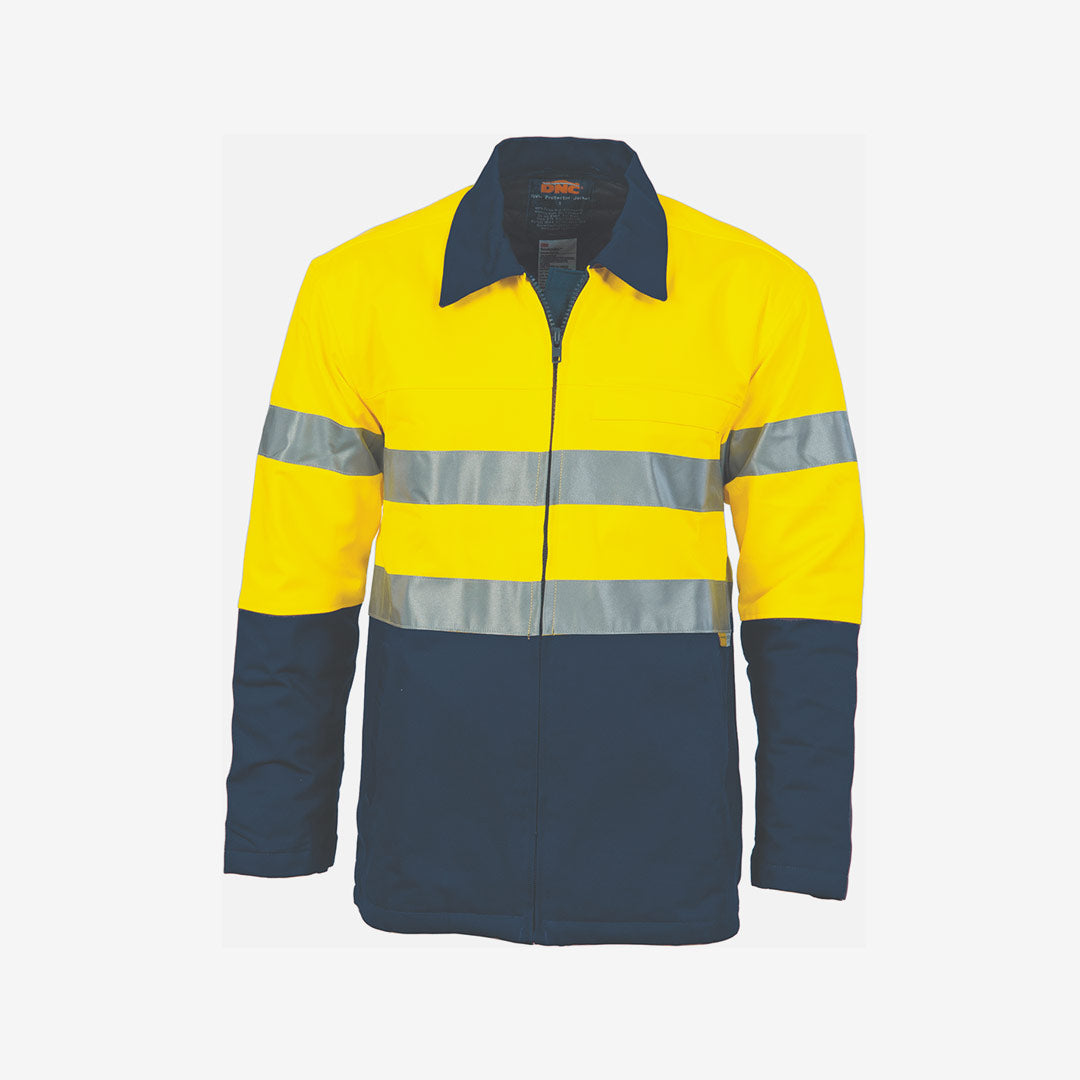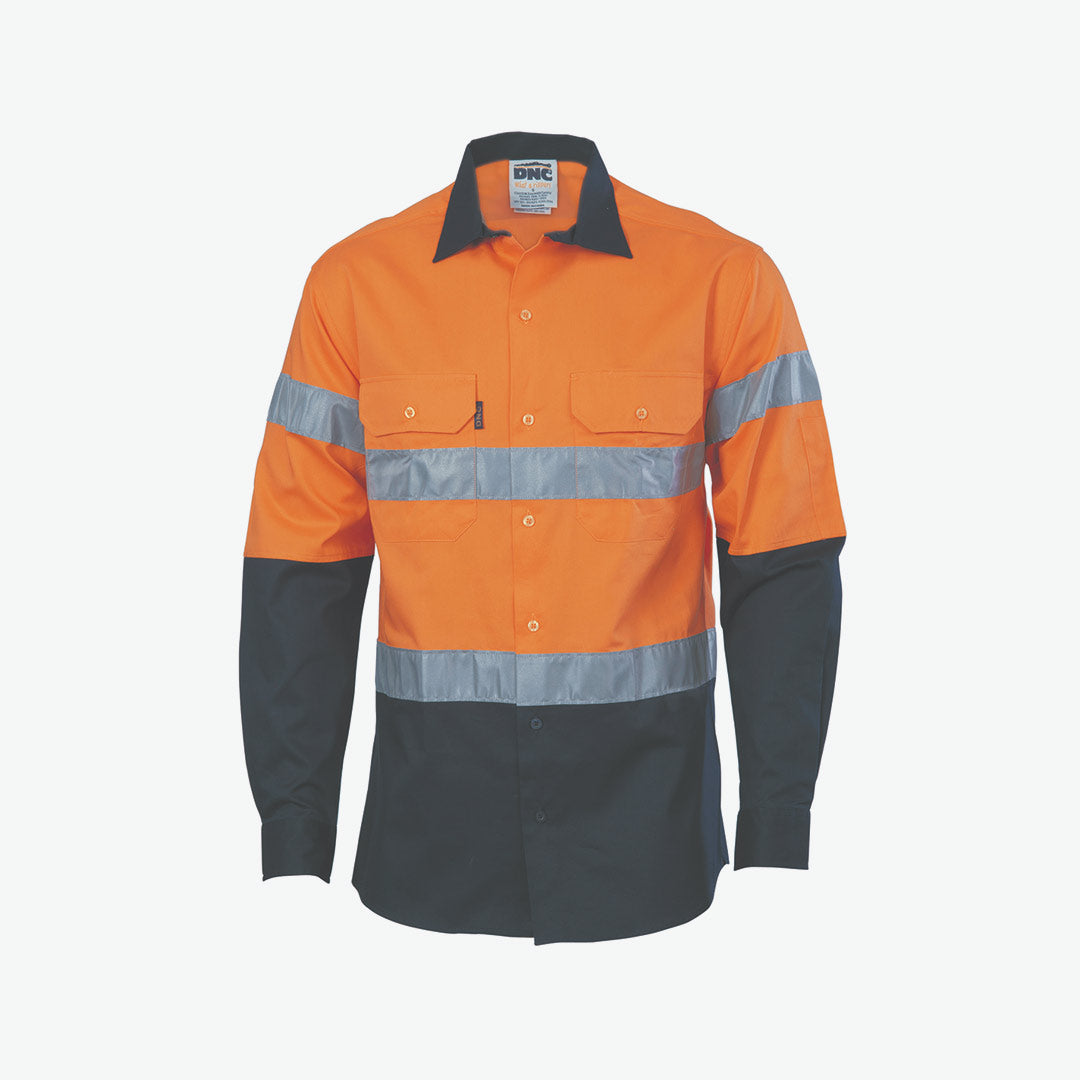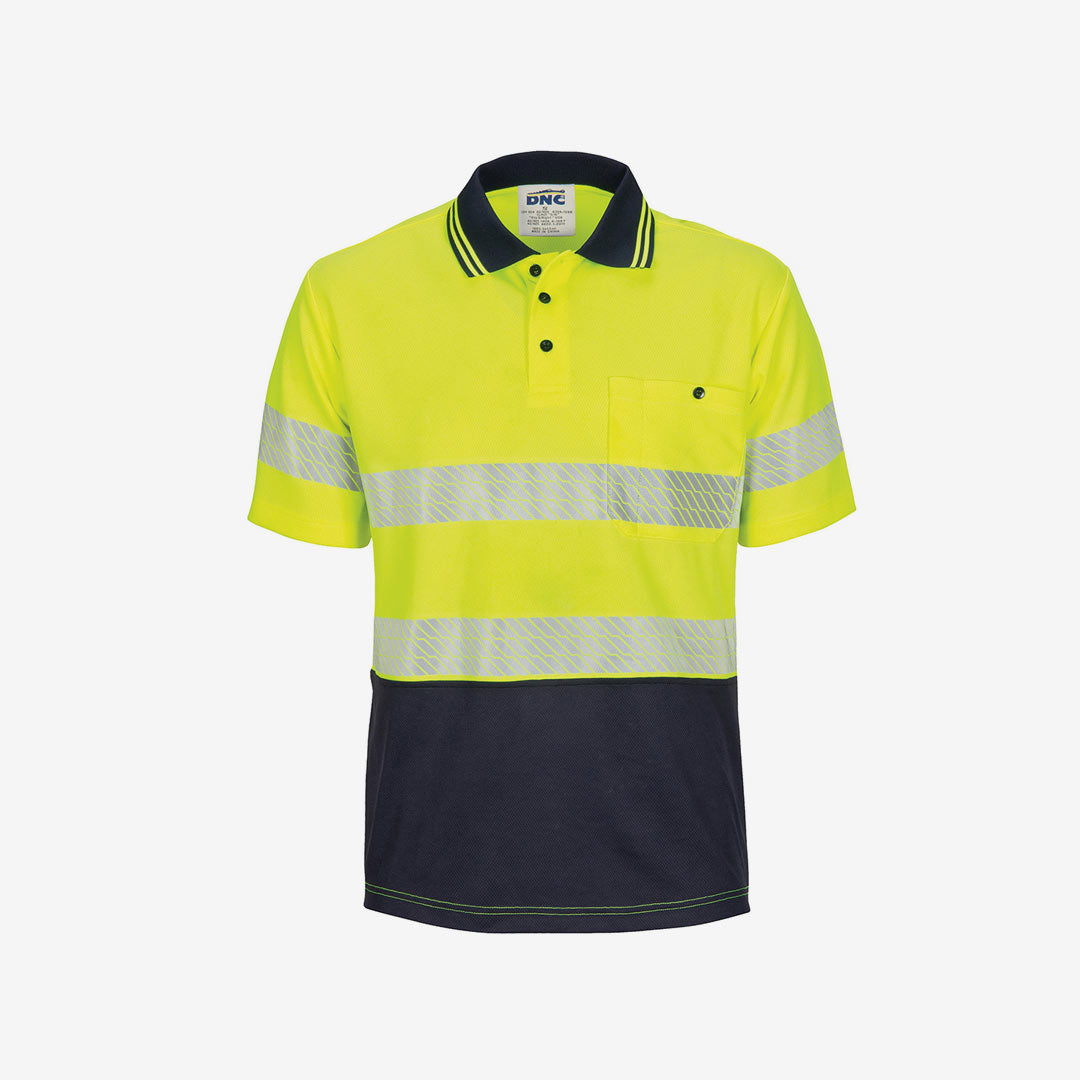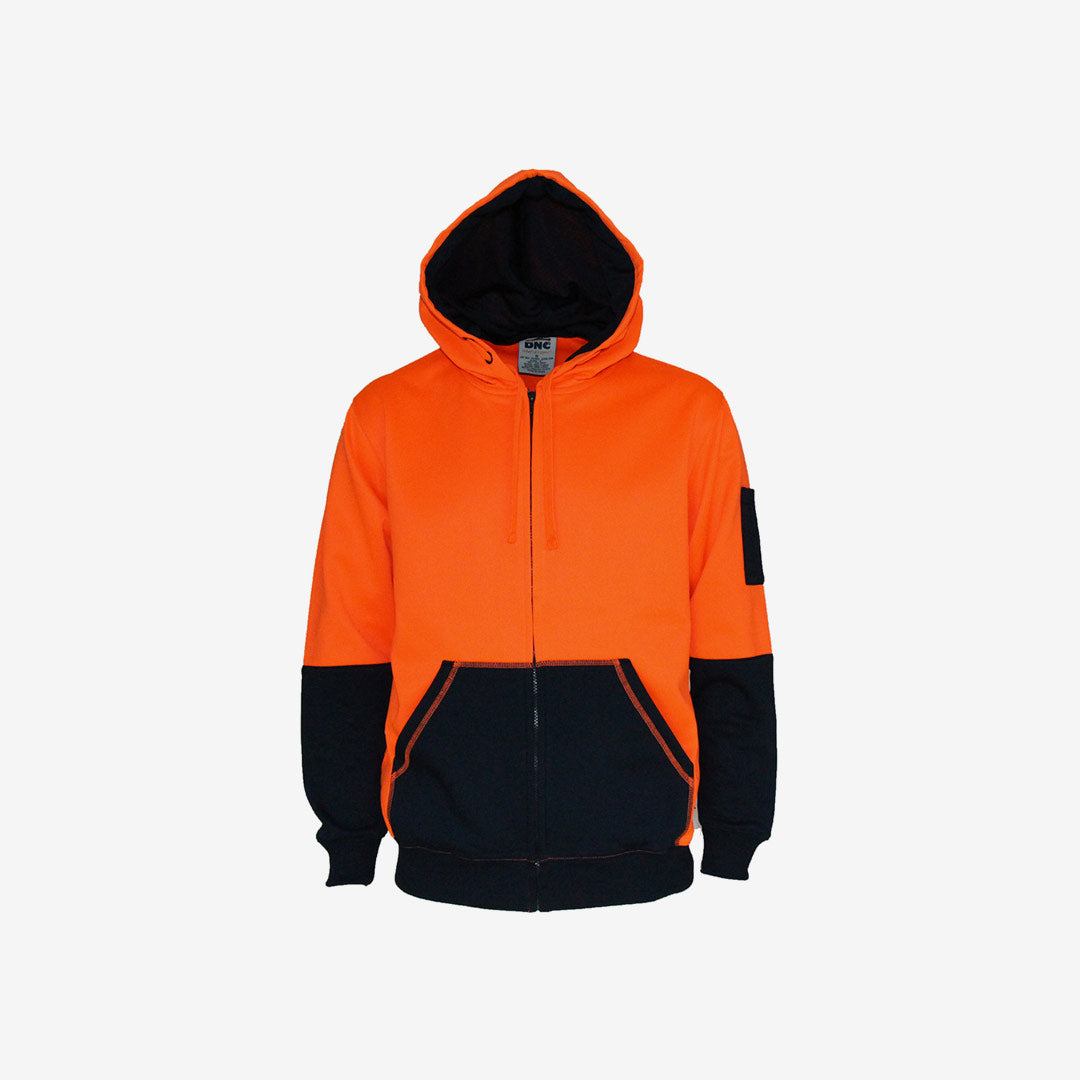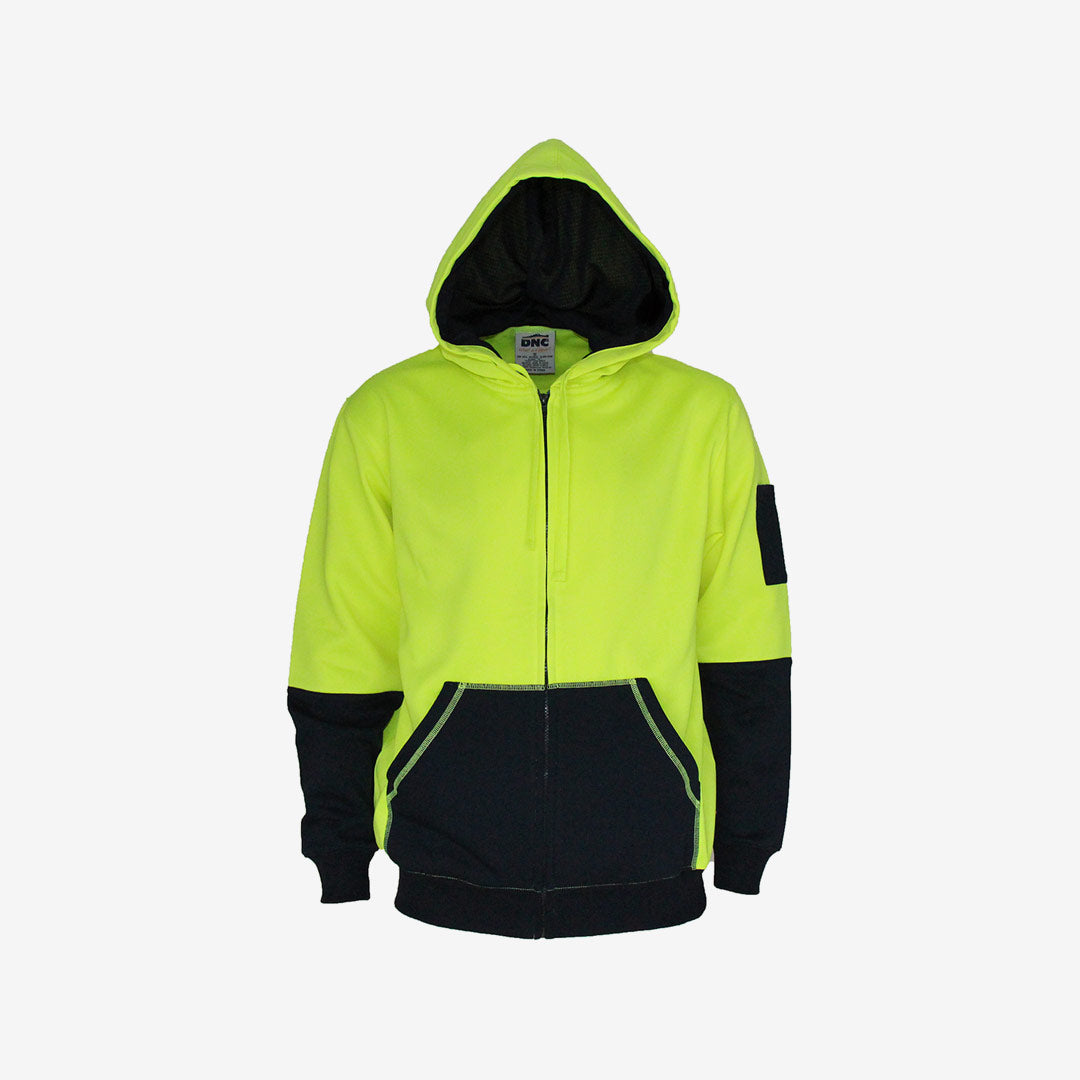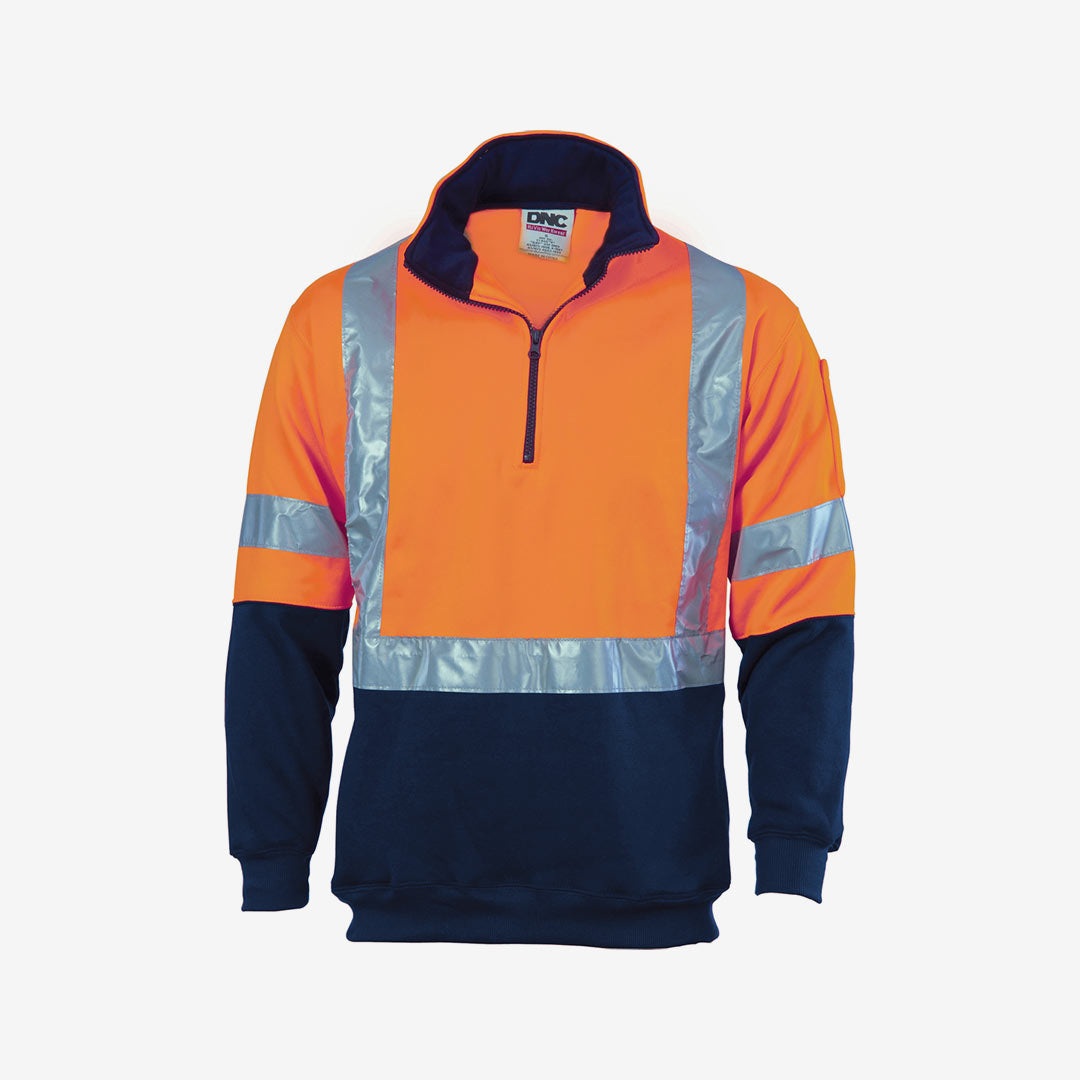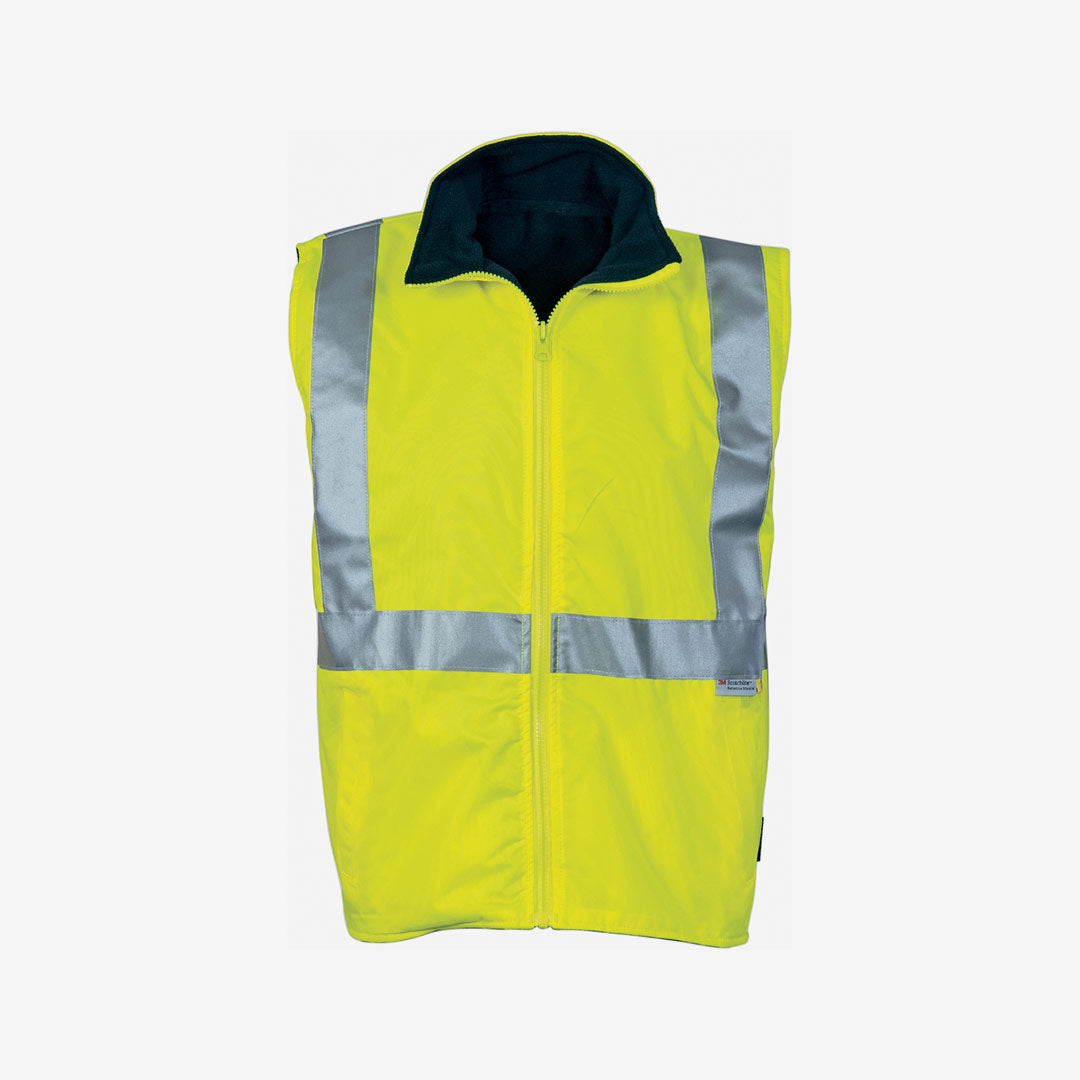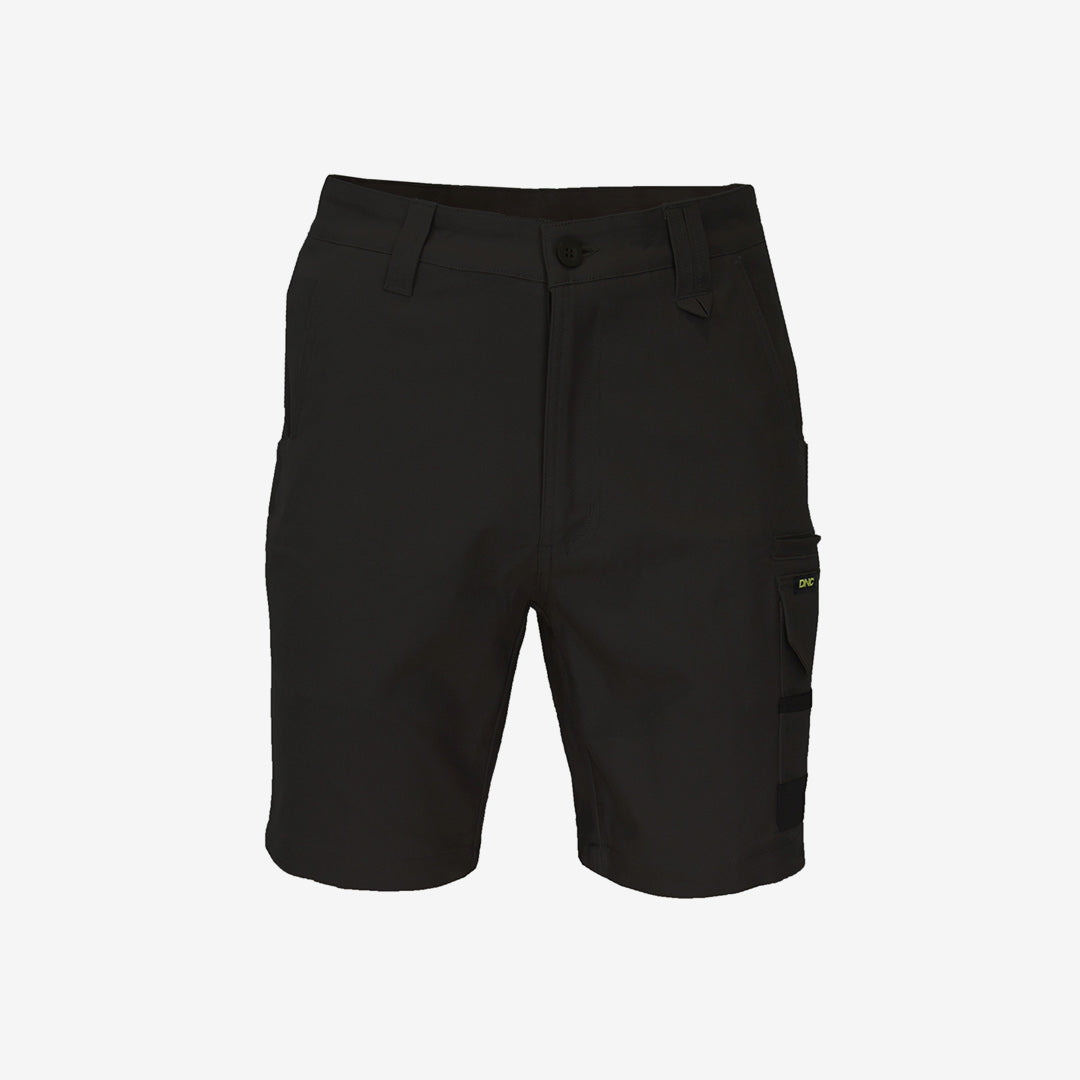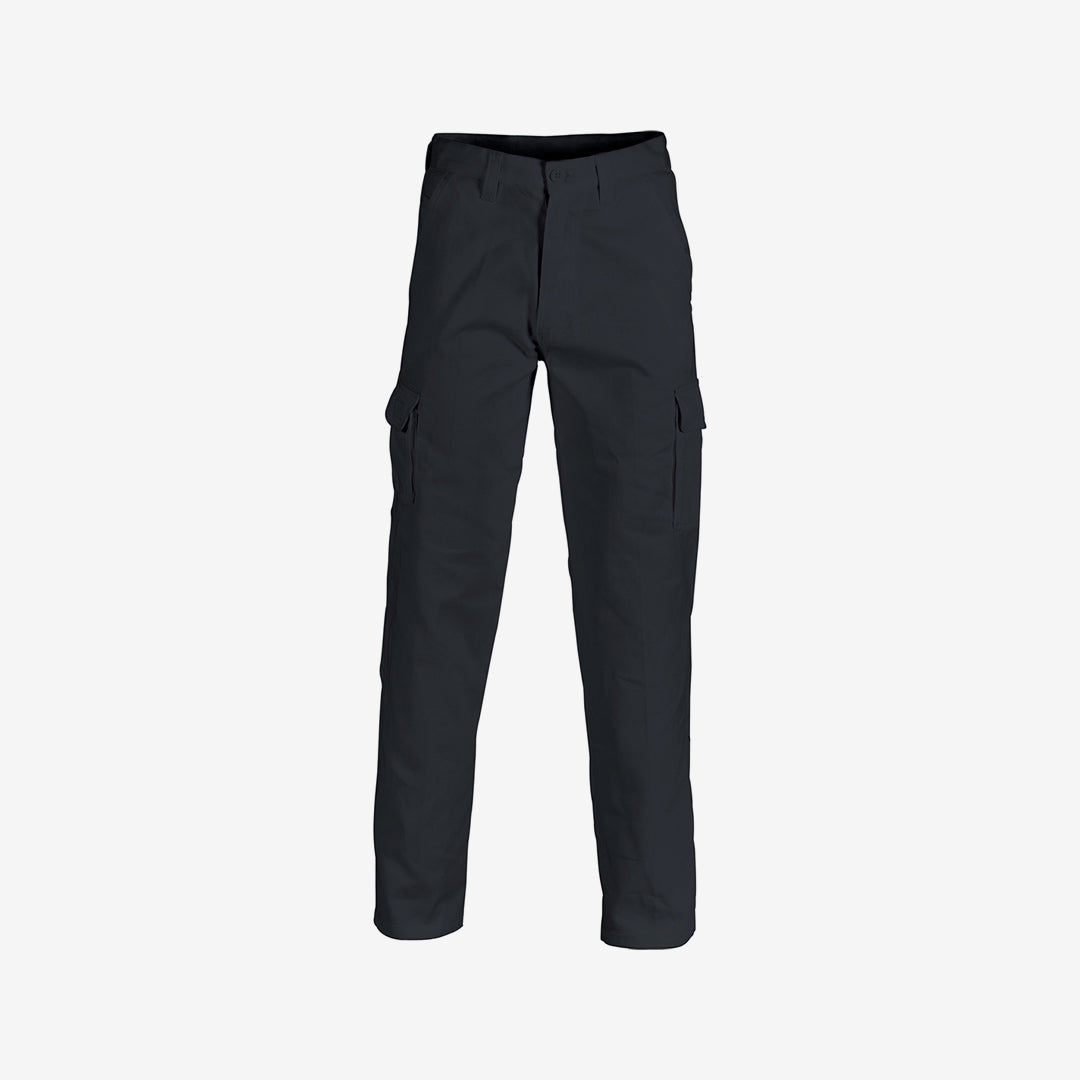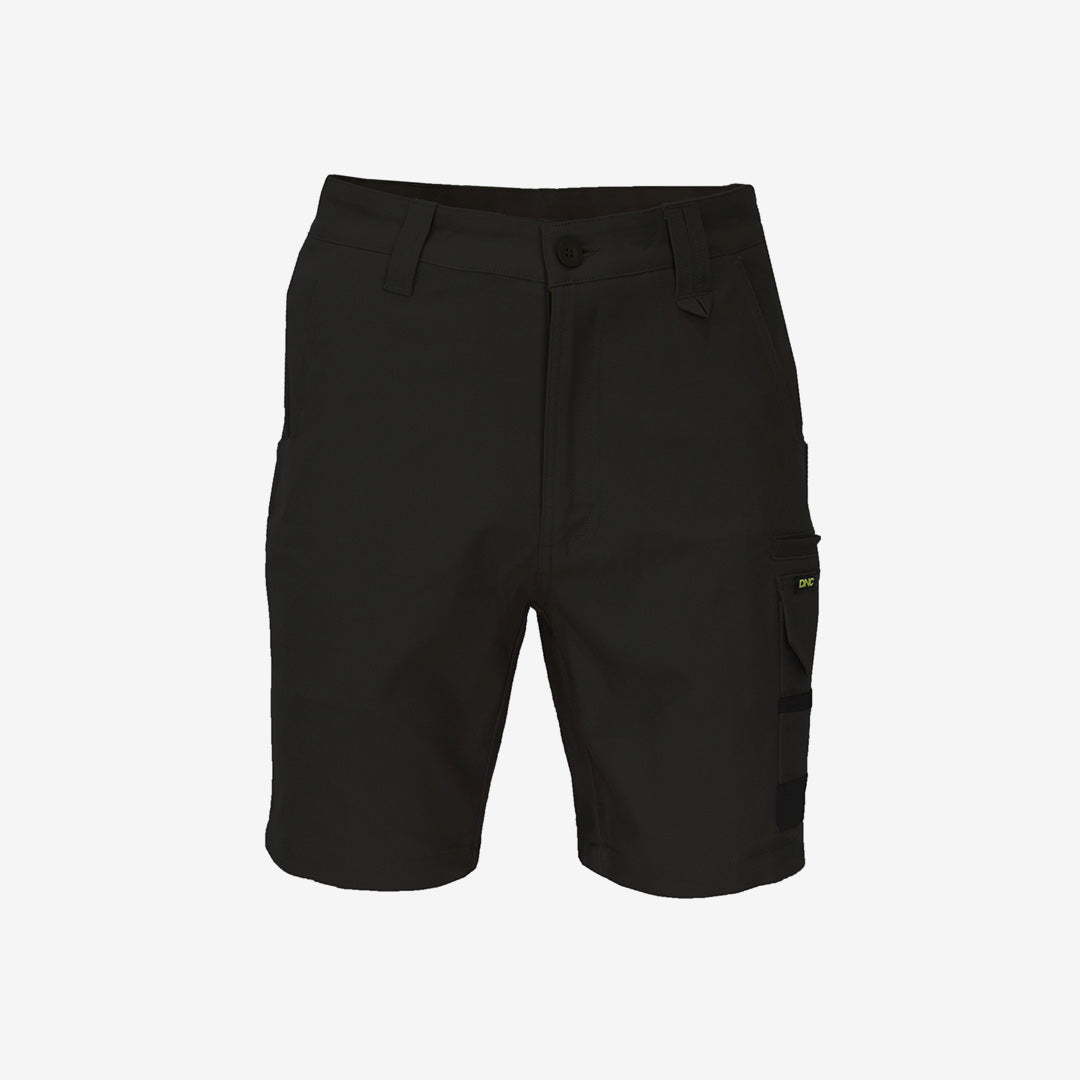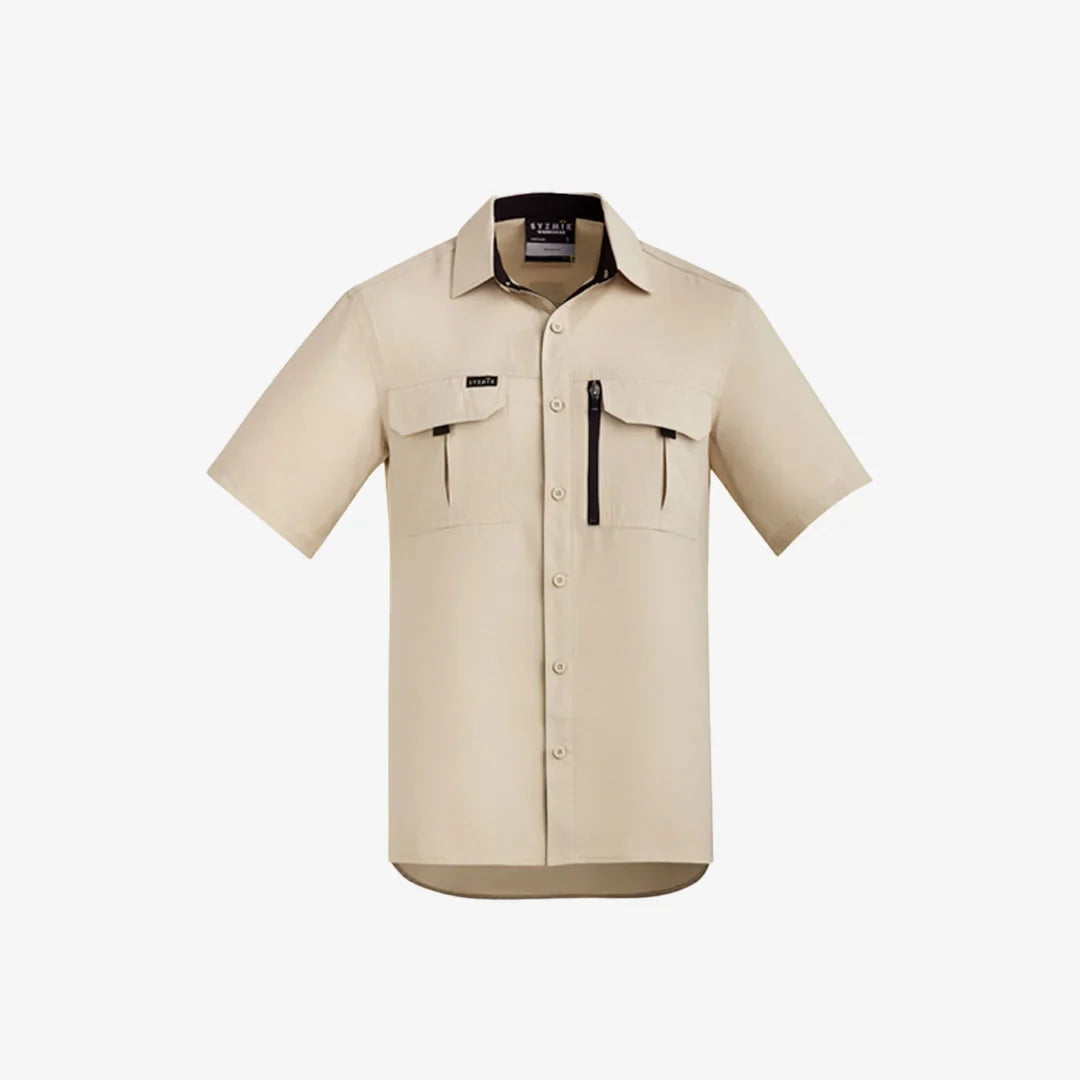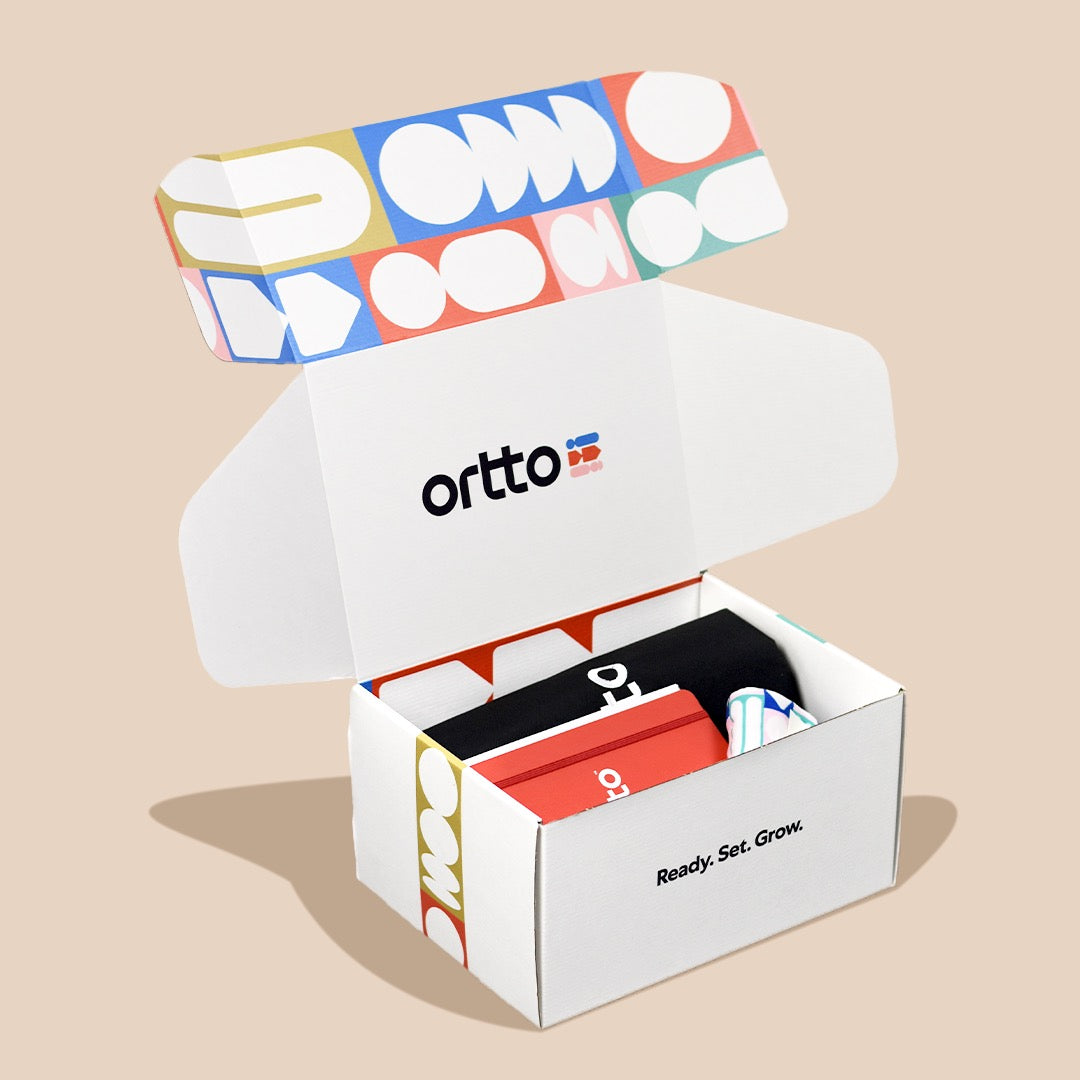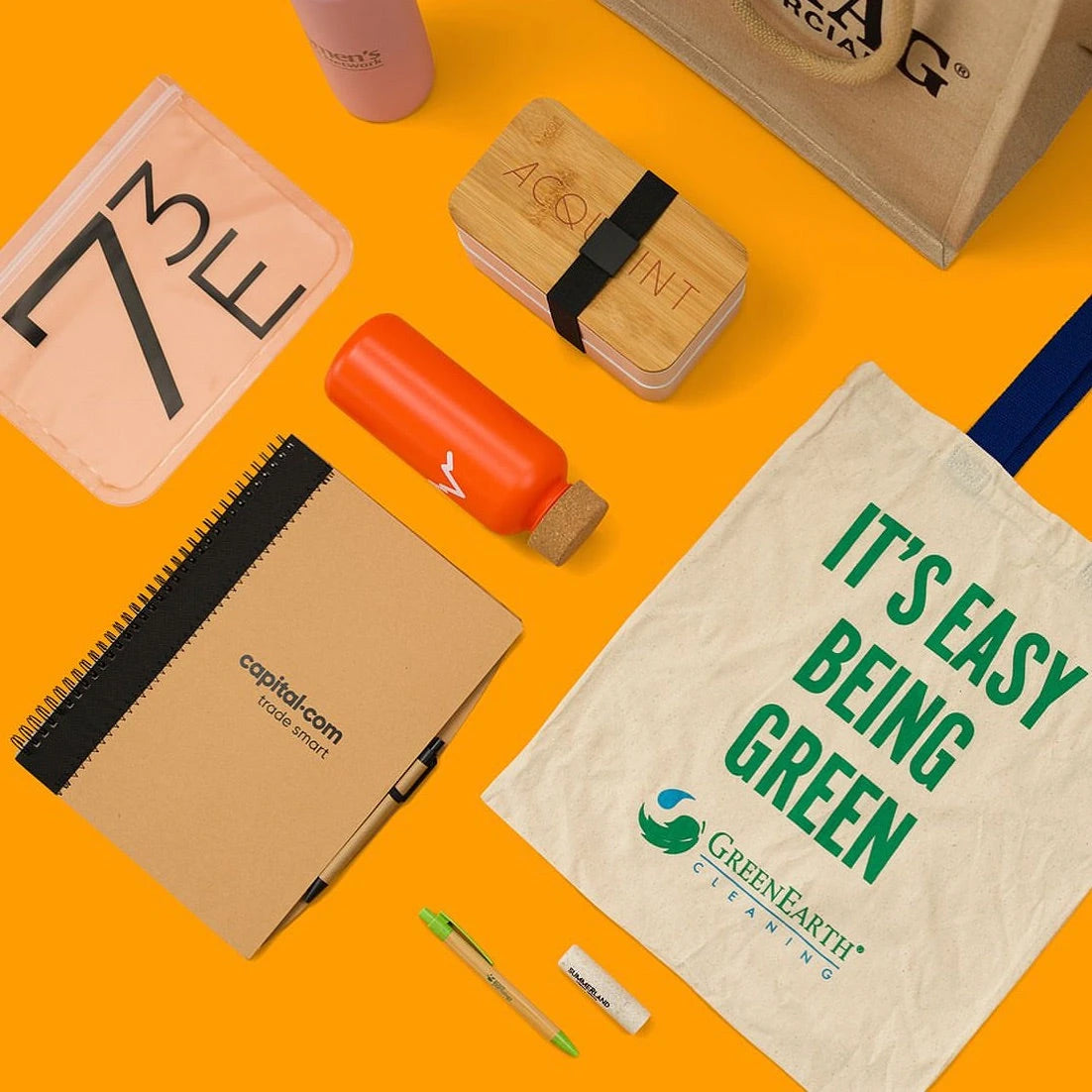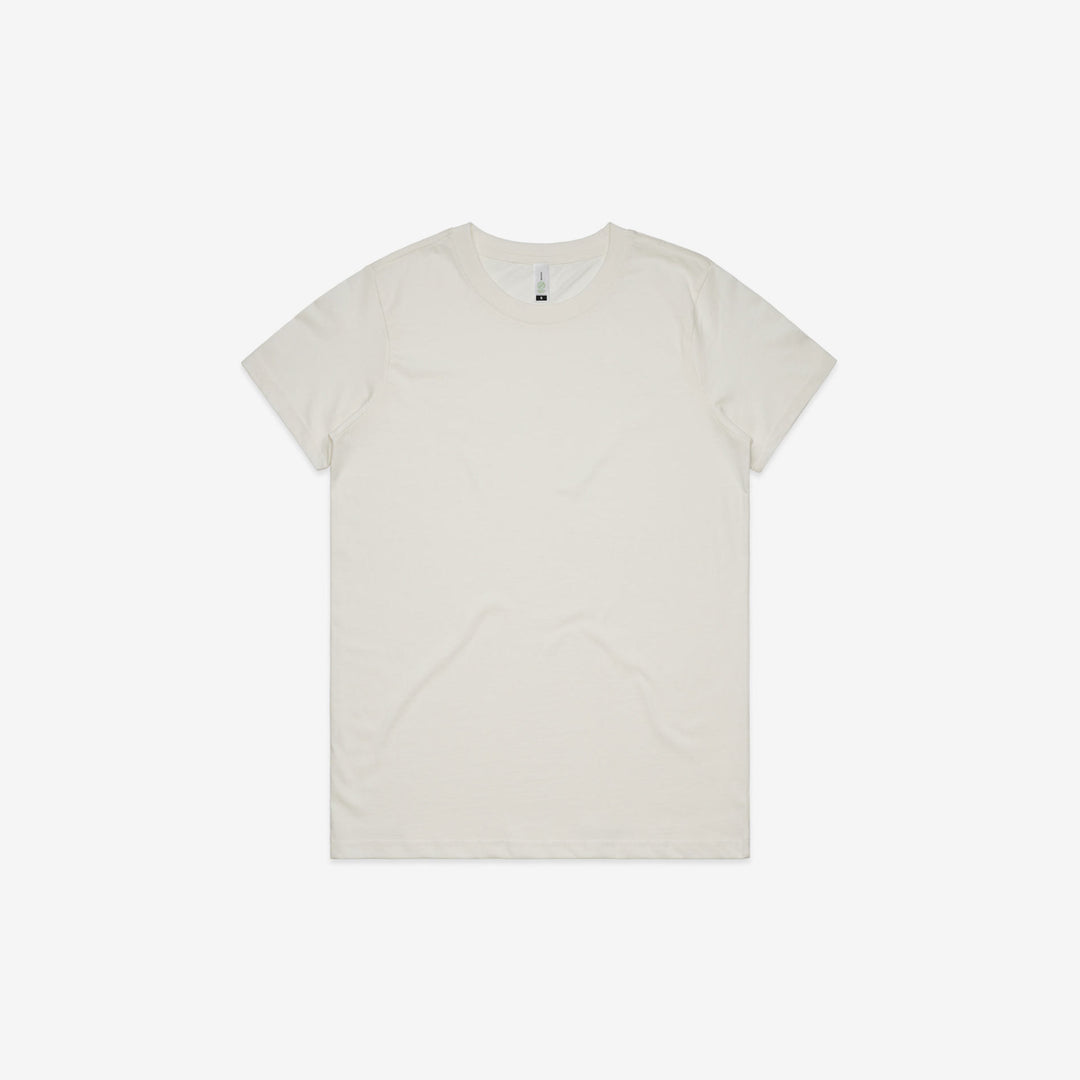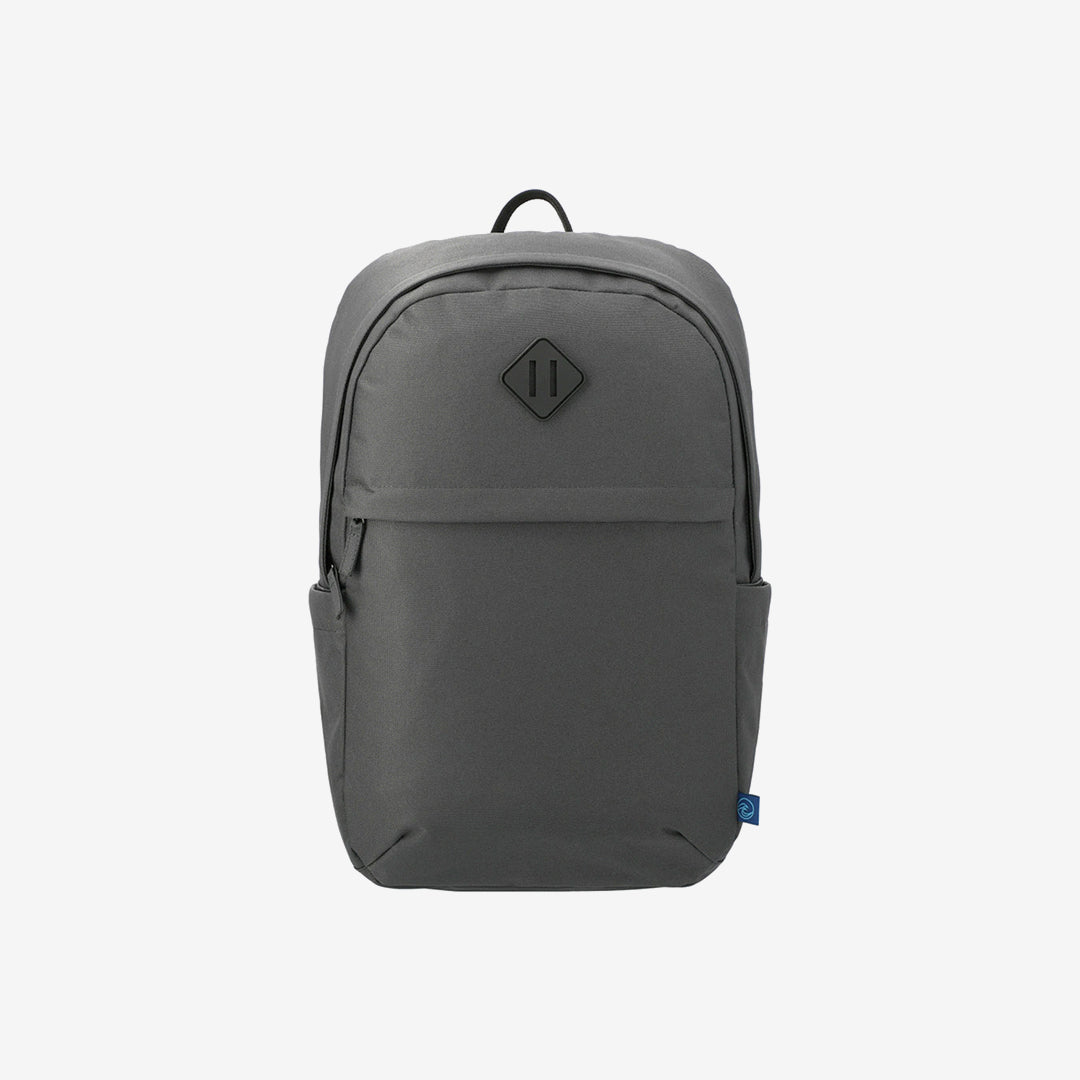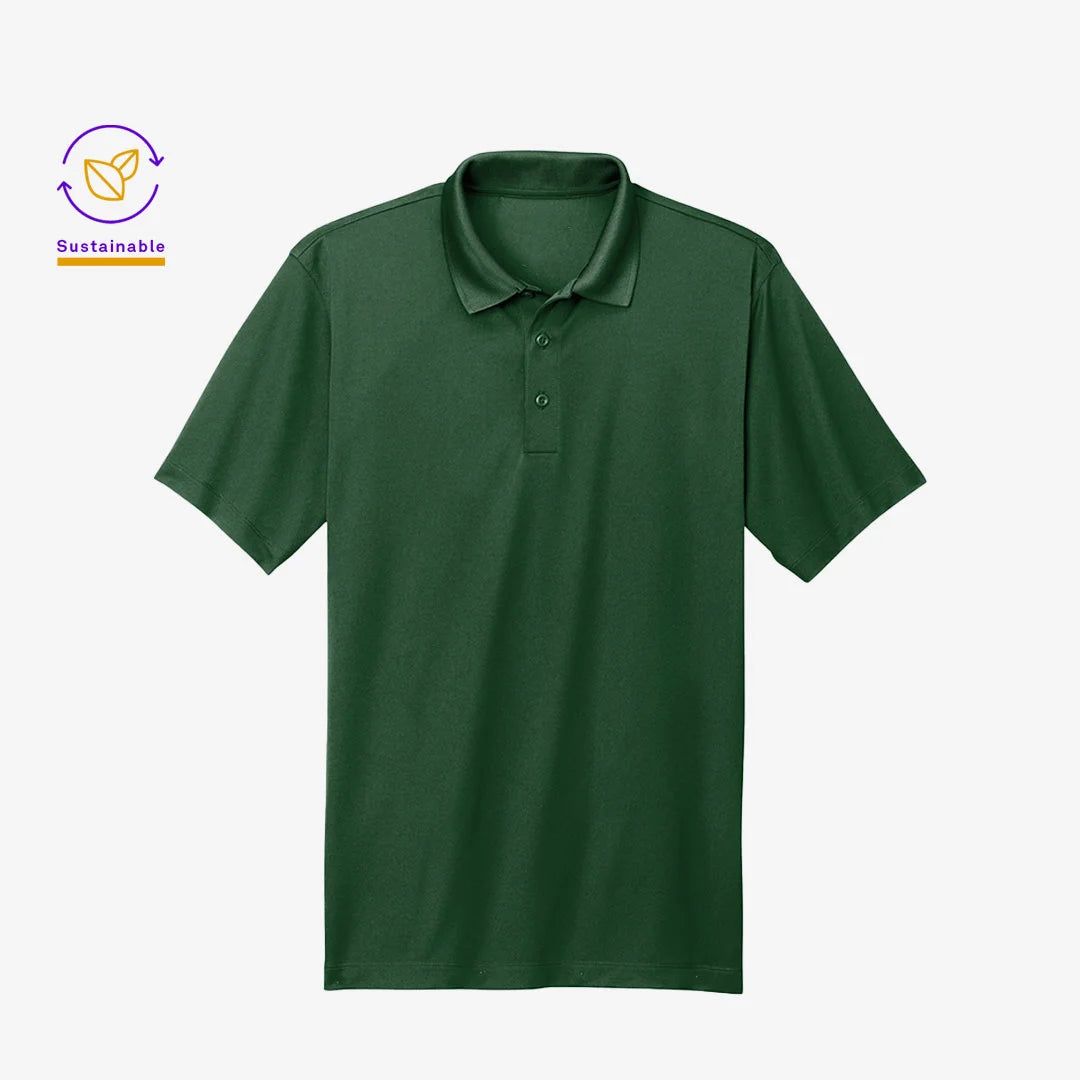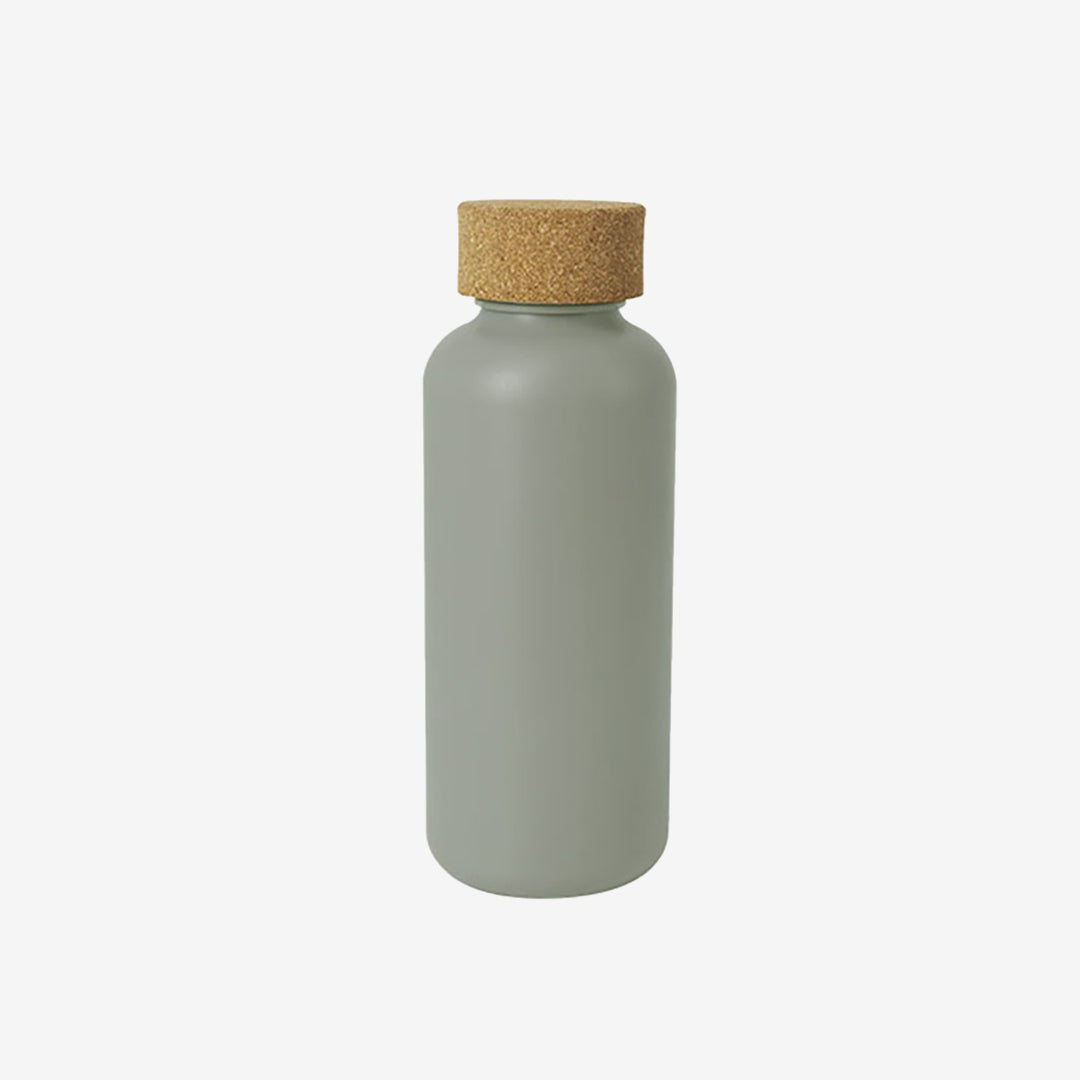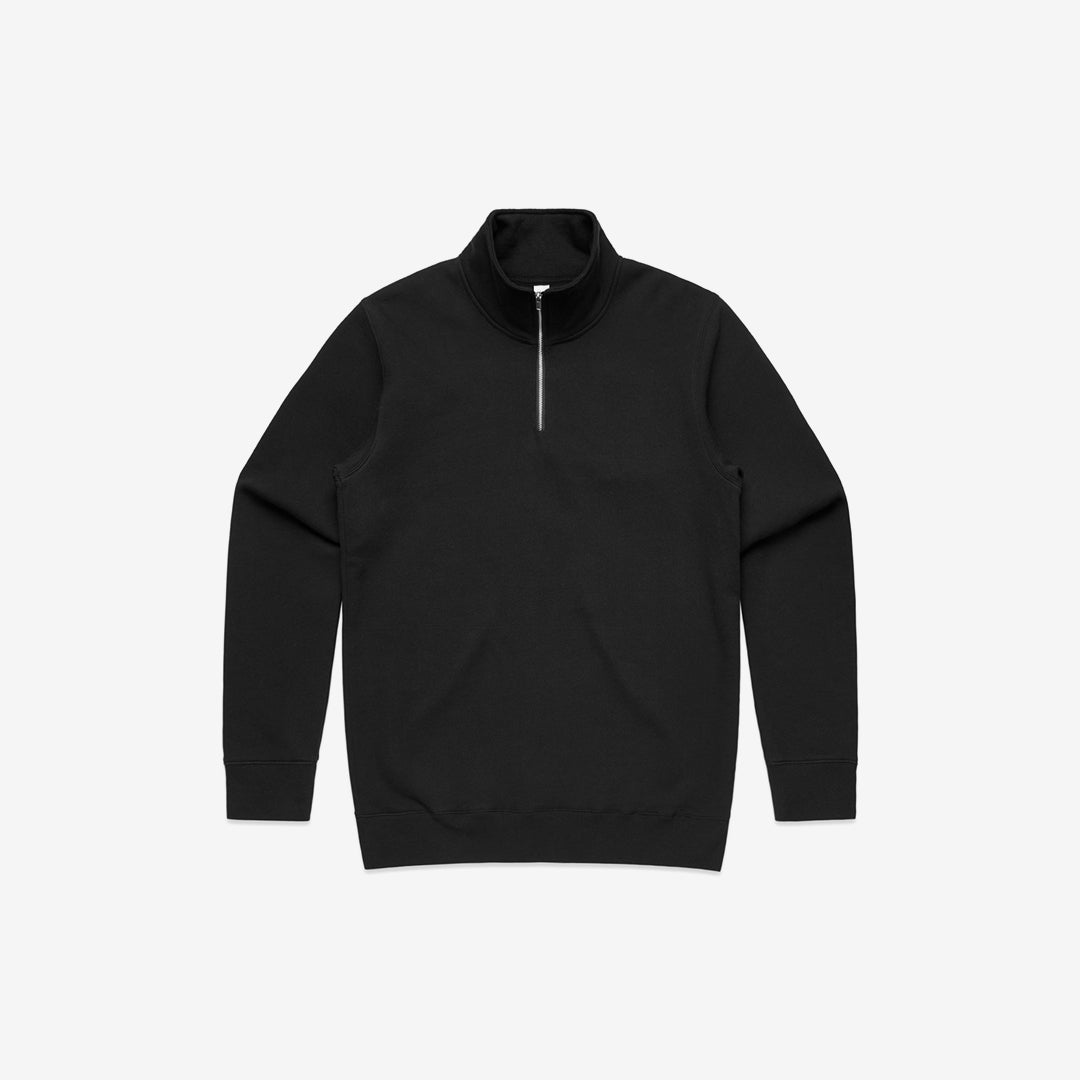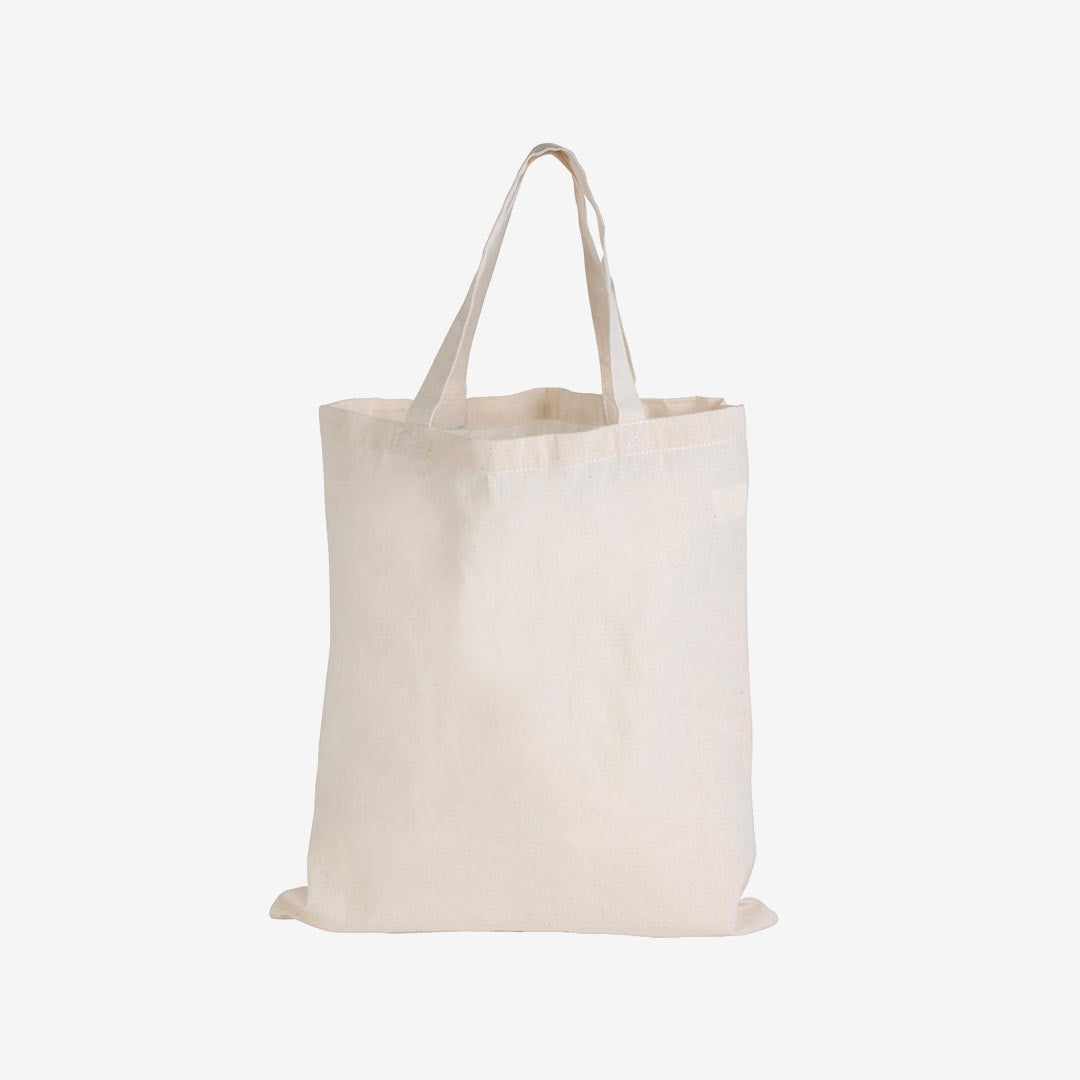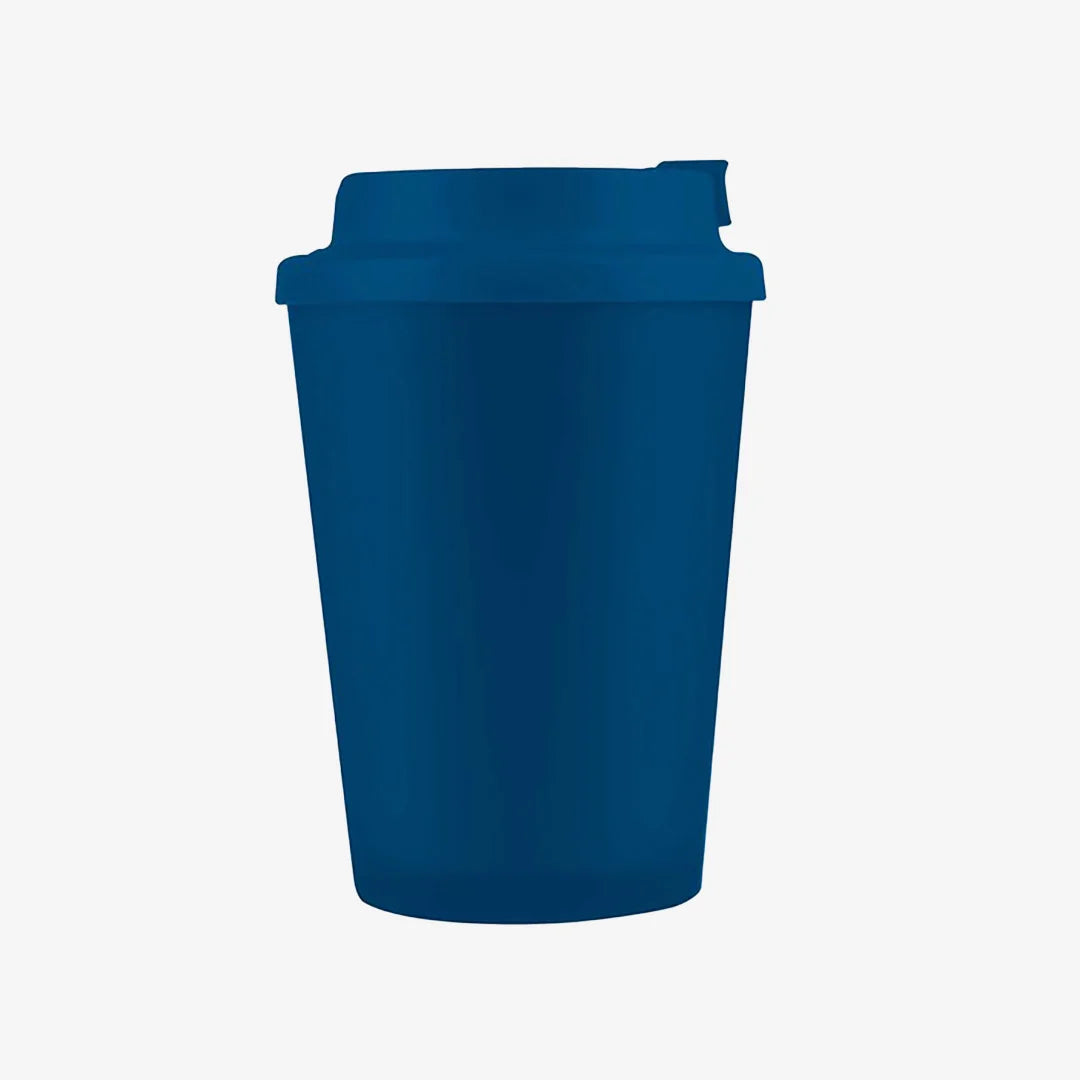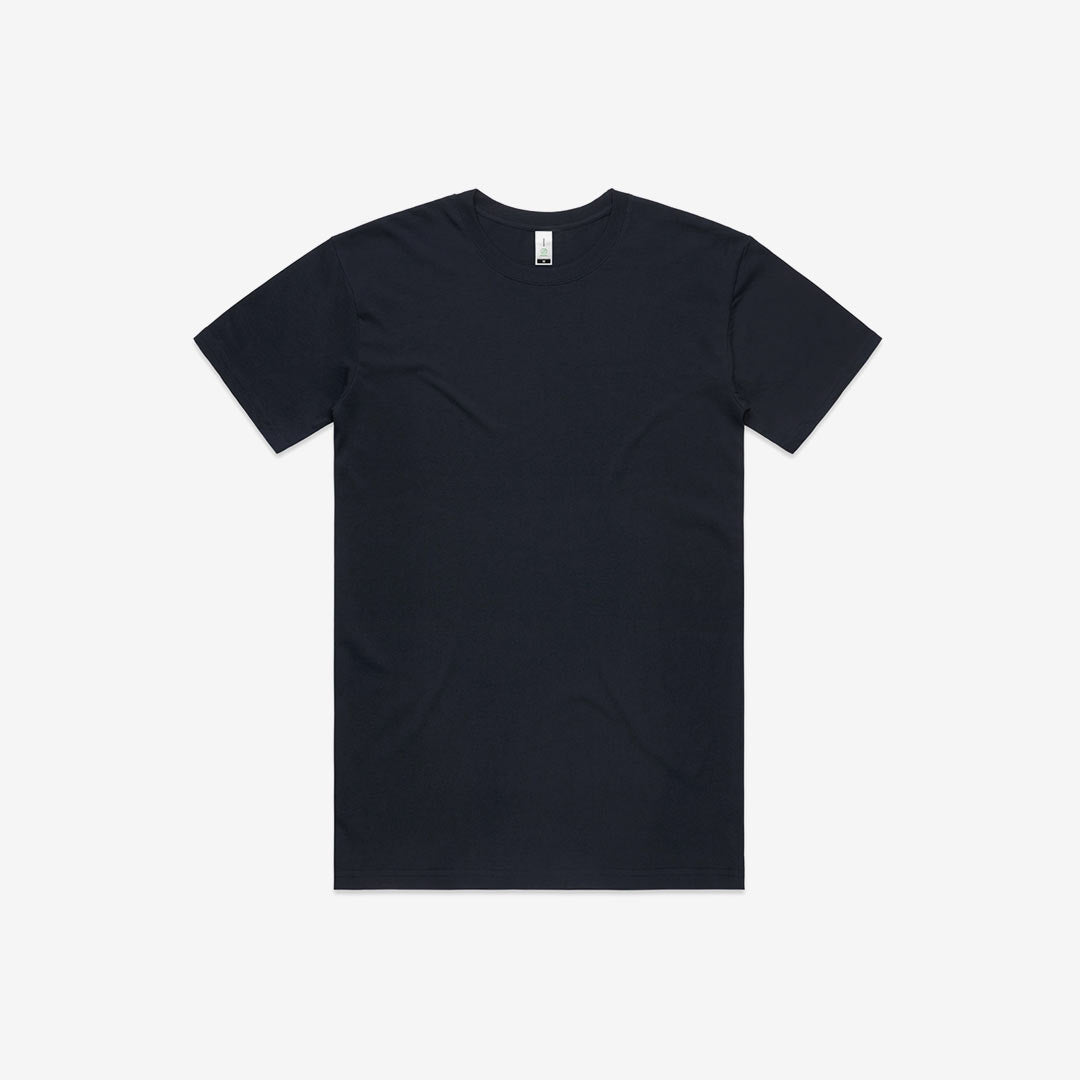Designing the Future: A How-To on Custom Sustainable Apparel
Custom sustainable apparel is changing the way brands present themselves with eco-friendly clothing. No longer must you choose between style and sustainability; now, you can create fashion statements that support the planet. To get started on your journey toward custom sustainable apparel, remember these key points:
- Choose sustainable materials like organic cotton, recycled polyester, hemp, bamboo, and Tencel.
- Explore customisation options that involve eco-friendly inks and dyes.
- Understand the benefits including environmental impact reduction and improved brand reputation.
Custom sustainable apparel provides an opportunity to make a positive impact while looking great. Imagine the difference your brand can make by choosing eco-friendly options.
I'm Ben Read, co-founder of Mercha. As a passionate advocate for ethical and sustainable business, I’m delighted to share insights on creating custom sustainable apparel. My background in sustainable e-commerce fuels my determination to help brands accept eco-friendly practices and innovative solutions. Let's explore how you can design a stylish and sustainable future for your brand.

Easy custom sustainable apparel word list:
Understanding Sustainable Materials
When it comes to custom sustainable apparel, choosing the right materials is crucial. Let's explore some of the most popular eco-friendly fabrics that are making a difference in the fashion world.
Organic Cotton
Organic cotton is a top choice for sustainable clothing. Unlike conventional cotton, it’s grown without harmful chemicals and pesticides. This makes it safer for farmers and better for the environment. Plus, organic cotton is certified by the Global Organic Textile Standard (GOTS), ensuring it meets strict ecological and social criteria.
Recycled Polyester
Recycled polyester, or rPET, is made by changing plastic waste into new fibres. This process reduces landfill waste and the need for virgin polyester, which is made from fossil fuels. Using rPET helps lower carbon emissions and energy consumption. It's a win-win for both style and sustainability.
Hemp
Hemp is a powerhouse in sustainable fabrics. It’s derived from the cannabis sativa plant, which grows quickly and requires less water than cotton. Hemp fabric is durable, breathable, and naturally resistant to pests, making it an eco-friendly option for clothing.
Bamboo
Bamboo is known for its rapid growth and minimal environmental impact. It’s naturally antibacterial and odour-resistant, making it perfect for activewear. Bamboo fabric is soft, breathable, and biodegradable, offering a sustainable alternative to traditional materials.
Tencel
Tencel, also known as Lyocell, is made from wood pulp sourced from sustainably managed forests. The production process is eco-friendly, using recyclable solvents. Tencel is smooth, strong, and wrinkle-resistant, making it an ideal choice for stylish and sustainable apparel.
By choosing these sustainable materials, you can create custom apparel that not only looks great but also supports the planet. Each fabric brings unique benefits, allowing you to tailor your designs to meet both aesthetic and environmental goals.
Custom Sustainable Apparel: The Process
Creating custom sustainable apparel requires more than just selecting the right materials. The process also involves innovative printing and dyeing techniques that are eco-friendly and non-toxic. Here's how it works:
Organic Inks
Organic inks are a cornerstone of environmentally friendly printing. These inks are water-based, biodegradable, and free from harmful chemicals. By using organic inks, you reduce environmental impact and ensure that your apparel is safe for both the wearer and the planet. As noted by experts, "Printing with sustainable ink is a key element for reducing our environmental impact." This commitment to sustainability is crucial in today's world.

Plant-Based Pigments
Incorporating plant-based pigments into your apparel design adds a natural touch to your creations. These pigments are derived from plants, offering a renewable alternative to synthetic dyes. One standout example is the use of organic indigo ink, which blends ancient dyeing traditions with modern sustainability needs. The result is a vibrant, long-lasting colour that feels as comfortable as your favourite pair of jeans. This unique approach not only improves the visual appeal of your designs but also reinforces your brand's dedication to eco-friendly practices.
Mineral Dyes
Mineral dyes offer another sustainable option for colouring apparel. These dyes are crafted from Earth's natural pigments, resulting in one-of-a-kind hues that are gentle on the environment. The process of using mineral dyes is less resource-intensive, making it a responsible choice for eco-conscious brands. For instance, the organic cotton mineral dye tees from Allmade are praised as "the most sustainable tees on the planet." Using mineral dyes allows you to create apparel that is not only beautiful but also aligned with your sustainability goals.
By incorporating these innovative techniques into your production process, you can create apparel that is as kind to the Earth as it is to the eye. This commitment to sustainable practices ensures that your custom designs make a positive impact, both aesthetically and environmentally.
Benefits of Custom Sustainable Apparel
Custom sustainable apparel offers numerous benefits that go beyond just looking good. Let's explore how it impacts the environment, promotes zero waste, and supports carbon neutrality.
Environmental Impact
Choosing sustainable apparel helps reduce the negative effects on our planet. These garments are made using eco-friendly materials like organic cotton, recycled polyester, and hemp. By opting for these materials, you help conserve water, reduce chemical use, and lower energy consumption.
For instance, the use of recycled polyester (rPET) in clothing can cut down on waste and decrease the need for new raw materials. As noted in the research, "rPET is created by melting down existing plastic and re-spinning it into new polyester fibre." This not only helps reduce plastic waste but also lessens the environmental footprint of apparel production.
Zero Waste
Aiming for zero waste is a crucial aspect of sustainable fashion. This means creating clothing that generates minimal waste throughout its lifecycle. Custom sustainable apparel often involves designs that use every scrap of material, leaving little to no waste behind.
Organic inks and plant-based pigments used in printing and dyeing are biodegradable, meaning they won't harm the environment once they break down. This aligns with the zero-waste philosophy by ensuring that even the smallest components of your apparel are environmentally friendly.
Carbon Neutral
Achieving carbon neutrality is a major goal for many eco-conscious brands. This involves balancing the amount of carbon emitted with the amount removed from the atmosphere. Custom sustainable apparel contributes to this by using materials and processes that generate less carbon.
For example, sustainable fabrics like Tencel, made from tree pulp, are produced using renewable energy sources and recyclable solvents. This reduces the carbon emissions associated with their production. Additionally, brands often engage in carbon offsetting activities, such as planting trees, to further counteract their carbon footprint.
By choosing custom sustainable apparel, you are supporting practices that benefit the planet. It's not just about wearing eco-friendly clothes; it's about making a positive impact on the environment and paving the way for a more sustainable future.
Next, let's dive into some top tips for designing eco-friendly apparel.
Top Tips for Designing Eco-Friendly Apparel
Designing eco-friendly apparel is not just about choosing the right materials; it's about embracing innovative techniques and technologies that improve sustainability. Here are some top tips to guide you in creating custom sustainable apparel that stands out.
Accept Virtual Tailoring
Virtual tailoring uses digital tools to create a perfect fit without the need for physical samples. This not only saves time but also reduces waste from discarded fabric. With virtual tailoring, you can try different designs and fits digitally, ensuring the final product meets your exact specifications. This method aligns with the zero-waste philosophy by cutting down on material usage and providing precision in design.
Leverage 3D Technology
3D technology is revolutionising the way we design clothes. By using 3D scanning, you can capture precise body measurements, allowing for customised fits that are both comfortable and flattering. This technology also enables designers to create virtual prototypes, reducing the need for multiple physical samples, which in turn minimises waste.
For instance, companies like Rhone are pioneering the use of 3D apparel technology to provide custom fits, ensuring that each piece is custom to the individual. This approach not only improves the customer experience but also supports sustainable practices by reducing fabric waste.
Explore Regenerative Fabrics
Regenerative fabrics go beyond sustainability by actively improving the environment. These materials are sourced from agricultural practices that restore soil health, increase biodiversity, and capture carbon. Fabrics like hemp and Tencel are excellent examples of regenerative materials. Hemp is a high-yield crop that requires minimal water and no pesticides, making it one of the most eco-friendly fabric options available. Tencel, derived from tree pulp, is produced using sustainable farming practices and recyclable solvents, contributing to a positive environmental impact.
By incorporating regenerative fabrics into your designs, you not only create eco-friendly apparel but also support practices that heal the planet.
Incorporating these innovative approaches can significantly improve the sustainability of your apparel line. Whether you're using virtual tailoring to perfect the fit, 3D technology to streamline the design process, or regenerative fabrics to boost environmental health, each step you take contributes to a more sustainable future.
Next, we'll explore some of Mercha's top-selling eco-friendly products that can inspire your own designs.
Mercha's Top Selling Products
When it comes to custom sustainable apparel, Mercha offers a range of products that combine style with eco-friendliness. Let's explore some of their top-selling items that are perfect for promoting your brand while caring for the planet.
ICON Kris Tote Bag
The ICON Kris Tote Bag is not just a bag; it's a statement piece. Made from durable materials, it features a large print area, allowing you to showcase your brand boldly. This tote is ideal for daily use, whether as a gift-with-purchase or for your merch store. Its minimalist design and ample space make it versatile and practical.

Trends Spice Calypso 750ml Bottle
Stay hydrated in style with the Trends Spice Calypso Bottle. This sleek, durable bottle keeps beverages at the perfect temperature and is customisable to reflect your brand. It's crafted from high-quality, reusable materials, making it a sustainable choice for both office and outdoor settings. Perfect for gifting to clients or employees who appreciate eco-friendly products.
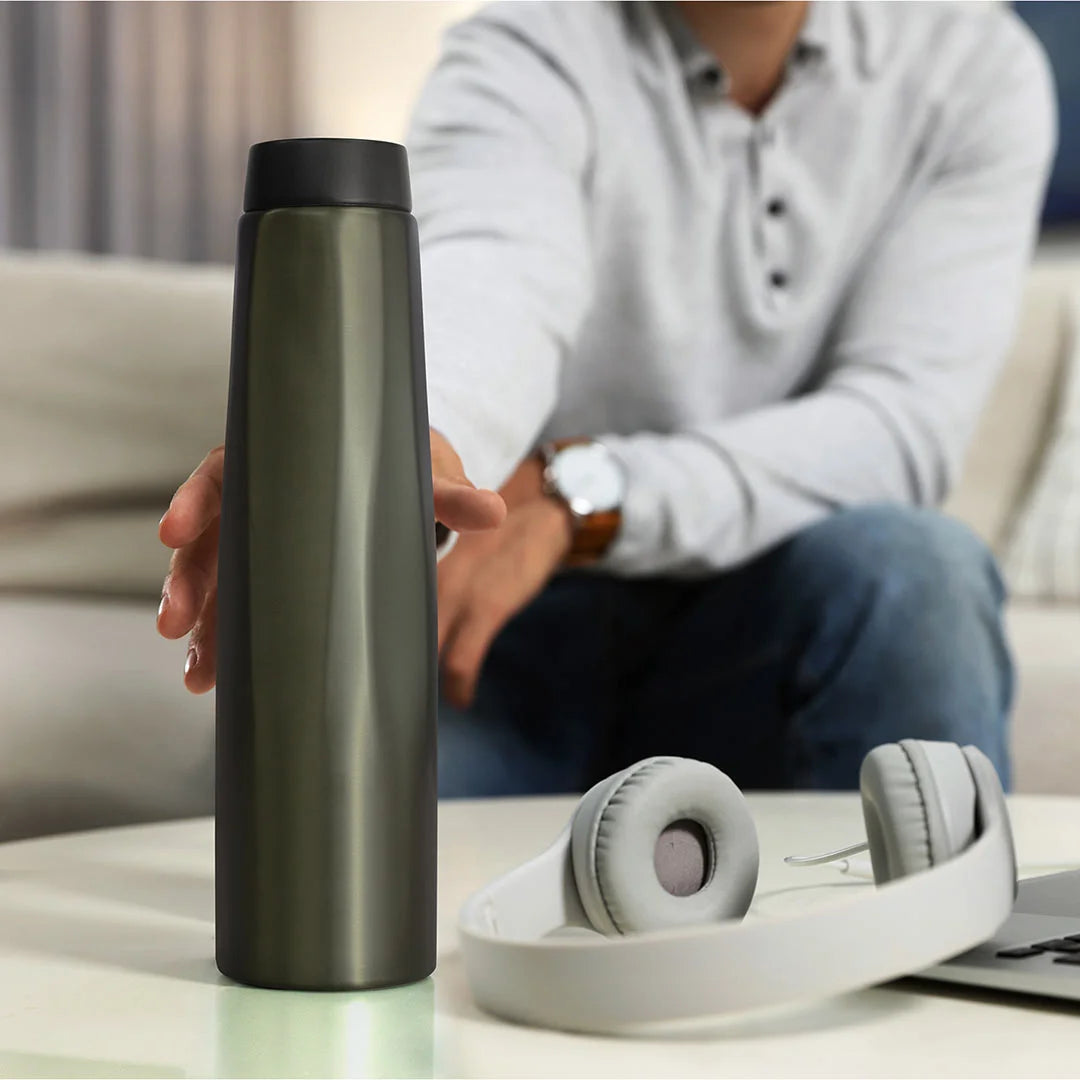
Shop the Trends Spice Calypso Bottle
Trends Spice Elegance Eco-Friendly Recycled Pen
The Trends Spice Elegance Pen is a small but powerful way to promote sustainability. Made from recycled materials, this pen offers a smooth writing experience and a sleek design. It's an excellent promotional item that underscores your brand's commitment to the environment. Ideal for store counters or onboarding merch packs.

Shop the Trends Spice Elegance Eco-Friendly Recycled Pen
AS Colour Recycled 21L Travel Backpack
Meet your new travel companion—the AS Colour Recycled Backpack. With a 21L capacity, it's perfect for weekend getaways or daily commutes. This backpack is designed to carry all your essentials without the bulk, making it a practical and stylish addition to any eco-conscious traveller's collection.

Shop the AS Colour Recycled 21L Travel Backpack
AS Colour Recycled Light 30L Duffel Bag
For those who need a bit more space, the AS Colour Recycled Duffel Bag is a fantastic choice. Lightweight yet spacious, this 30L duffel is perfect for gym sessions or weekend escapes. Its eco-conscious design and ample capacity make it a standout piece for any brand looking to make an impact.

Shop the AS Colour Recycled Light 30L Duffel Bag
These top-selling products from Mercha not only highlight your brand but also demonstrate a commitment to sustainability. Next, we'll tackle some common questions about custom sustainable apparel to help you make informed choices.
Frequently Asked Questions about Custom Sustainable Apparel
What materials are considered sustainable?
Sustainable materials are those that have a minimal impact on the environment during their production, use, and disposal. Common examples in apparel include:
Organic Cotton: Grown without harmful chemicals, organic cotton is a top choice for eco-friendly clothing. It's certified by the Global Organic Textile Standard (GOTS), ensuring both ecological and social criteria are met.
Recycled Polyester (rPET): Made by repurposing existing plastic, rPET reduces waste and energy consumption compared to traditional polyester.
Hemp: This plant-based fabric is incredibly eco-friendly, requiring less water and land than cotton while producing more fiber per acre.
Bamboo: Known for its rapid growth, bamboo is a sustainable resource that is naturally antibacterial and odor-resistant.
Tencel: Derived from wood pulp, Tencel is produced using a closed-loop process that recycles solvents, making it a sustainable option.
How does custom sustainable apparel benefit the environment?
Choosing custom sustainable apparel offers several environmental benefits:
Reduced Waste: By using recycled and organic materials, sustainable apparel helps cut down on waste and pollution. This aligns with zero-waste goals and reduces landfill contributions.
Lower Carbon Footprint: Sustainable practices often involve energy-efficient production methods and renewable energy sources, contributing to a lower carbon footprint.
Promotes Biodiversity: Using eco-friendly materials like organic cotton and hemp supports biodiversity by avoiding harmful pesticides and chemicals that can damage ecosystems.
Encourages Responsible Consumption: By offering durable and long-lasting products, sustainable apparel encourages consumers to buy less and choose quality over quantity.
What are the latest trends in eco-friendly clothing design?
The world of eco-friendly clothing is constantly evolving. Here are some current trends:
Virtual Tailoring and 3D Technology: Brands like Rhone are using 3D technology for a perfect fit, reducing waste from ill-fitting garments and returns.
Regenerative Fabrics: New materials that regenerate the environment they are grown in, like certain types of organic cotton, are gaining popularity.
Minimalist Design: Simple, timeless designs that never go out of style help reduce the need for frequent purchases.
Multi-functional Apparel: Clothing items that serve multiple purposes, like Mercha's ICON Kris Tote Bag, are in demand for their versatility and practicality.
Understanding these elements can help you make informed decisions when designing or purchasing custom sustainable apparel. Now, let's explore more about how these choices align with Mercha's sustainable practices.
Merch You'll Want to Wear Out, Not Throw Out
At Mercha, we are committed to a sustainable future. Our focus on sustainable practices and eco-friendly products is at the heart of everything we do. By offering an easy online platform, we empower businesses to order and customise high-quality branded merchandise that reflects their commitment to the environment.
Eco-friendly products are more than just a trend—they are a necessary step towards a healthier planet. By choosing products made from sustainable materials, such as organic cotton and recycled polyester, we reduce waste and lower our carbon footprint. These materials not only provide durability and comfort but also support biodiversity and promote responsible consumption.
Our approach to sustainability goes beyond materials. We prioritise ethical production practices, ensuring fair treatment and safe working conditions for everyone involved in the manufacturing process. This holistic approach ensures that our products are not only good for the planet but also for the people who make them.
Mercha's top-selling products, like the ICON Kris Tote Bag and Trends Spice Calypso Bottle, are perfect examples of how sustainability and style can go hand in hand. These items are designed to be durable and versatile, making them ideal for businesses looking to make a positive impact with their branded merchandise.
By choosing Mercha, you're not just getting quality products—you're supporting a movement towards a more sustainable and eco-conscious world. We invite you to explore our collection of eco-friendly and sustainable promotional products and join us in making a difference.
Together, we can design a future where sustainability is the norm, not the exception.



